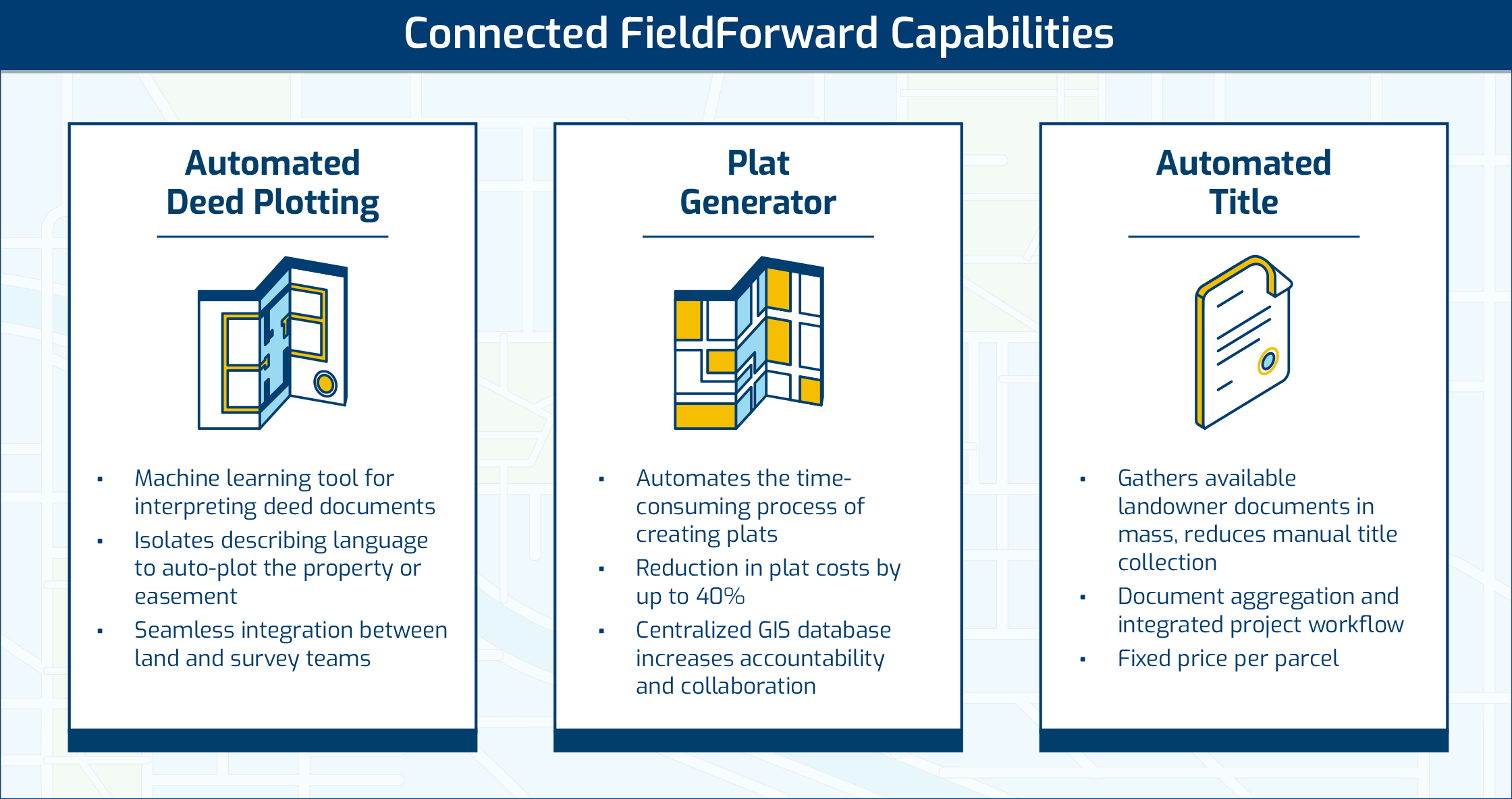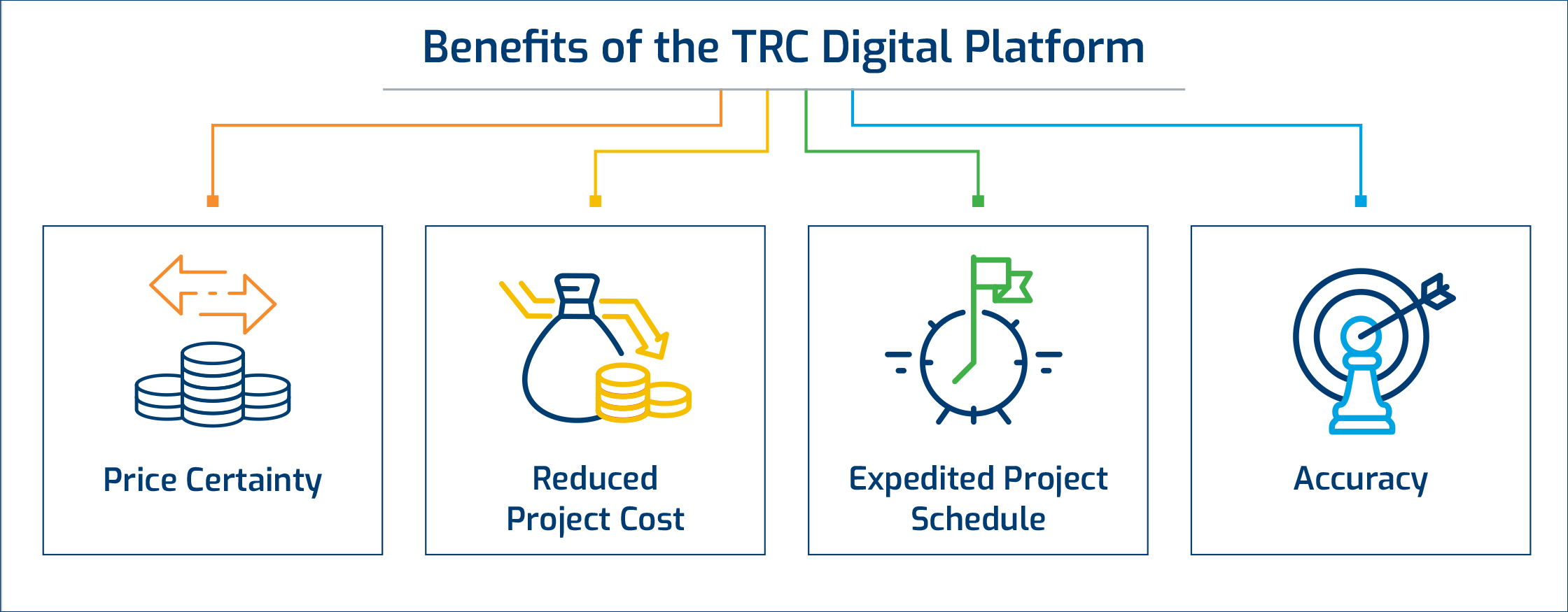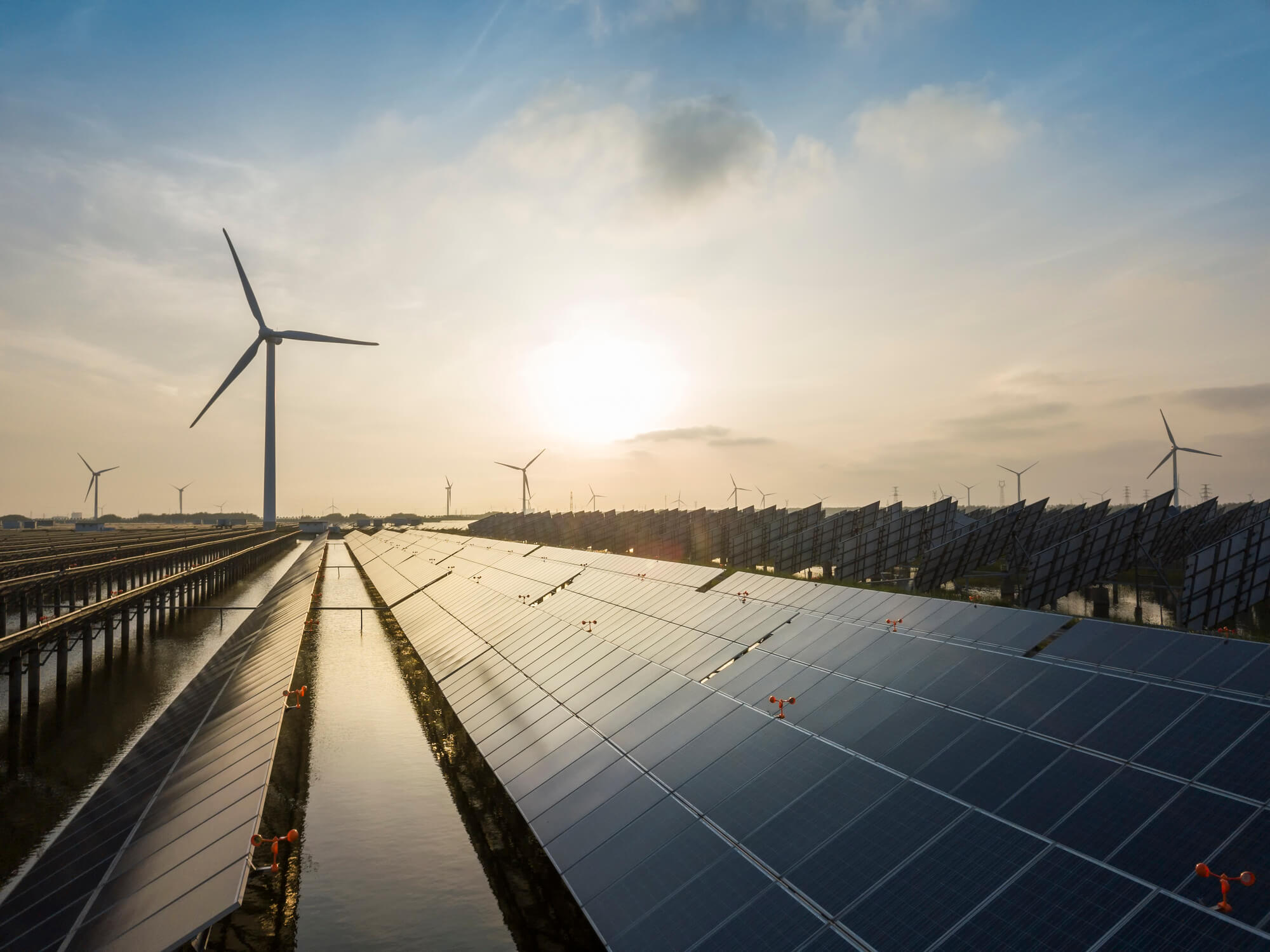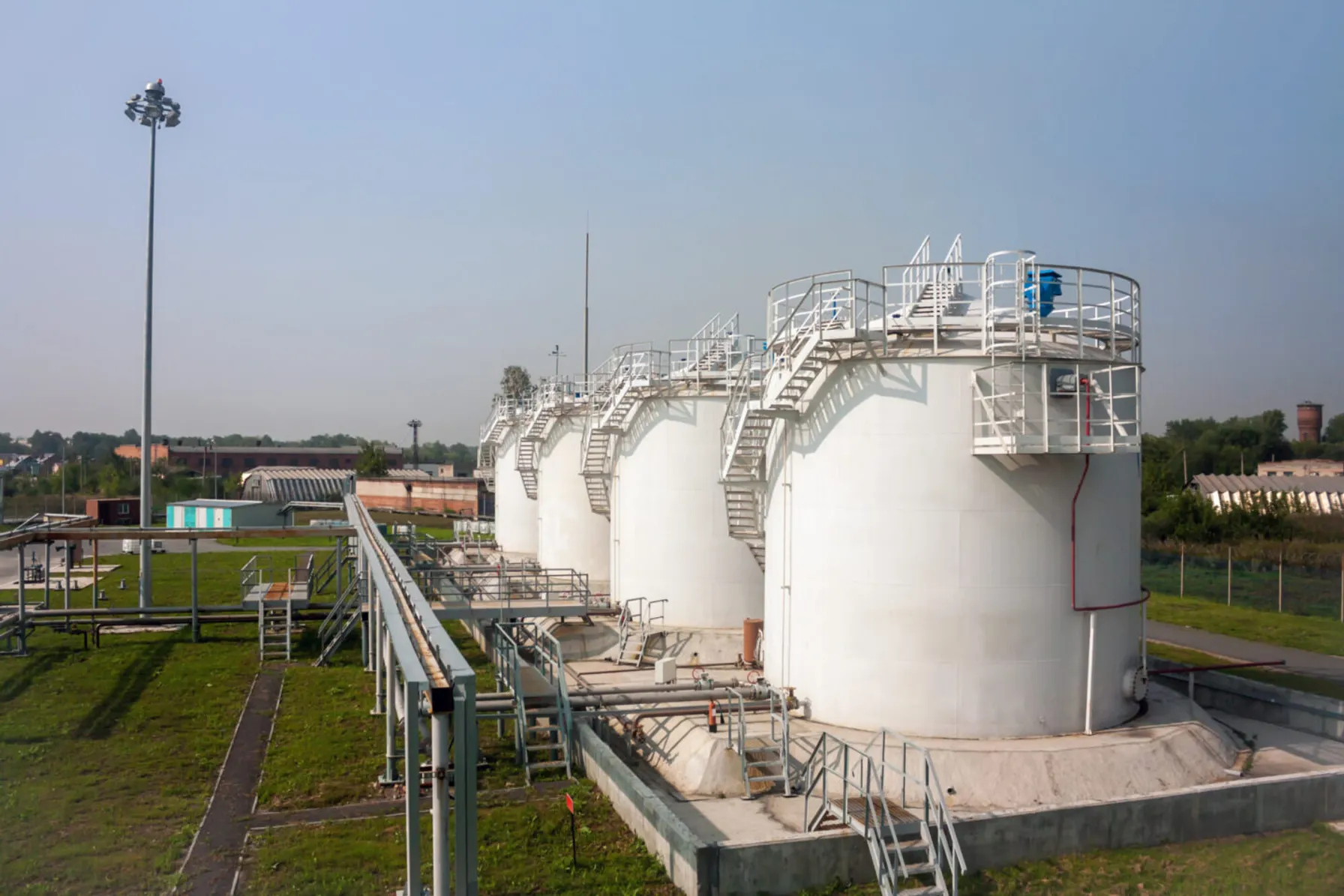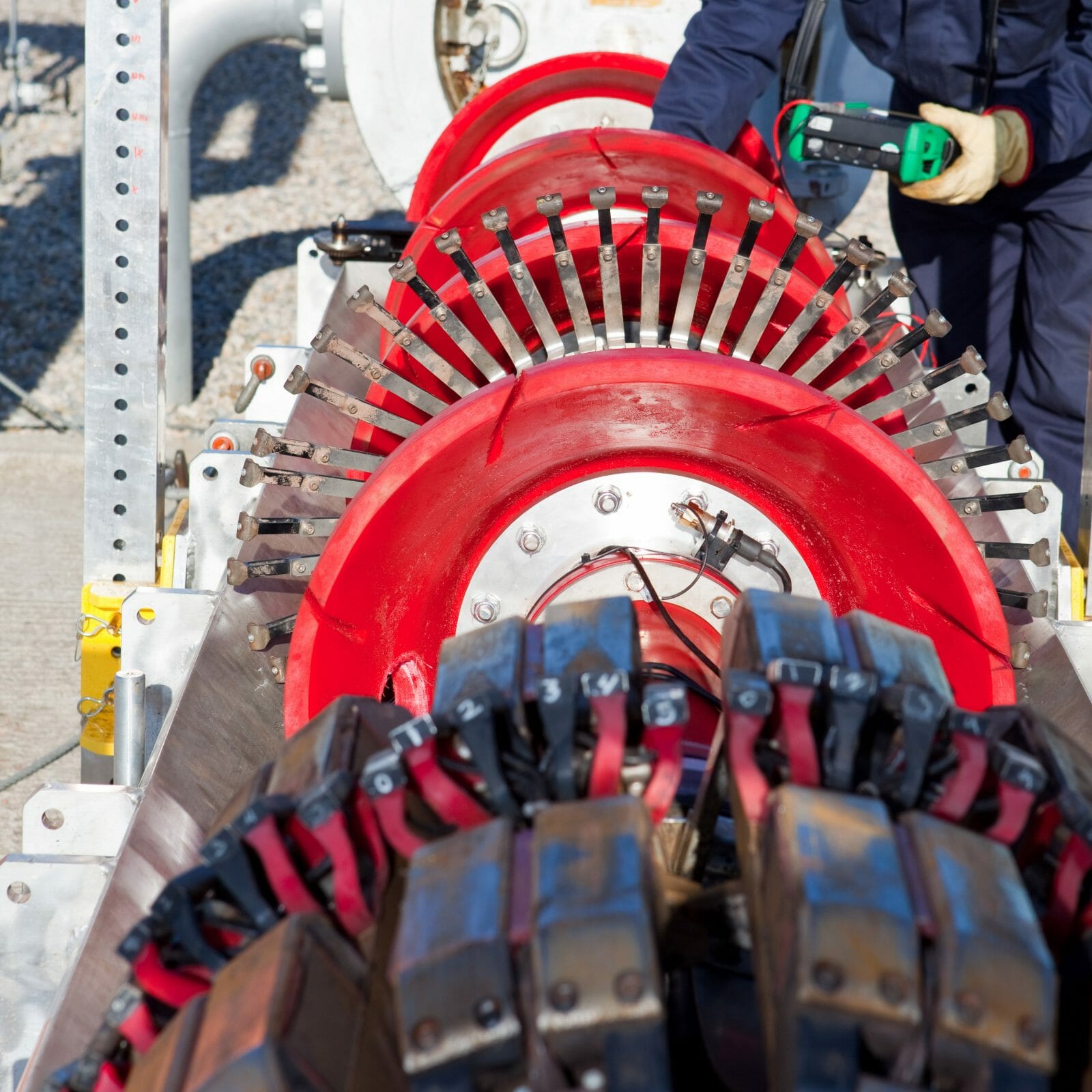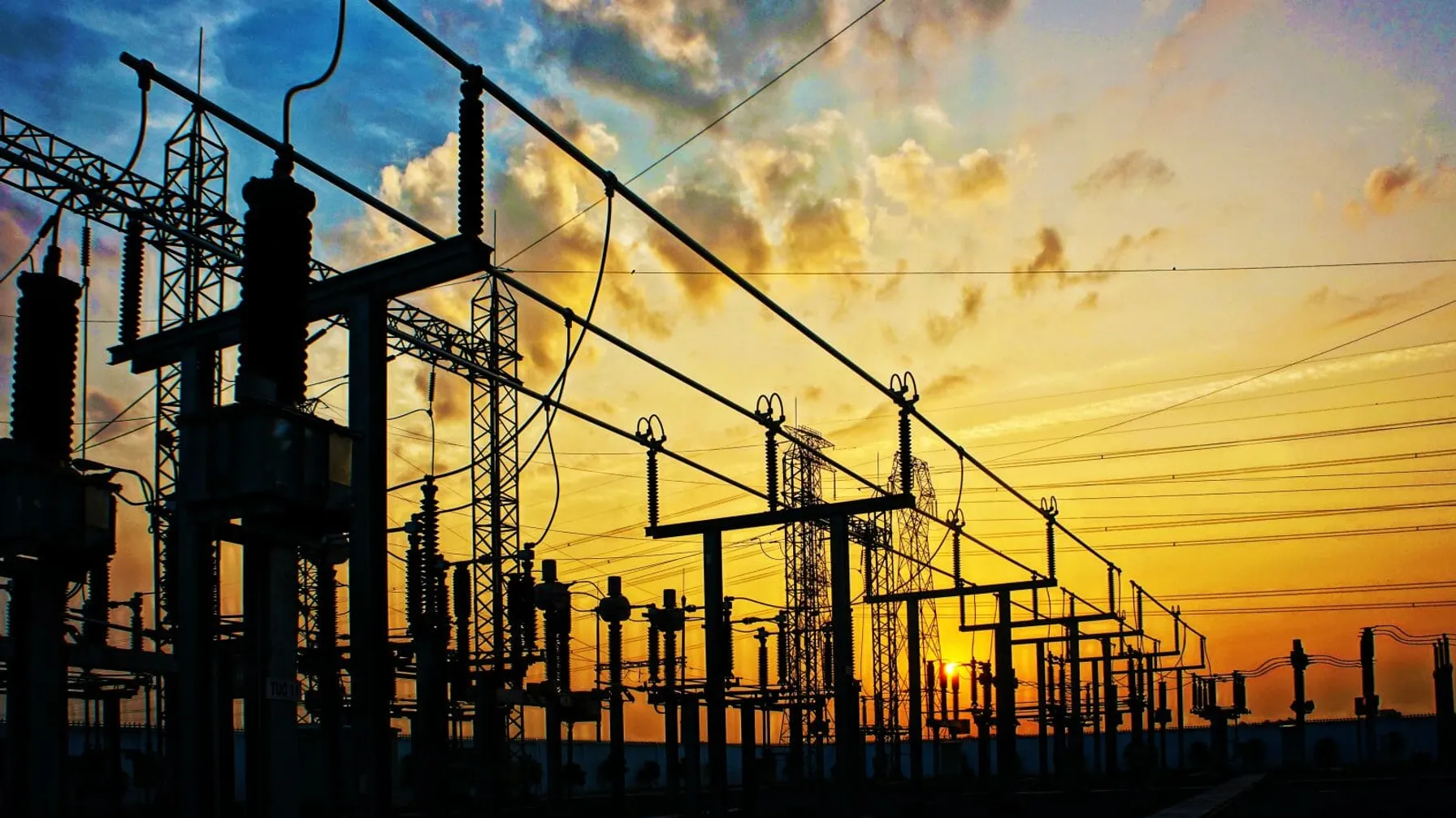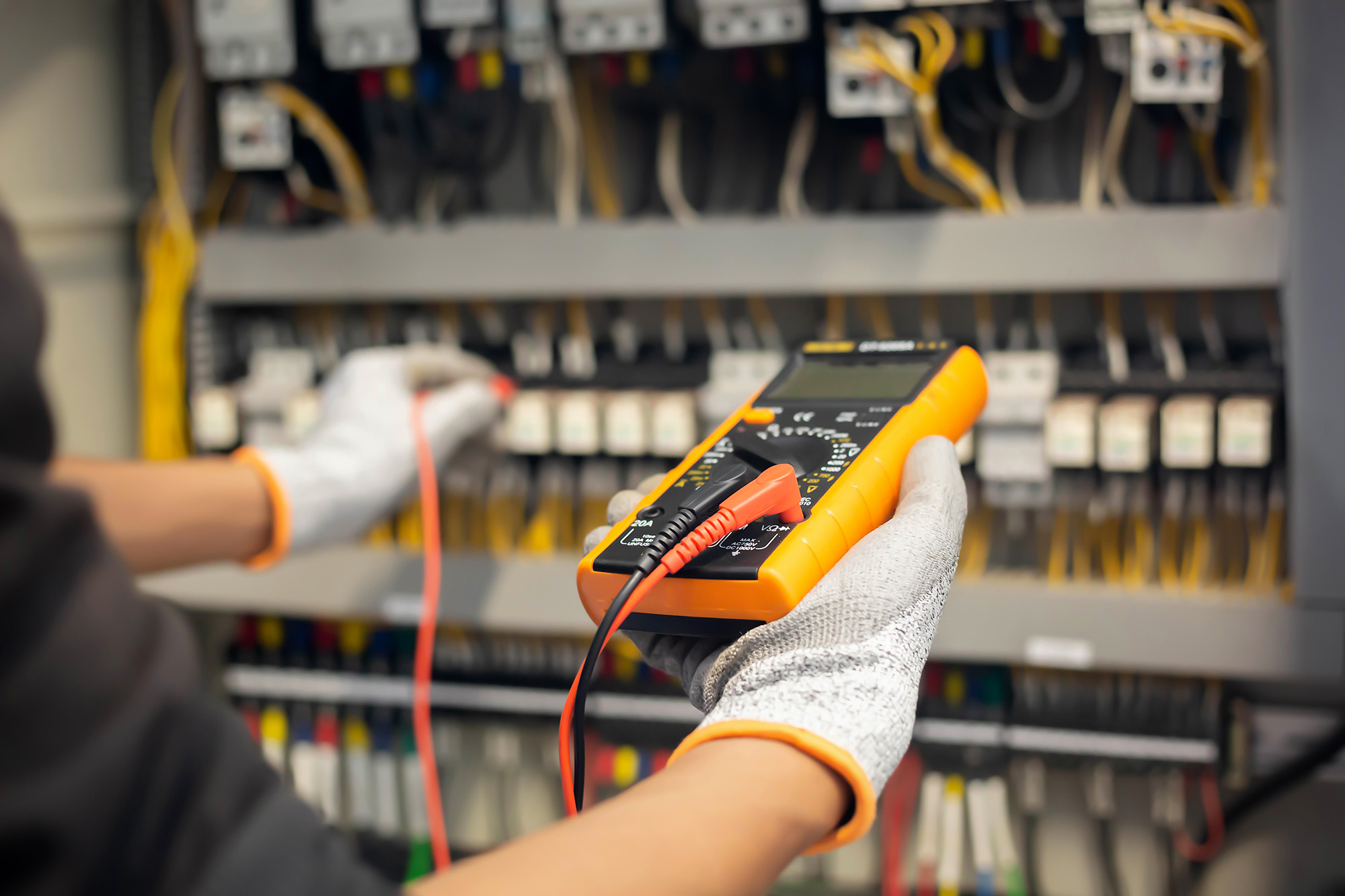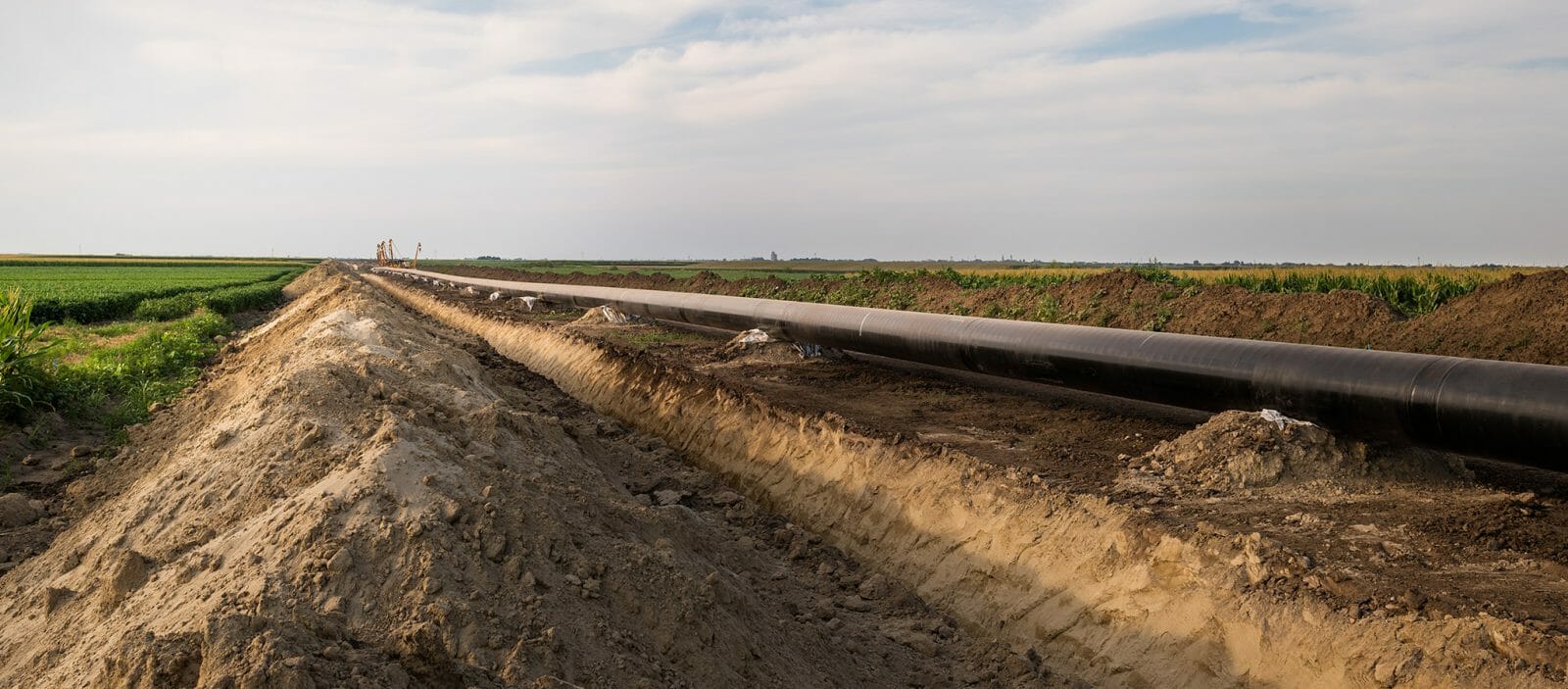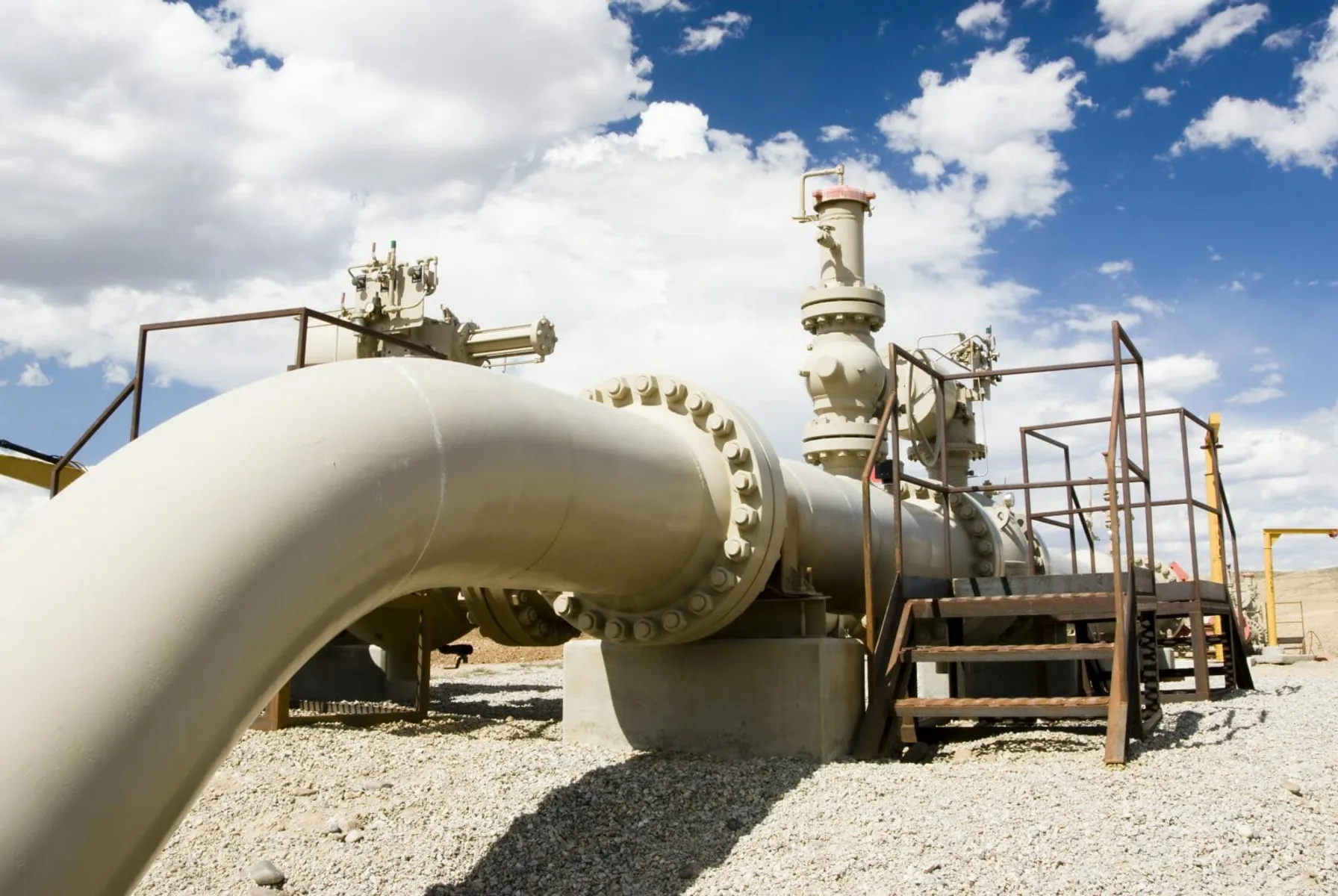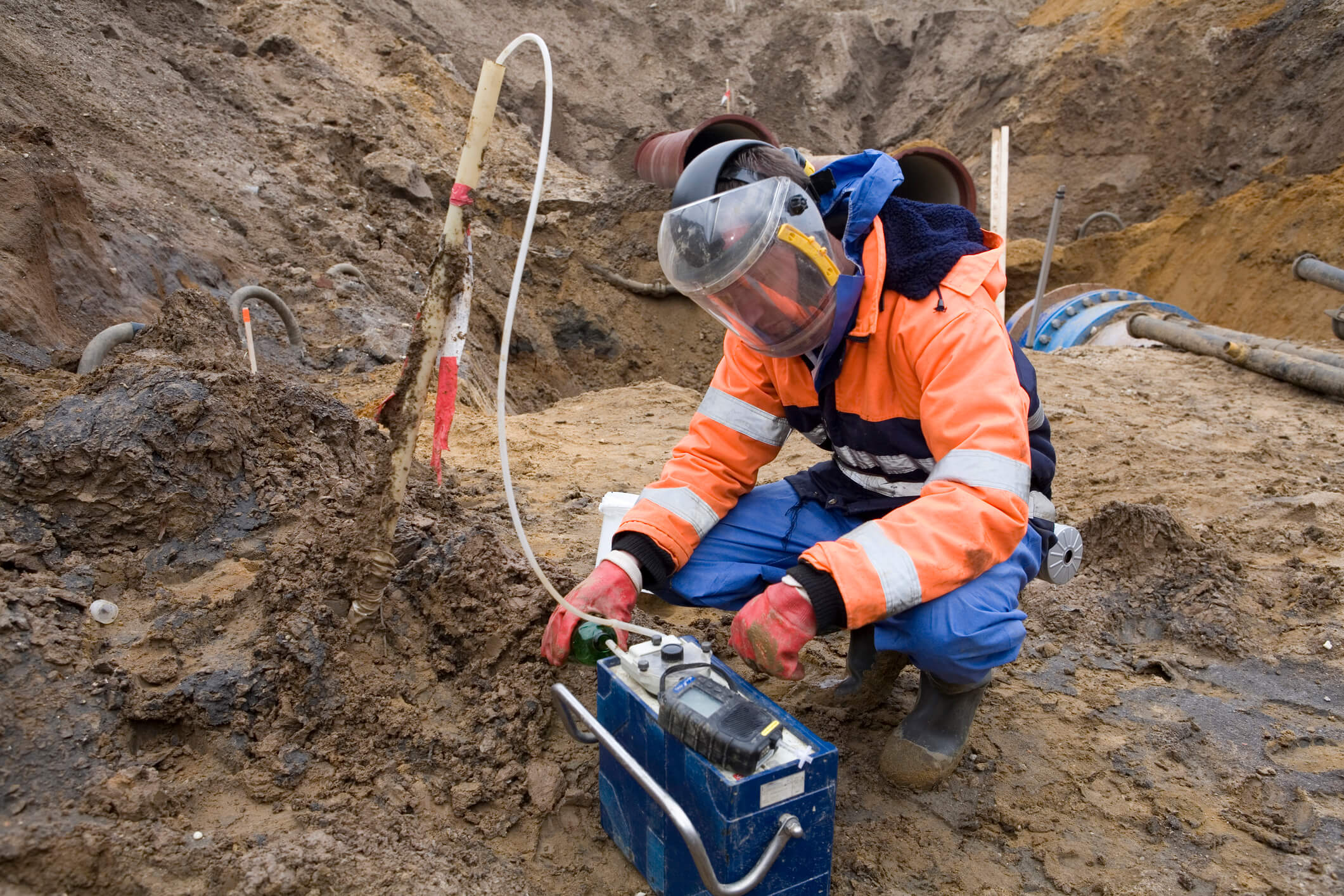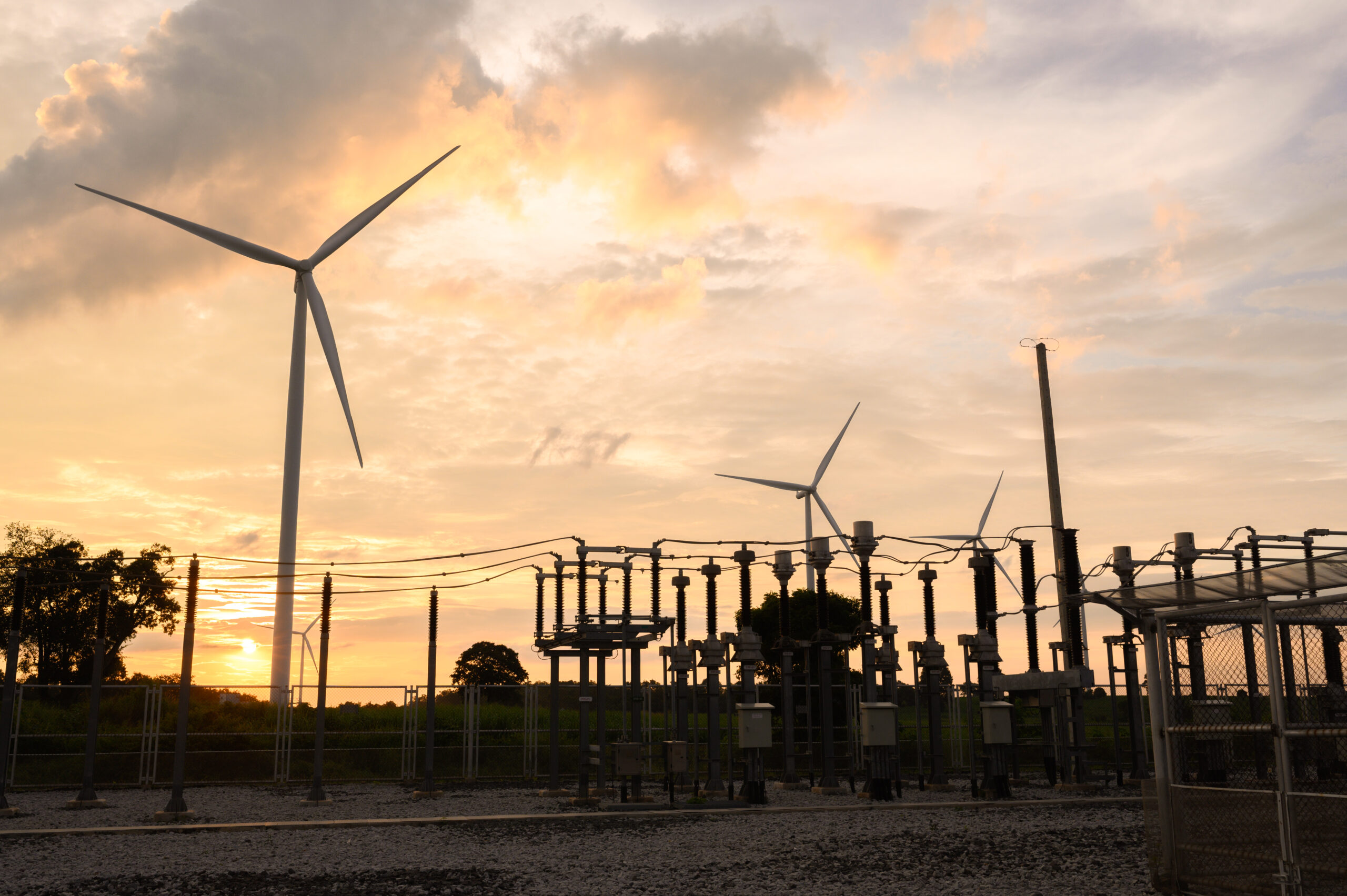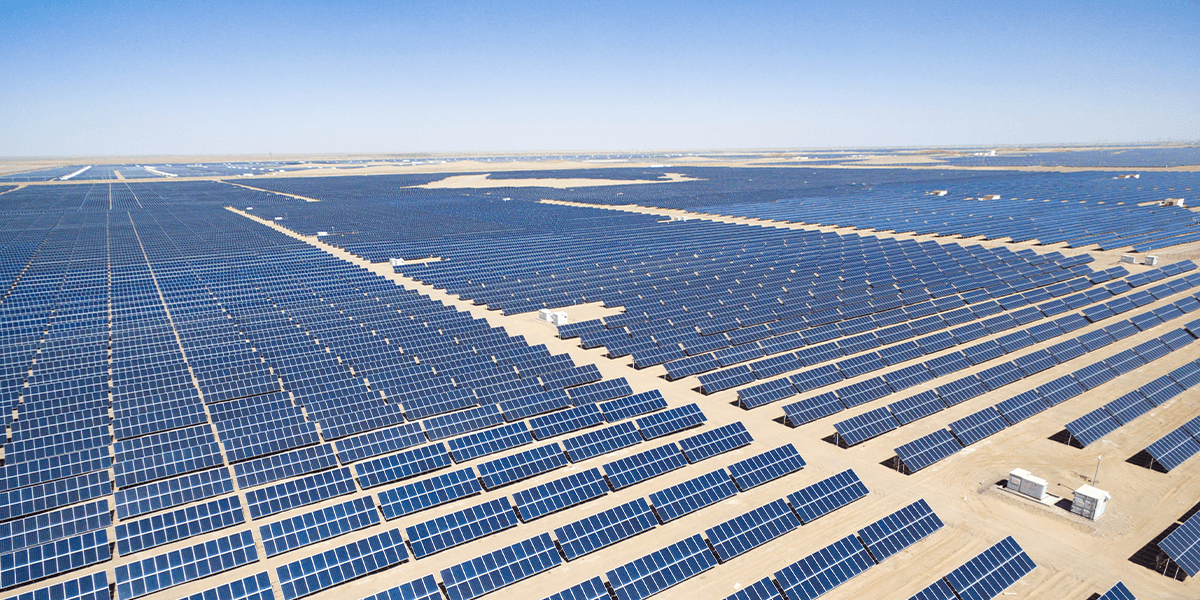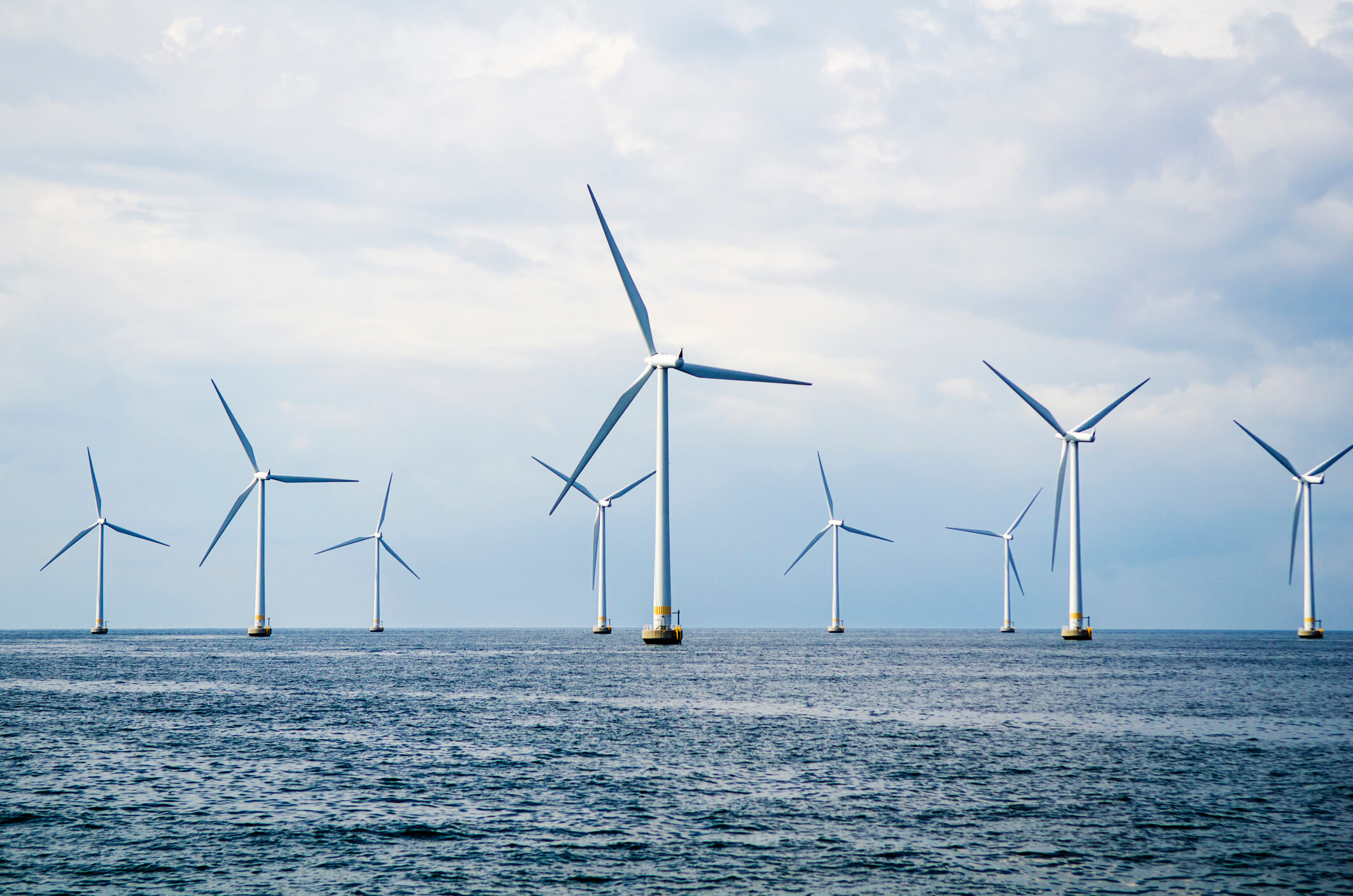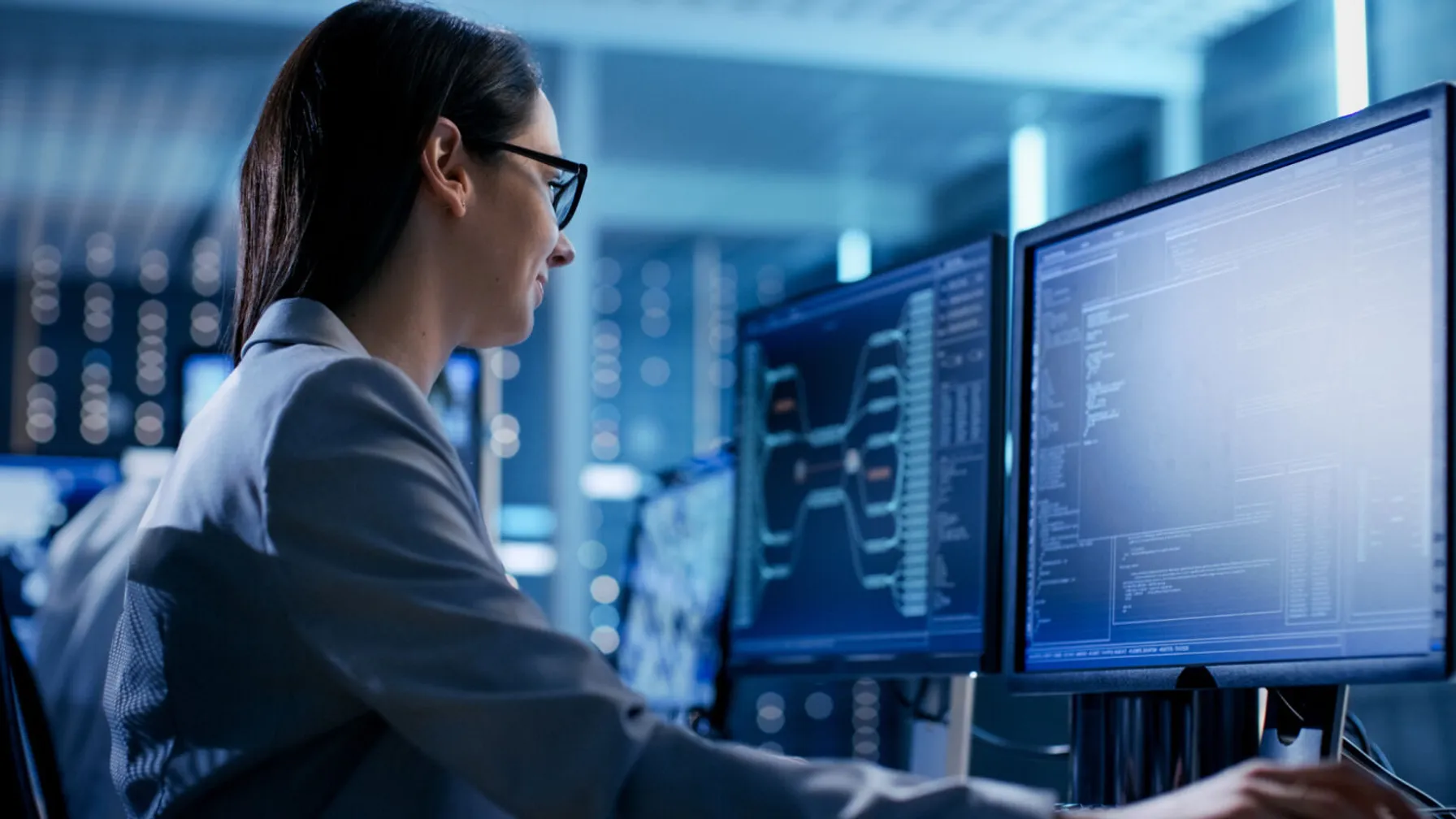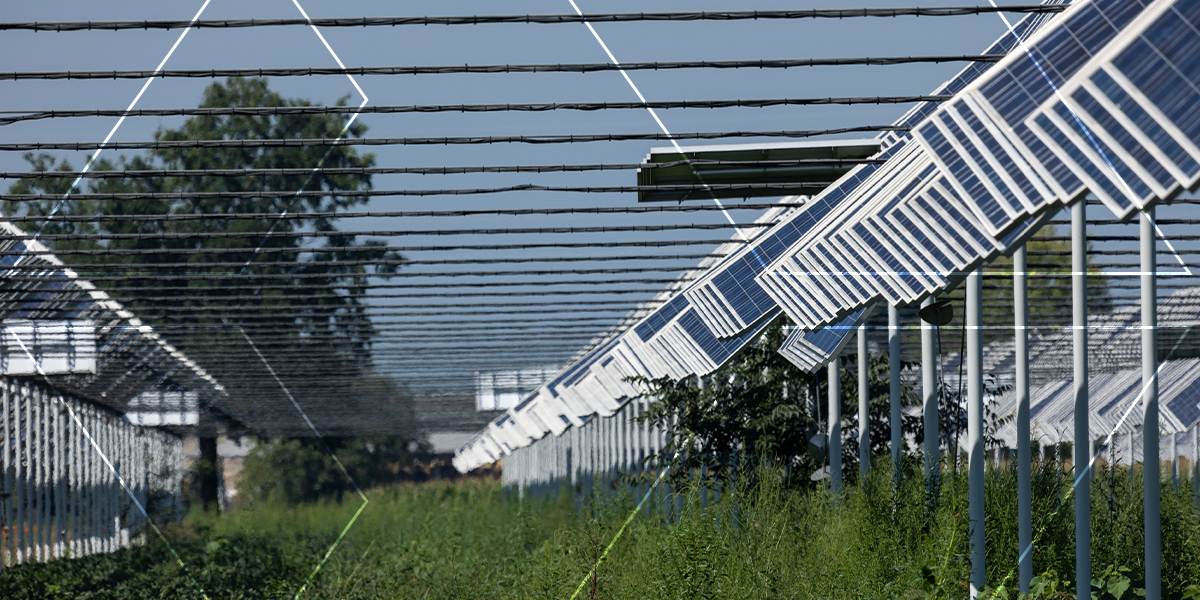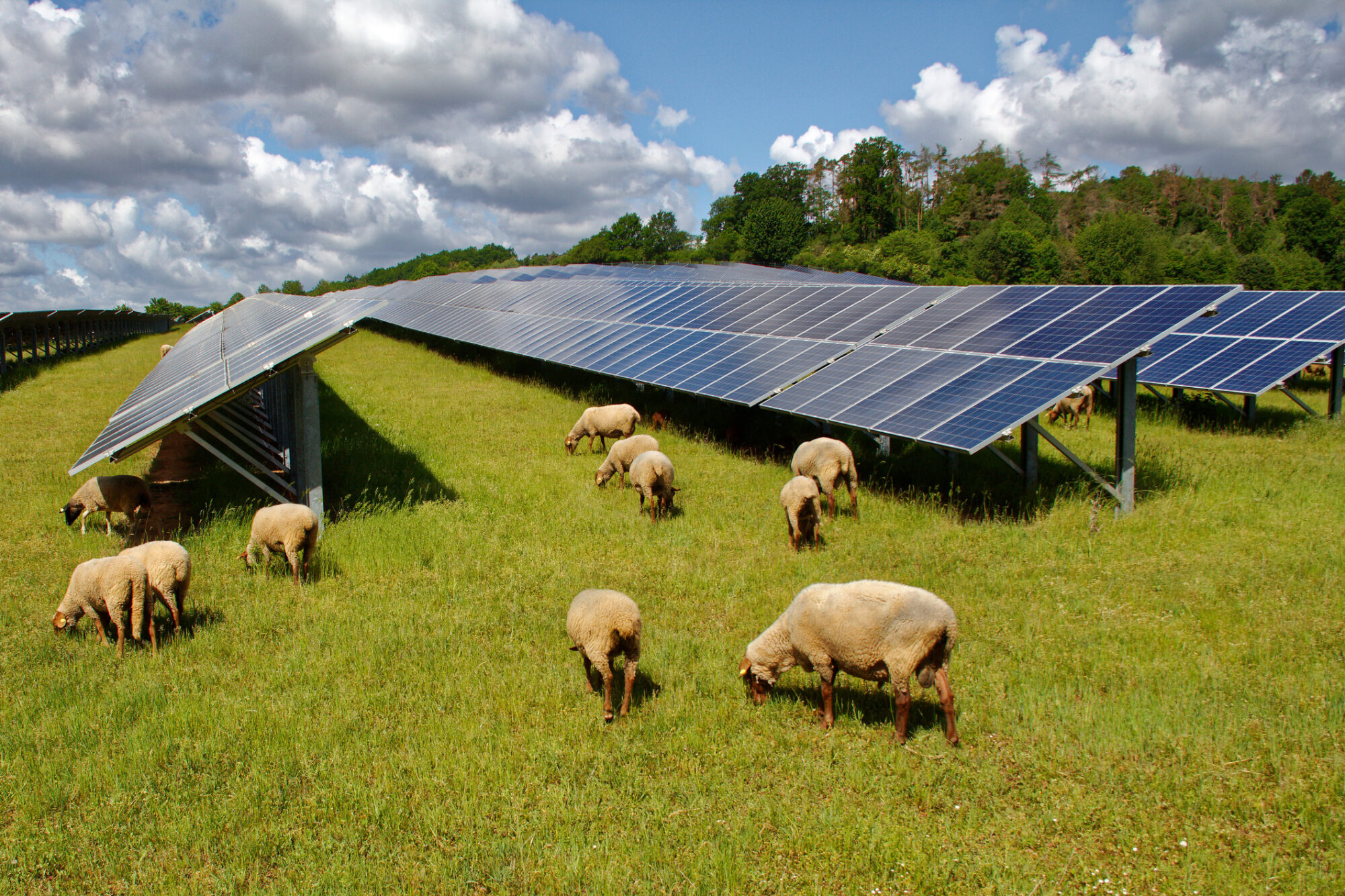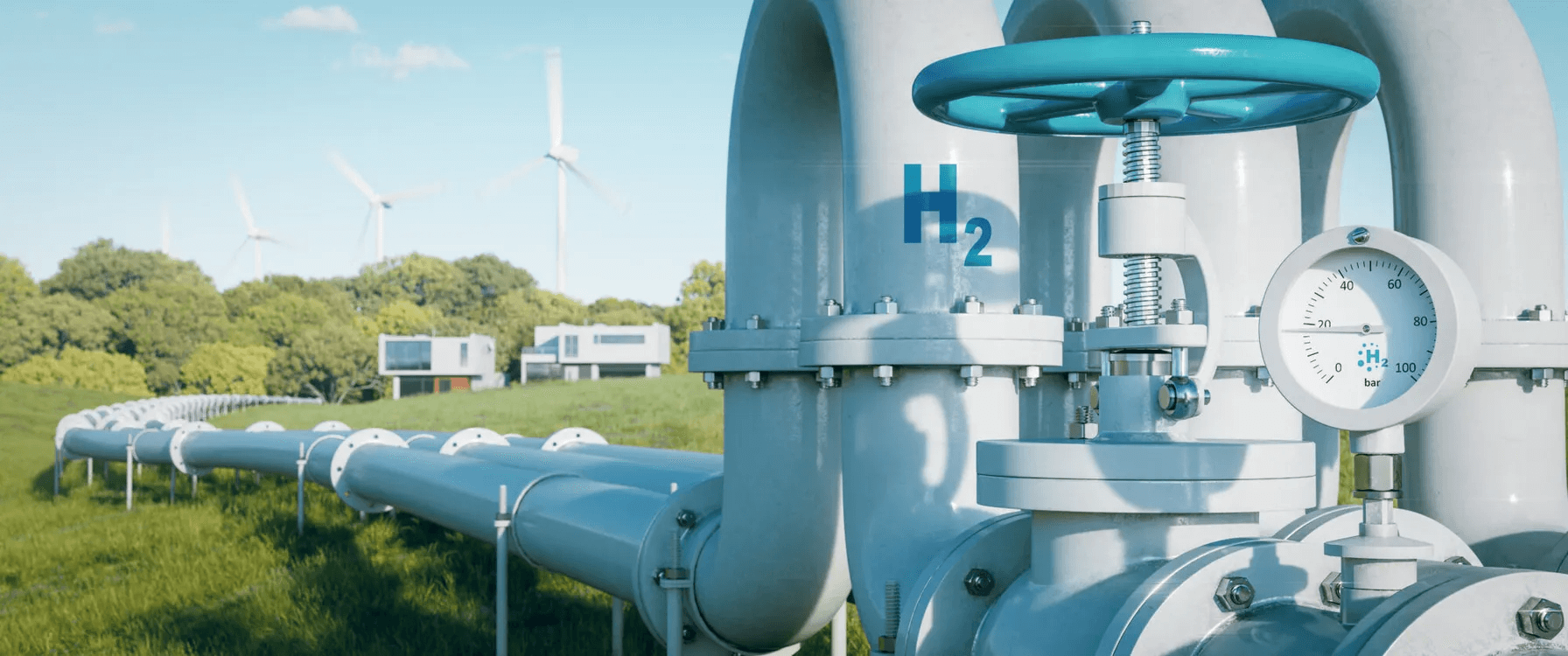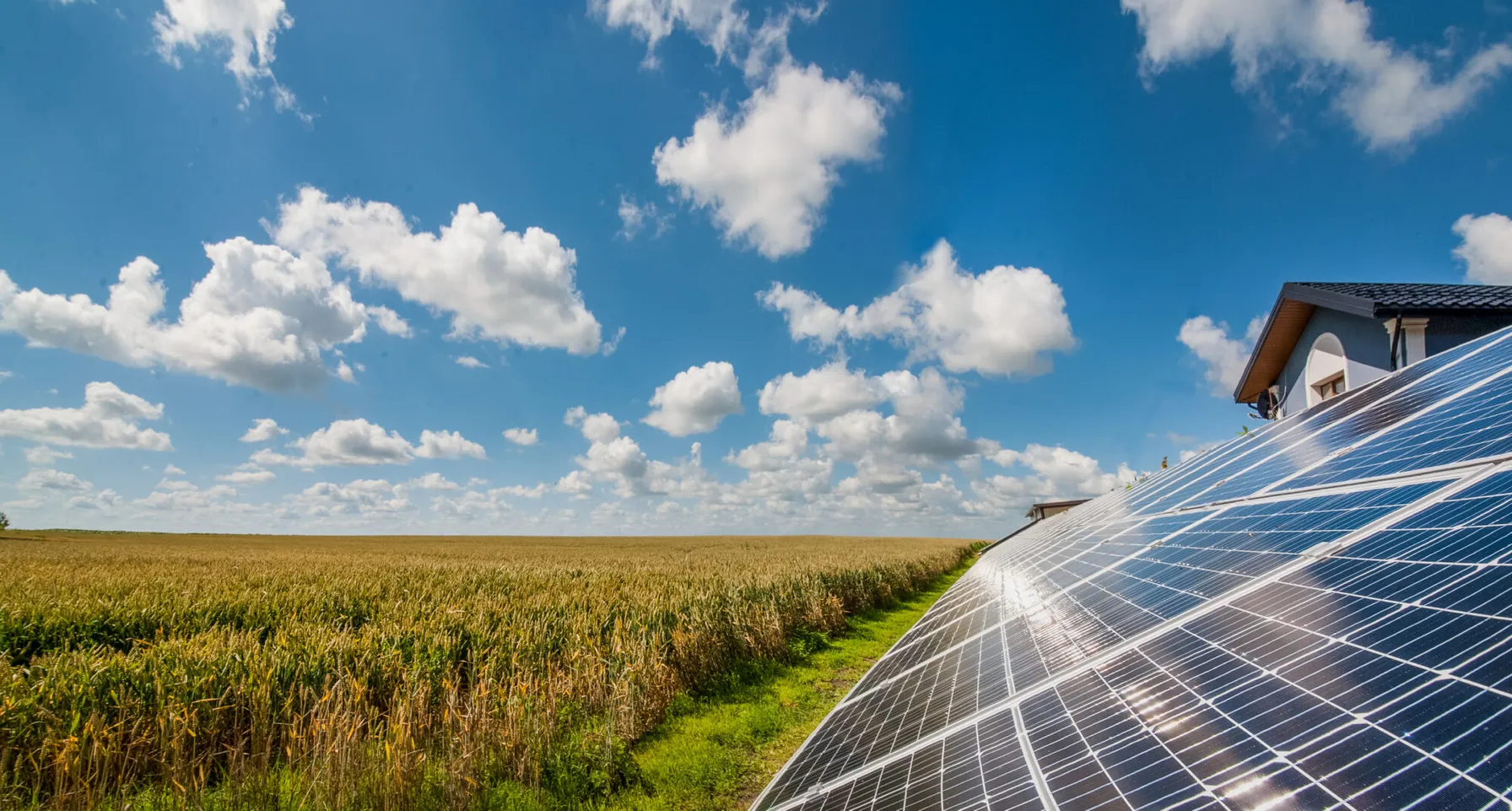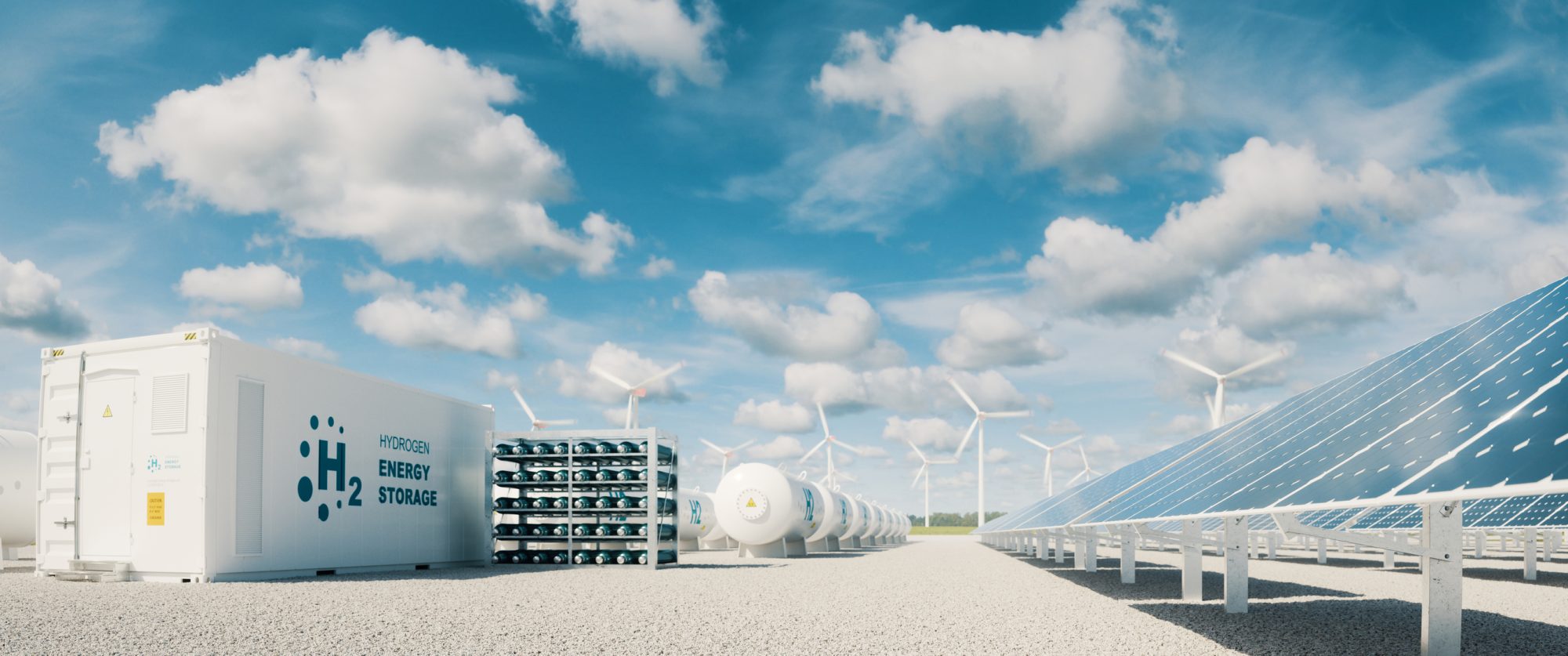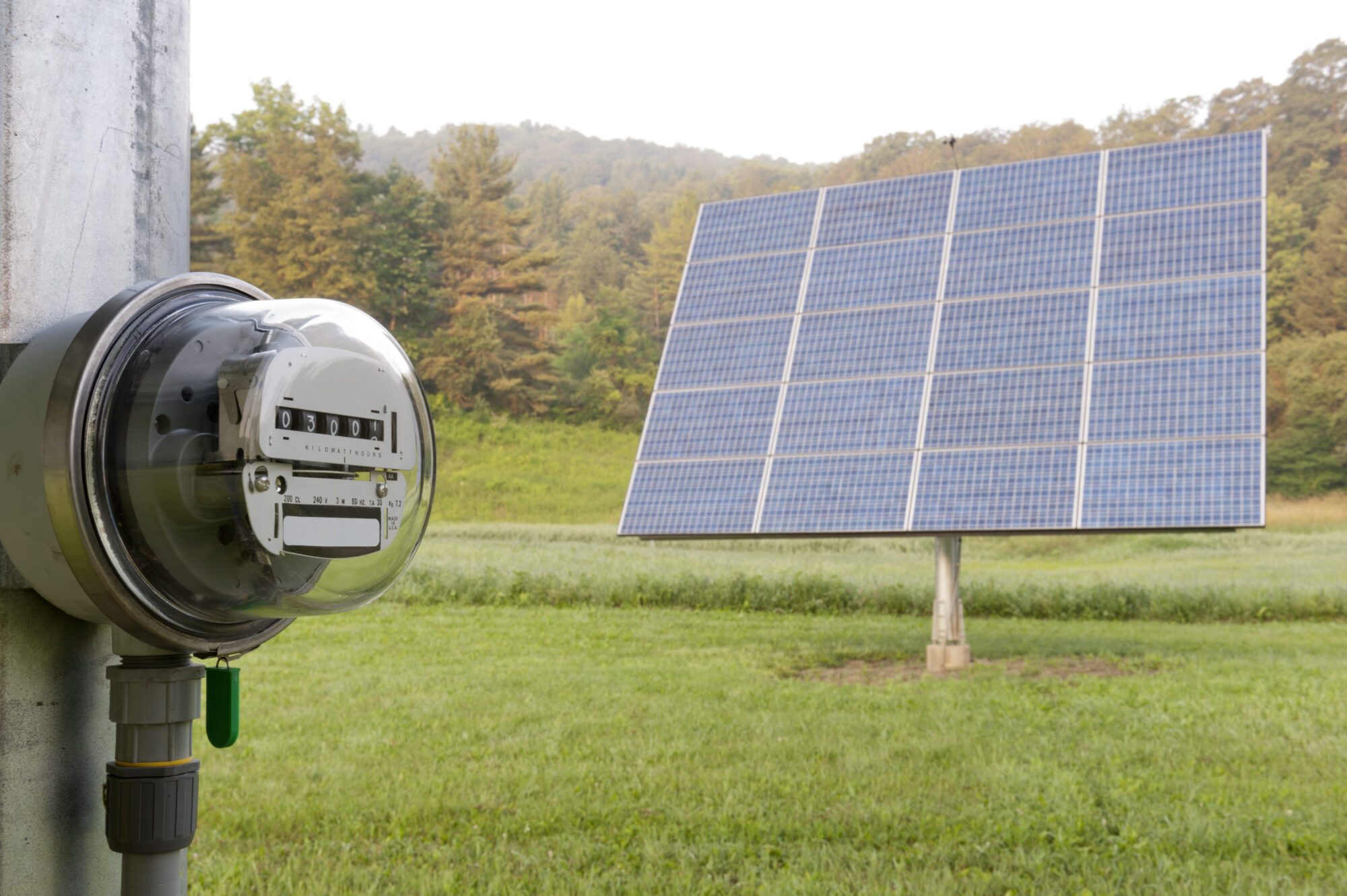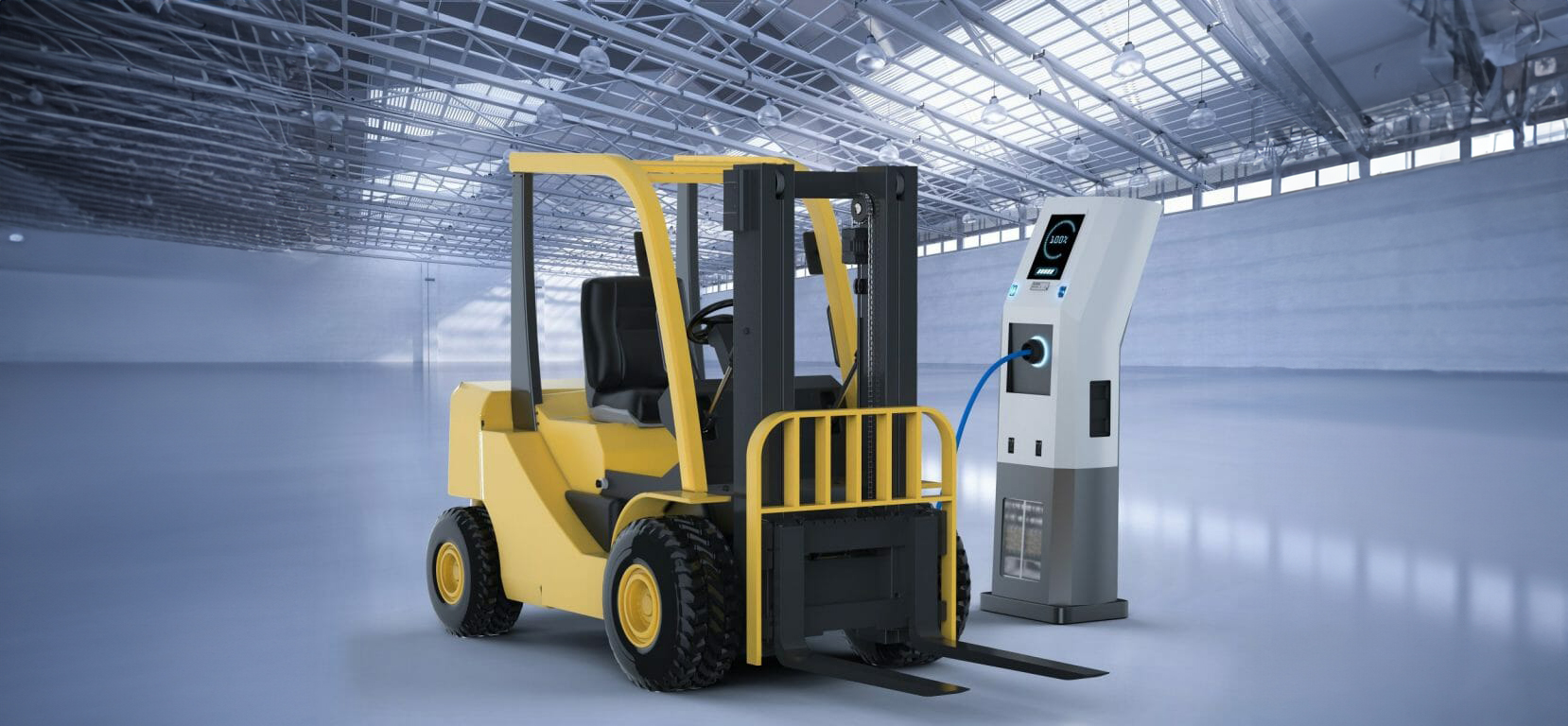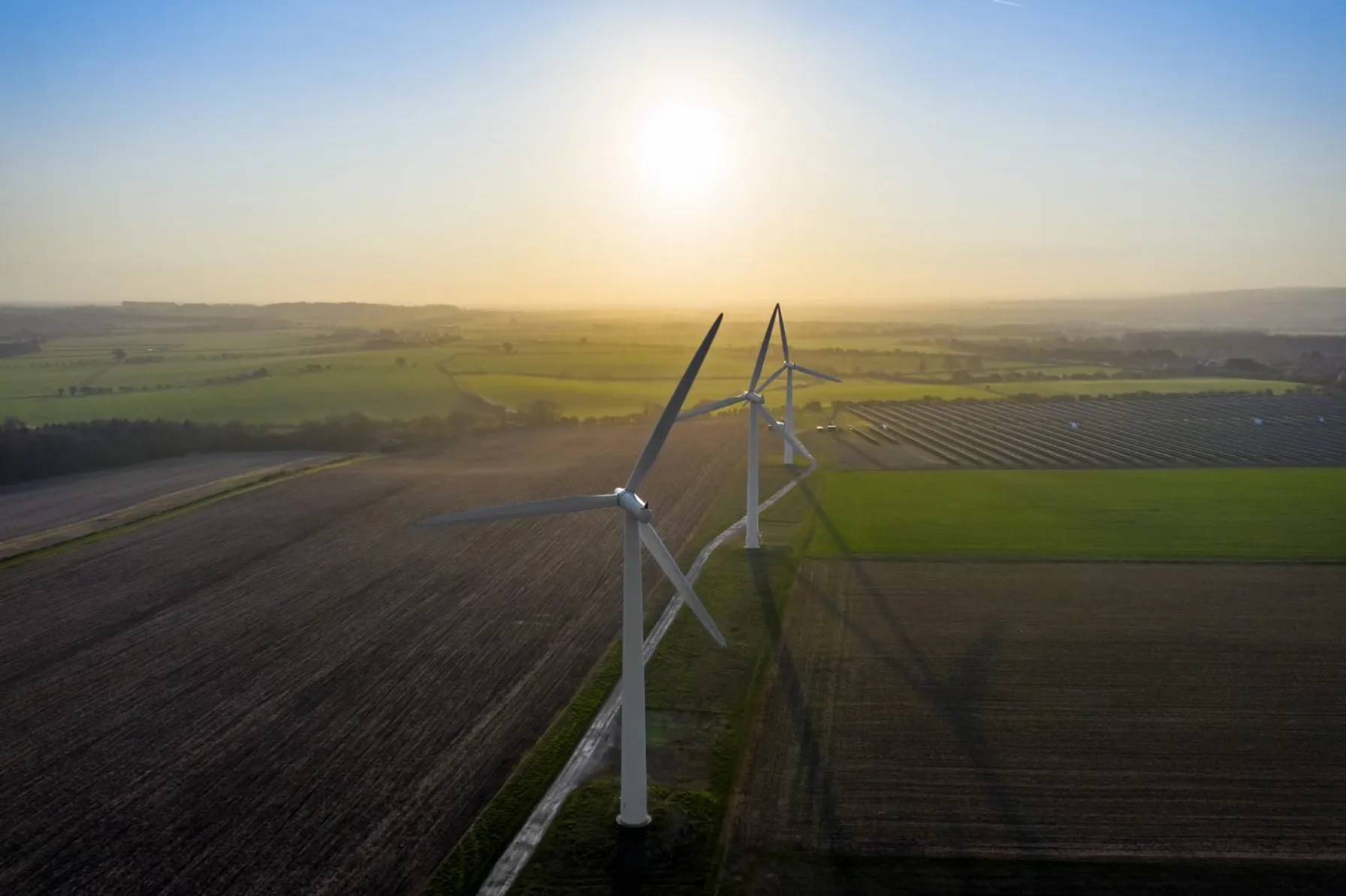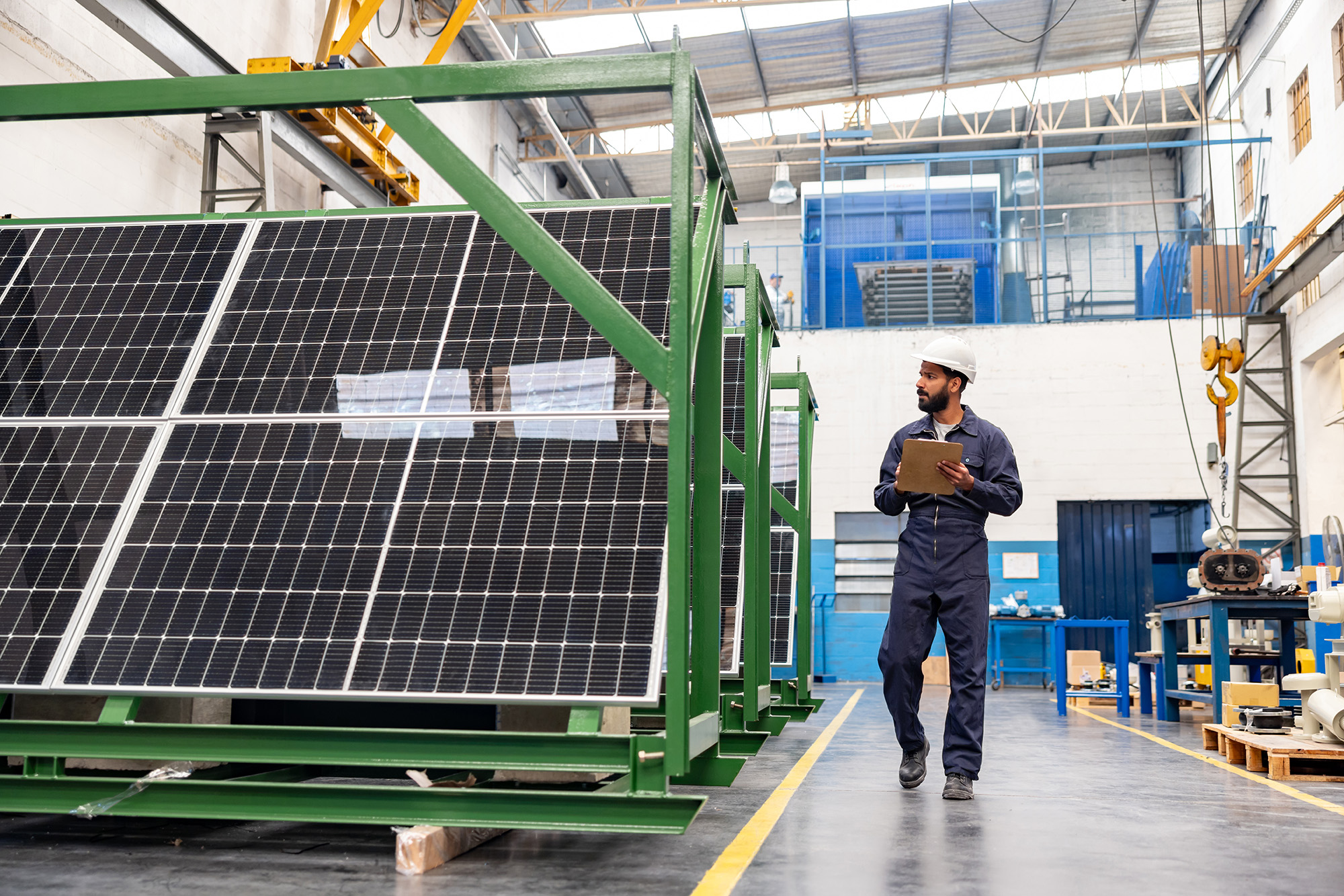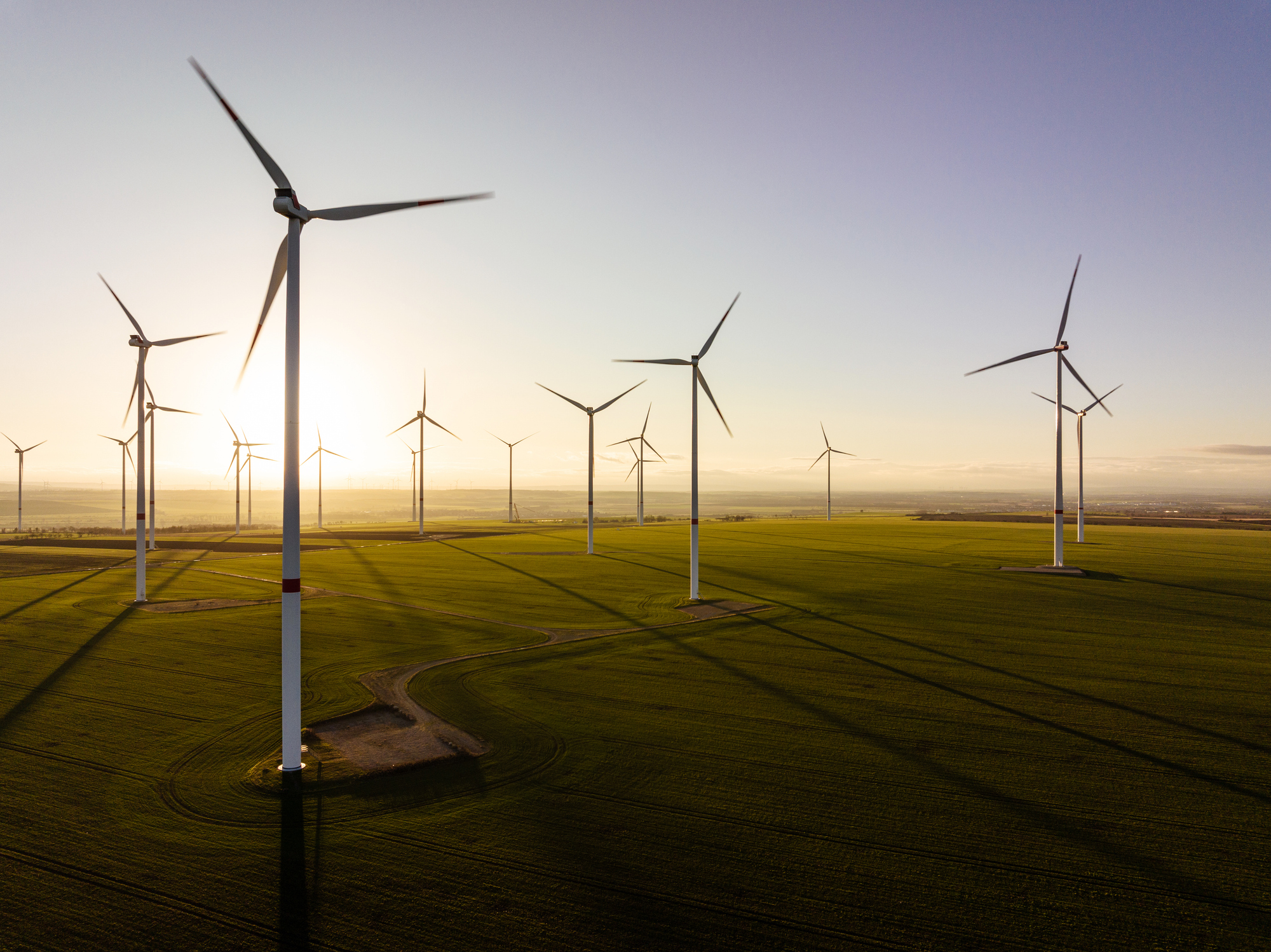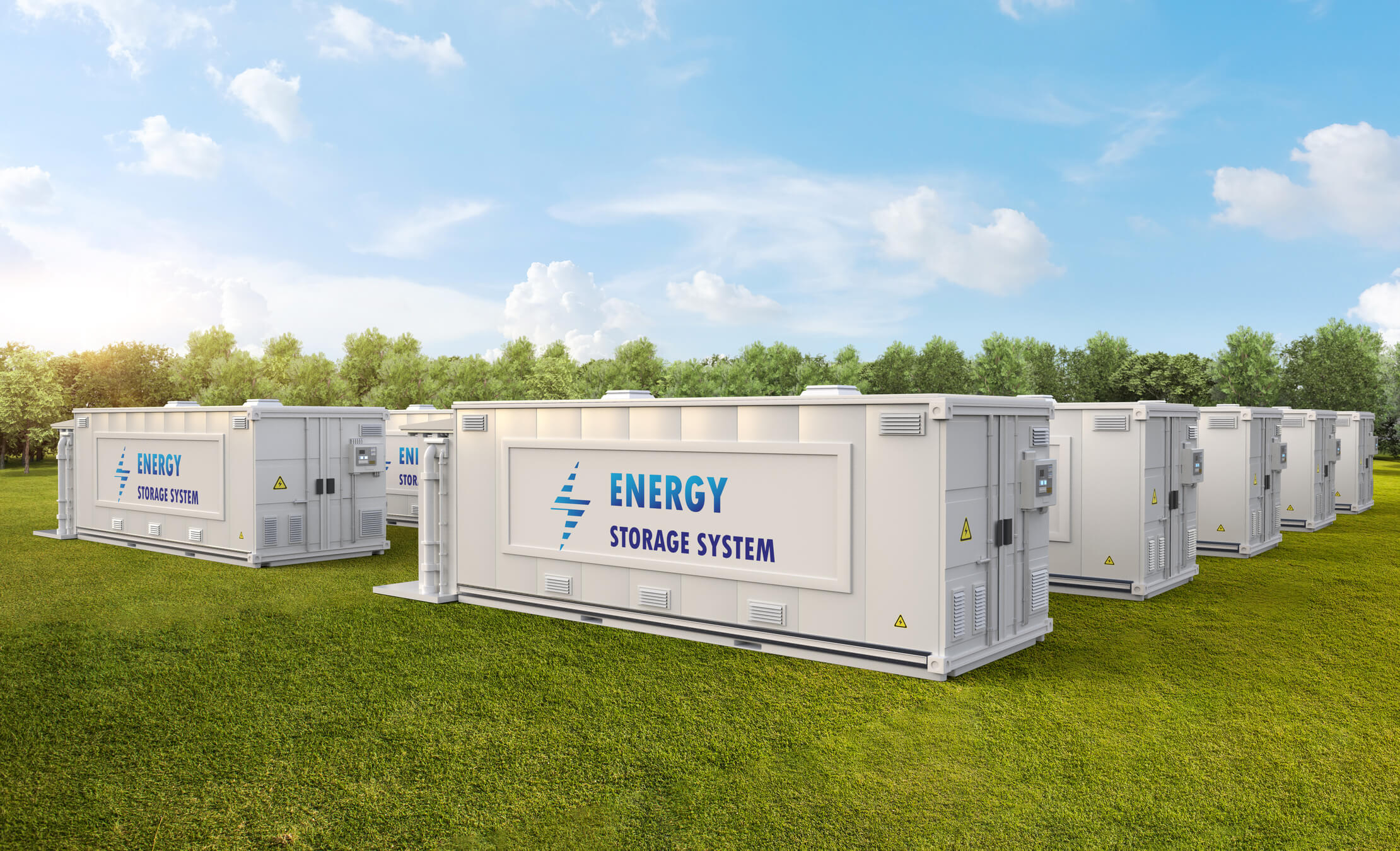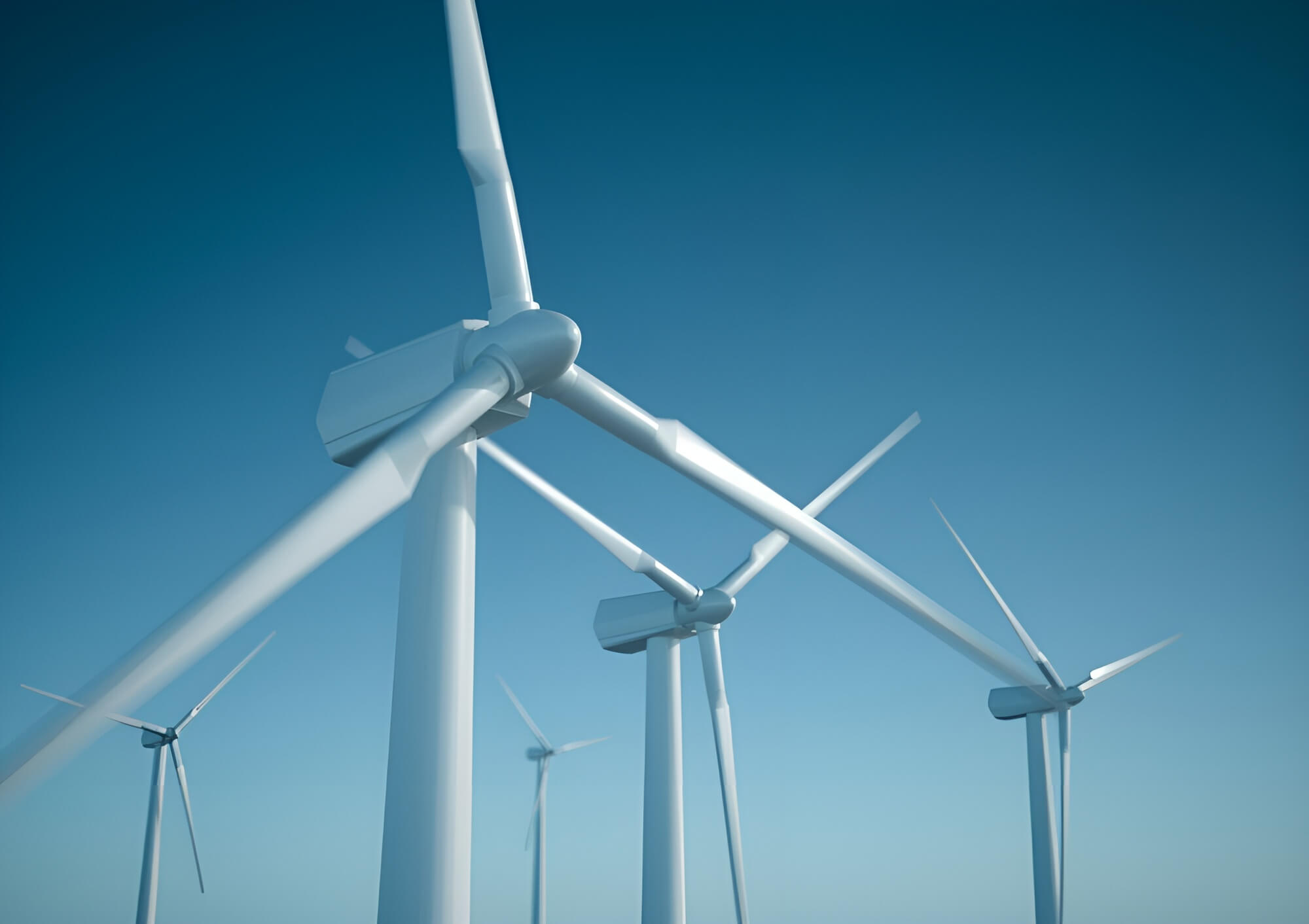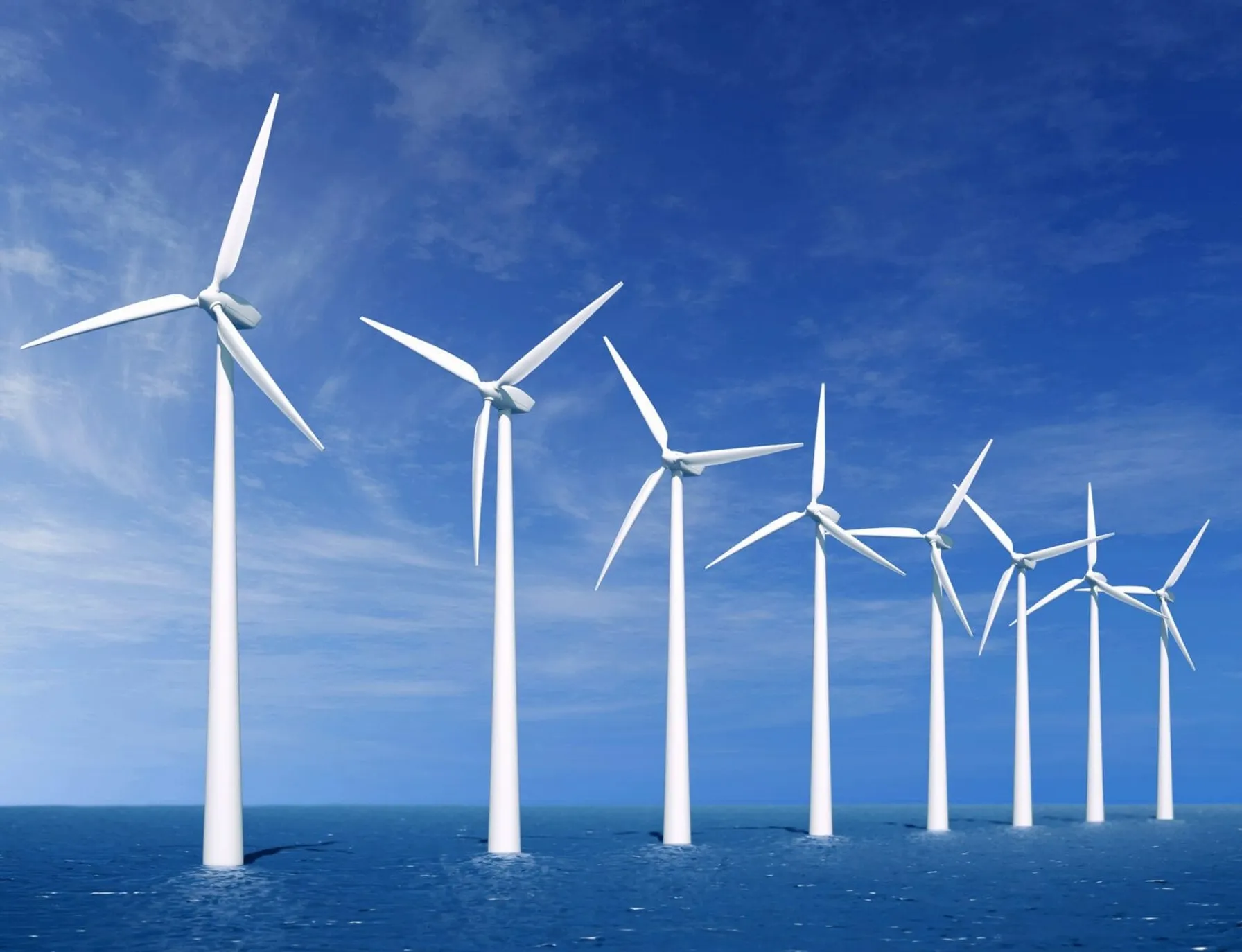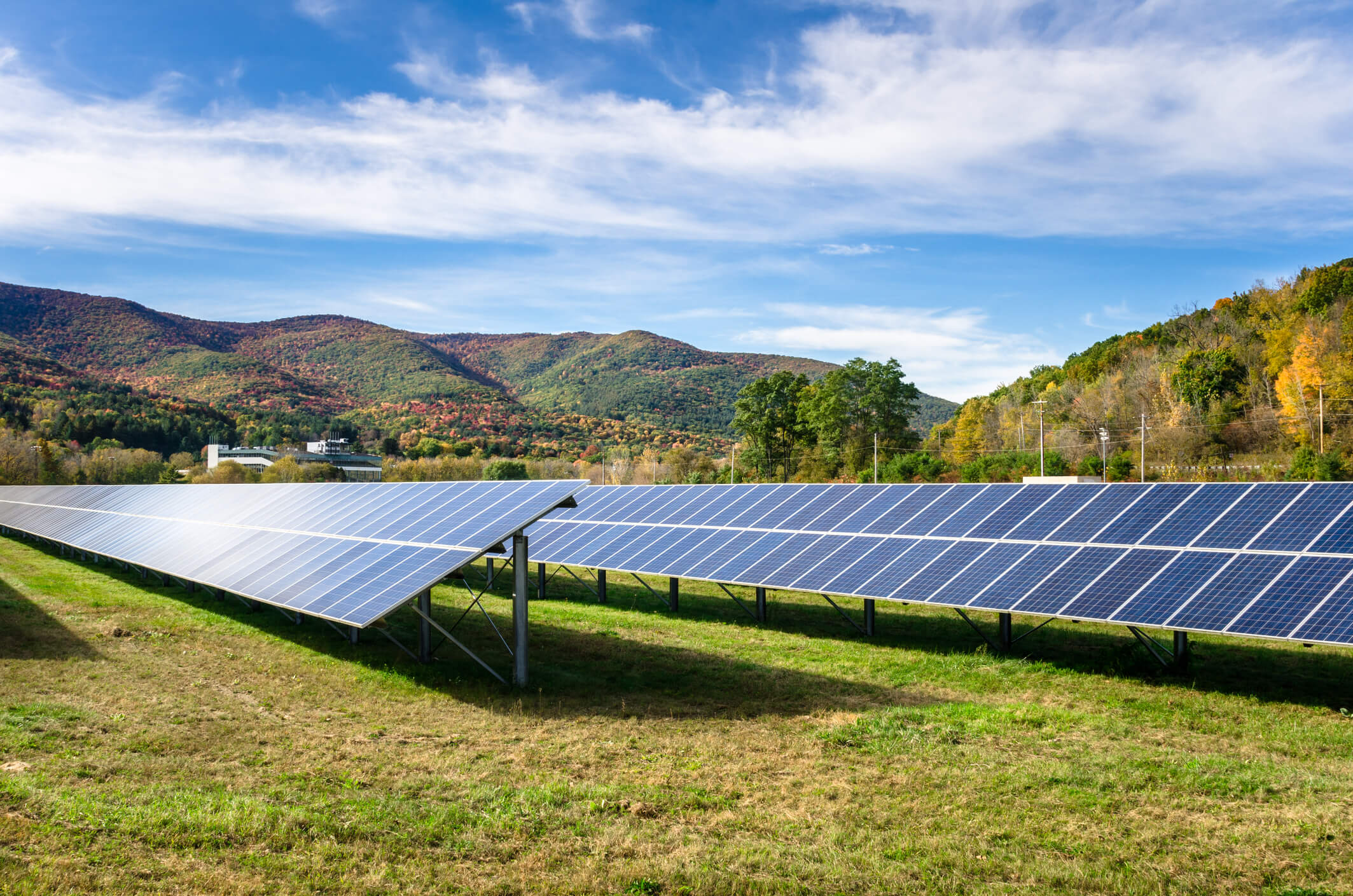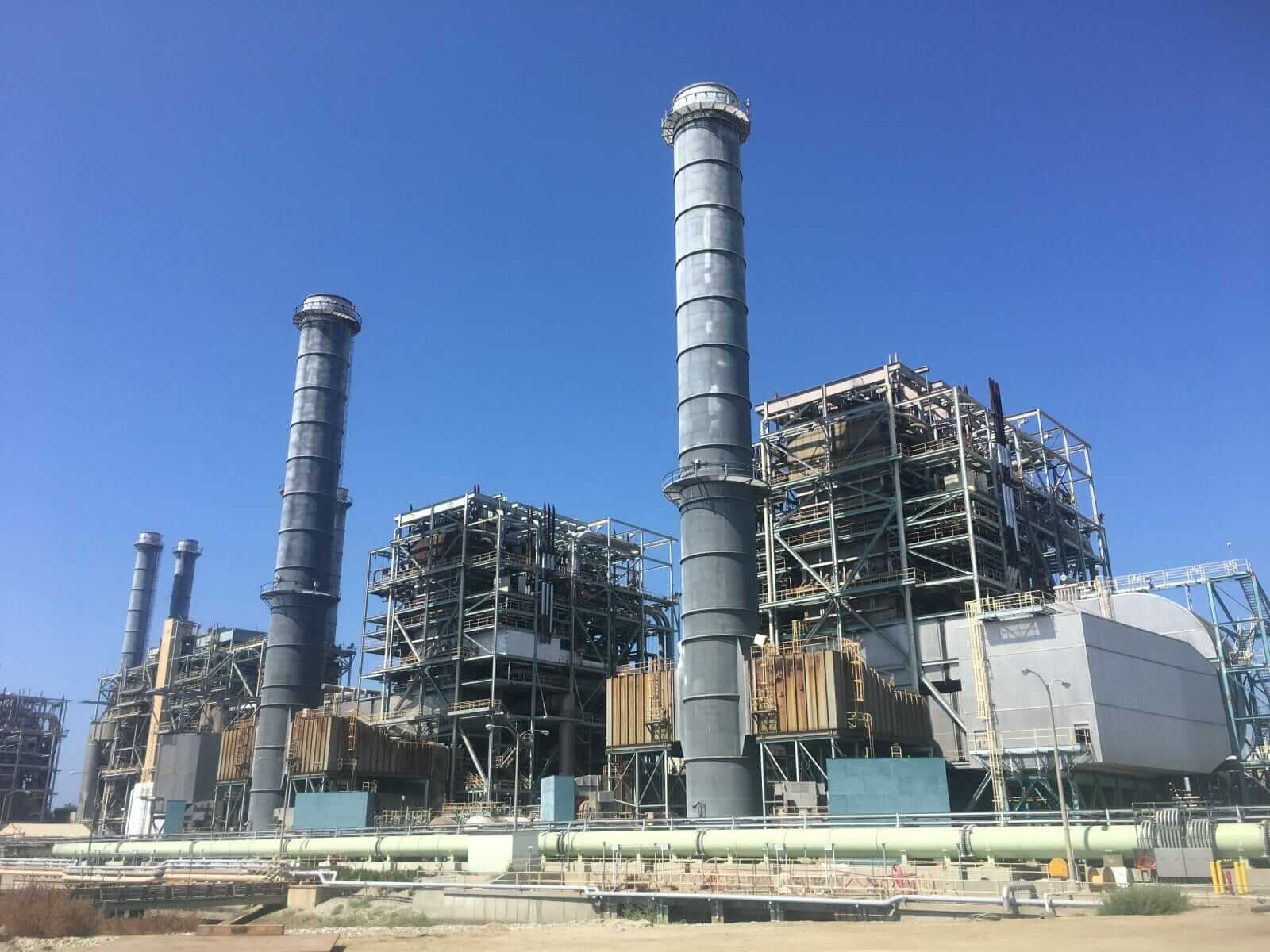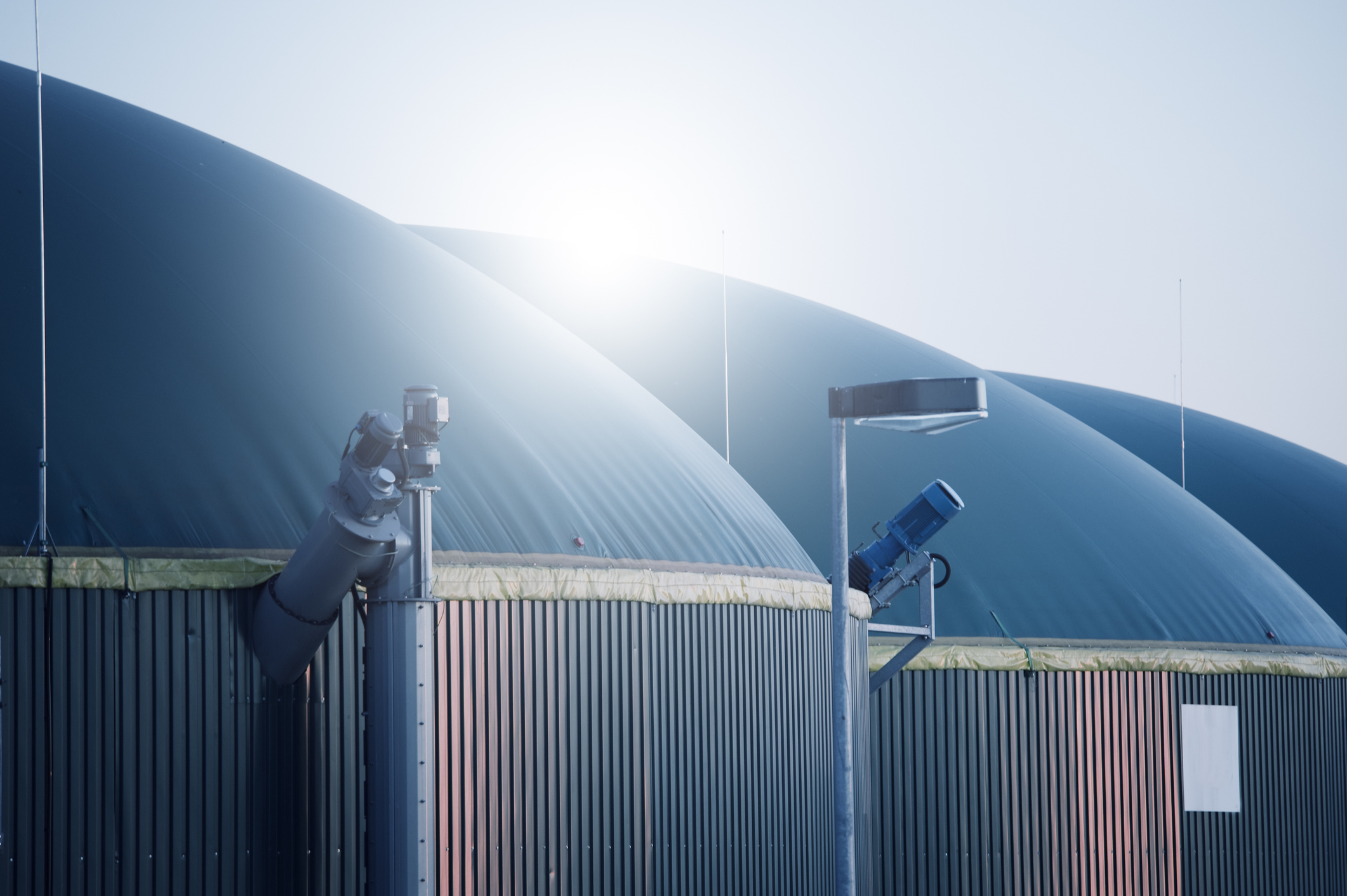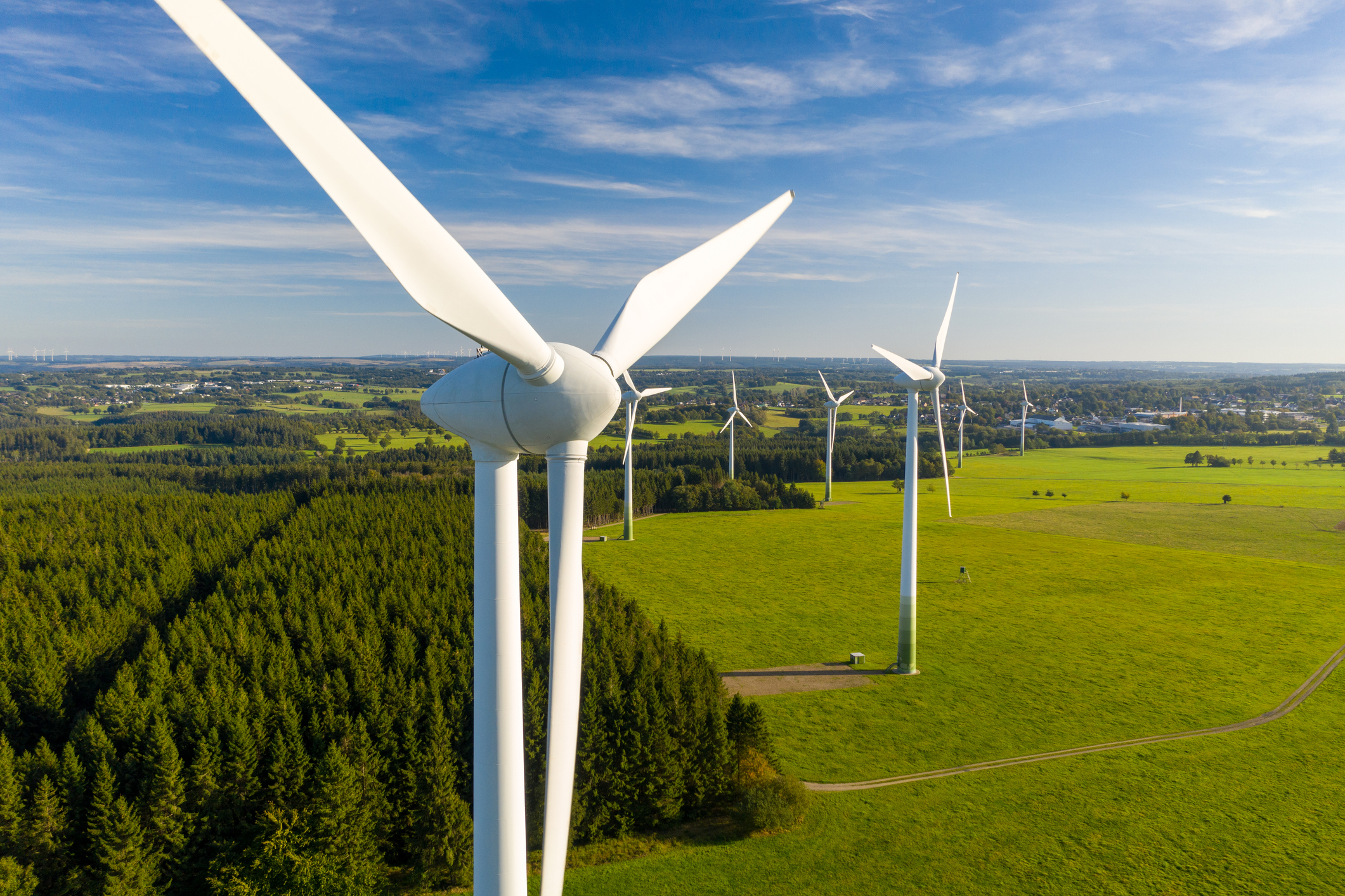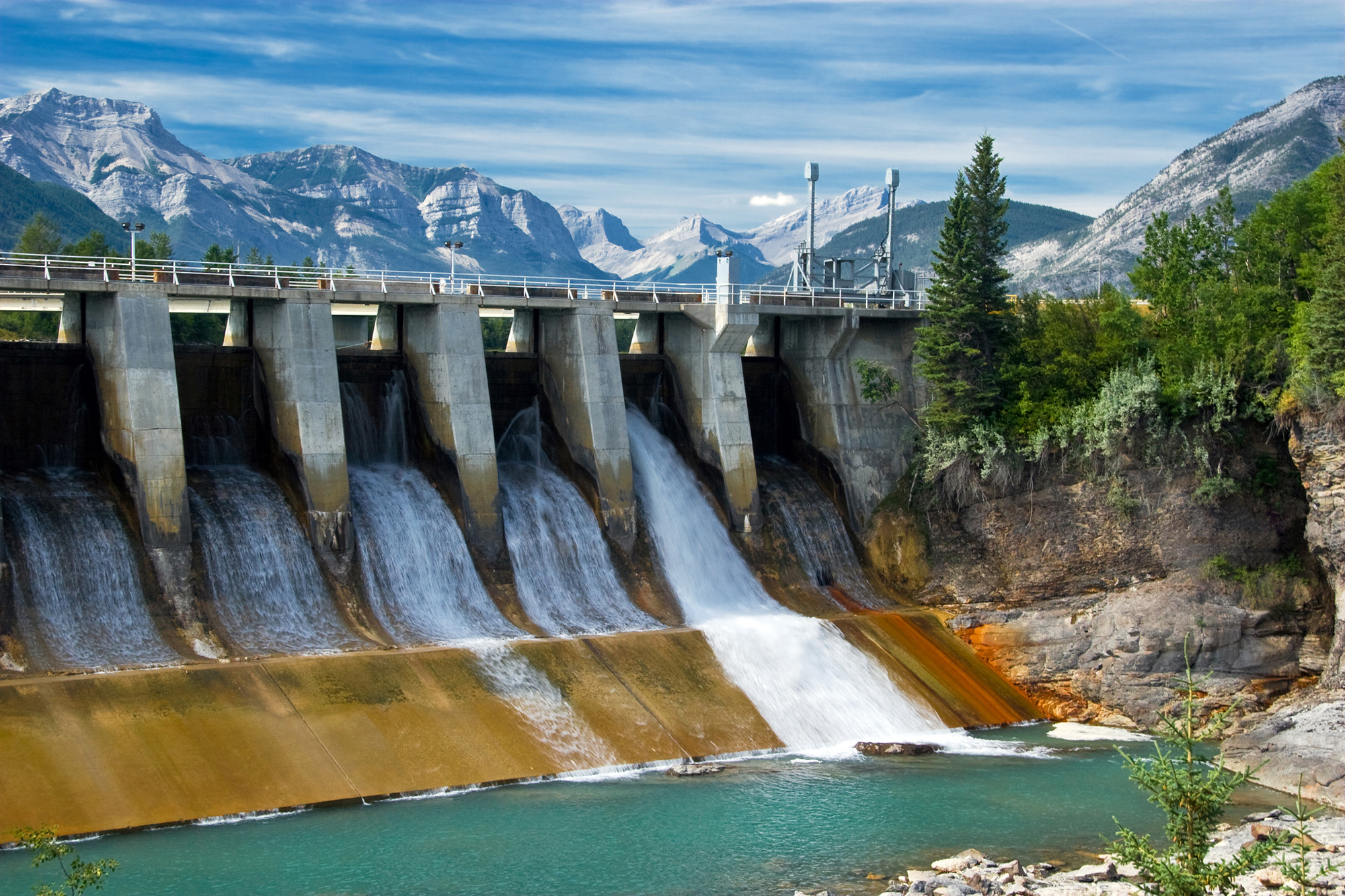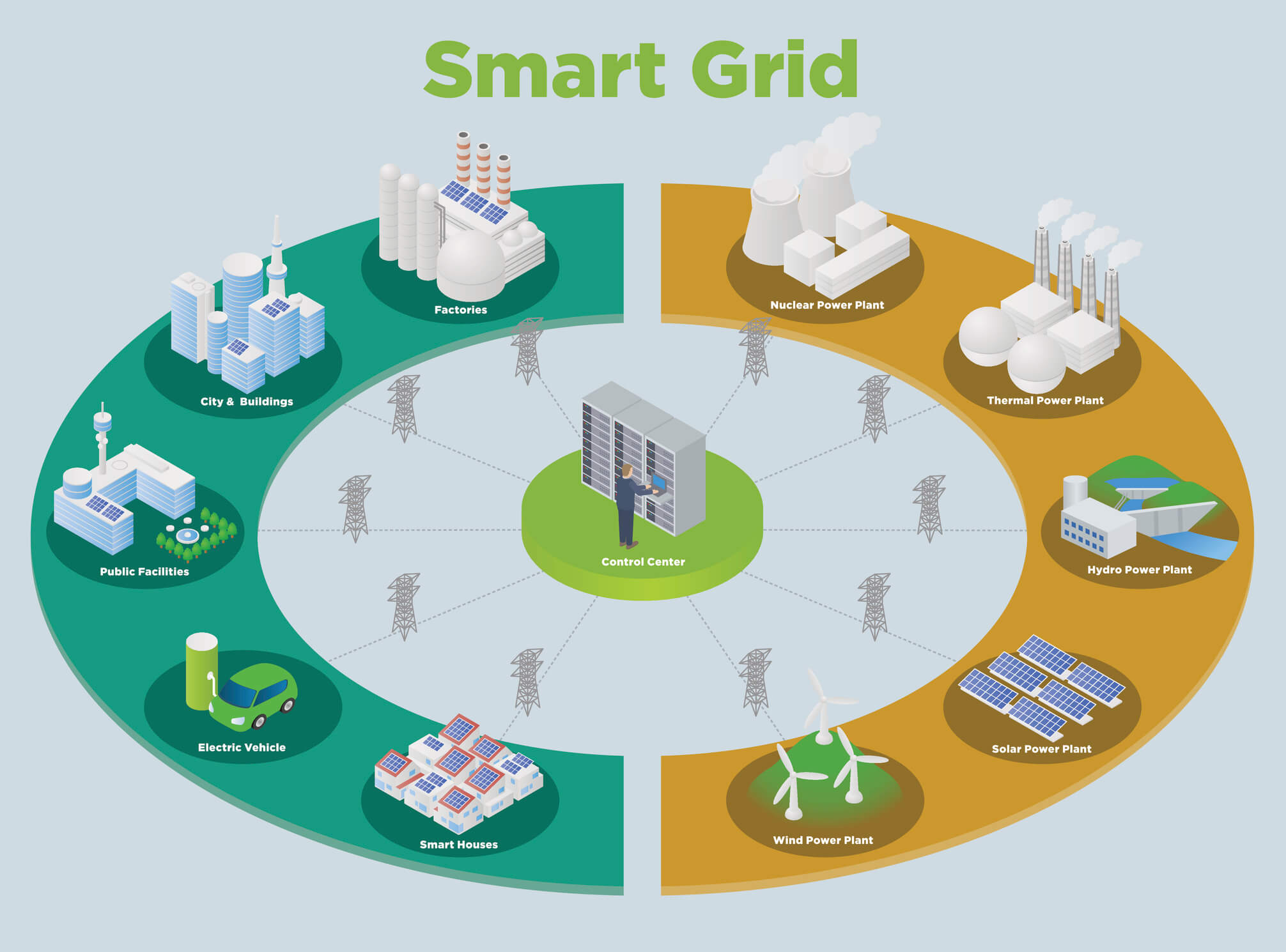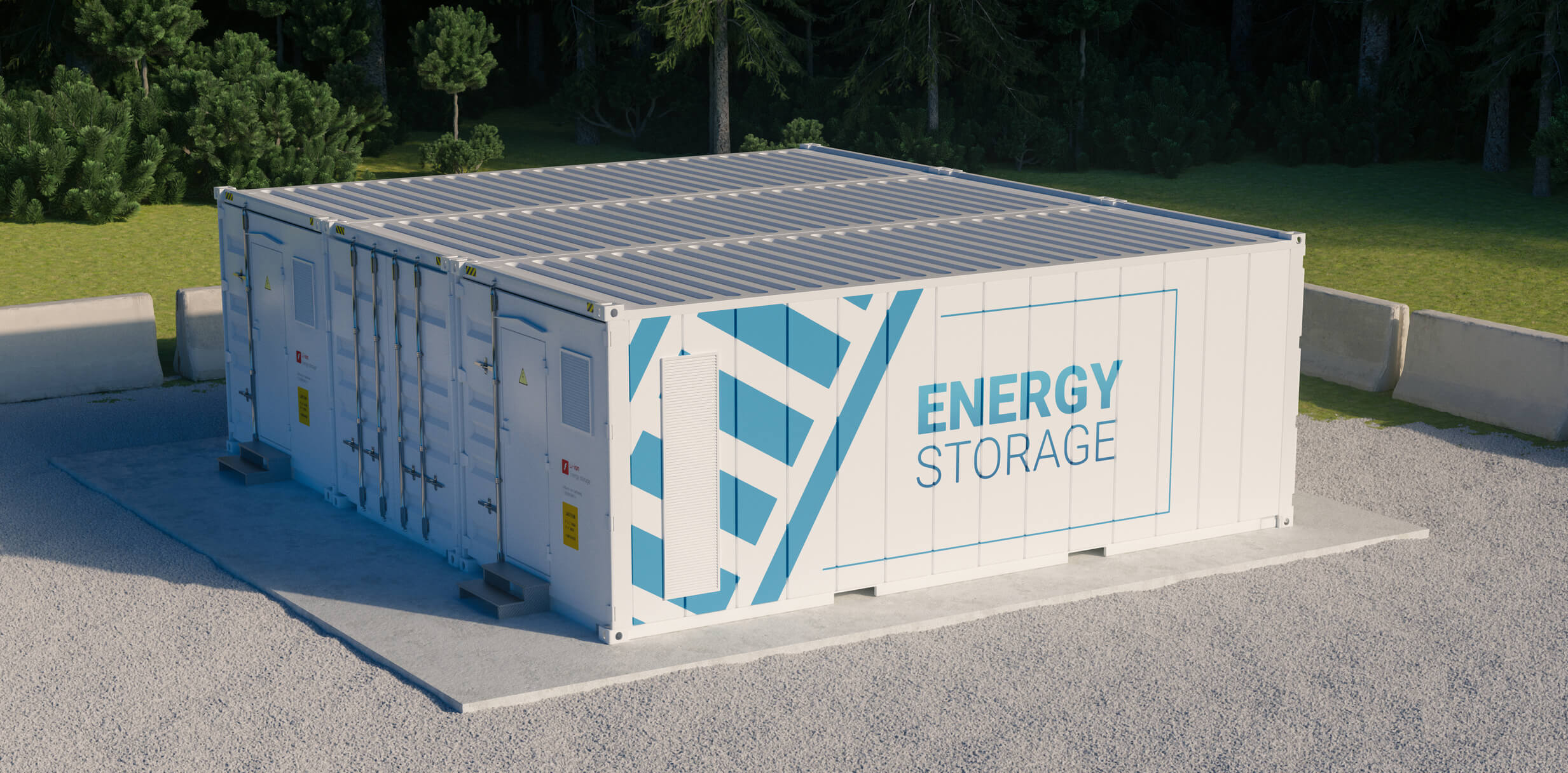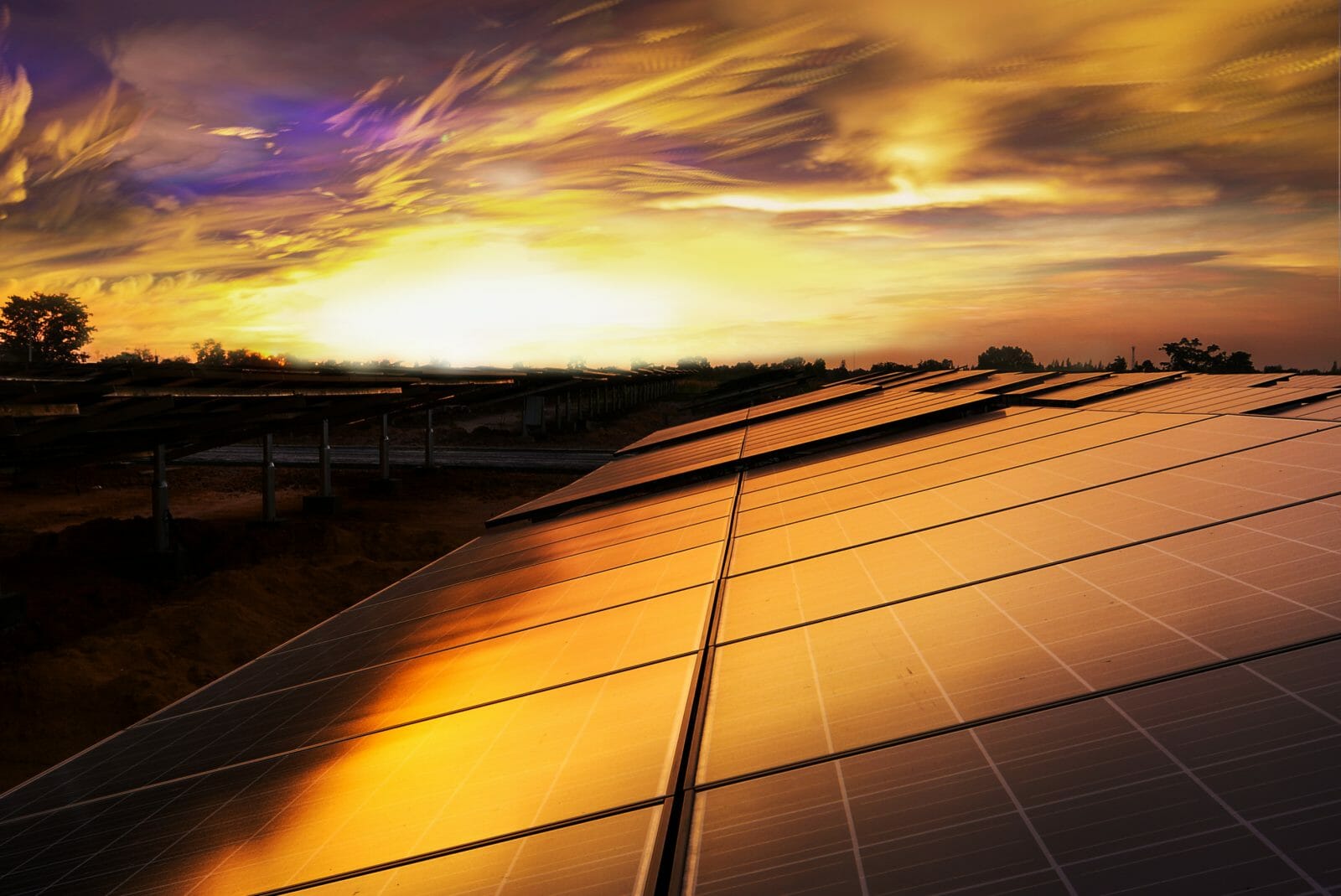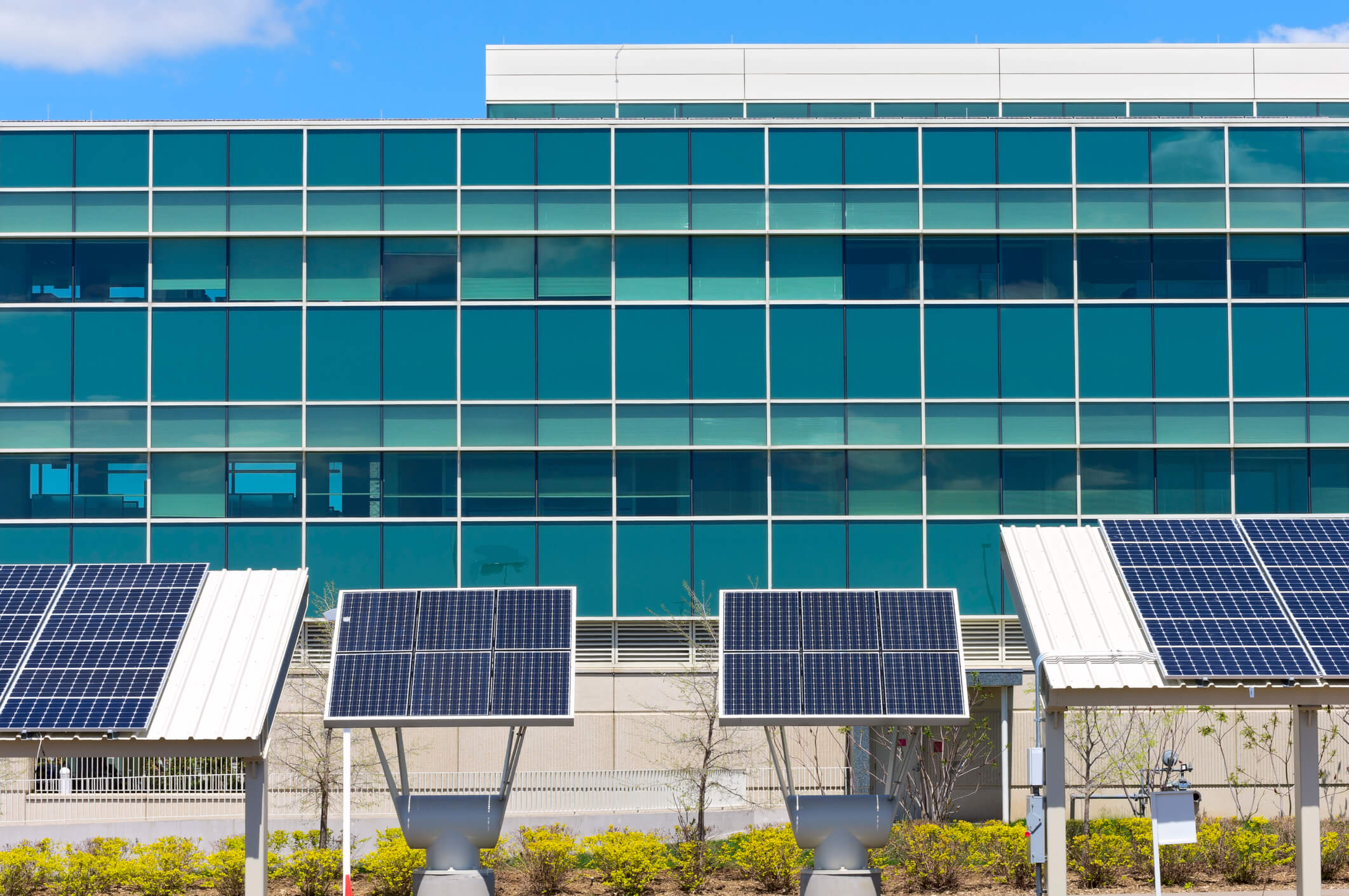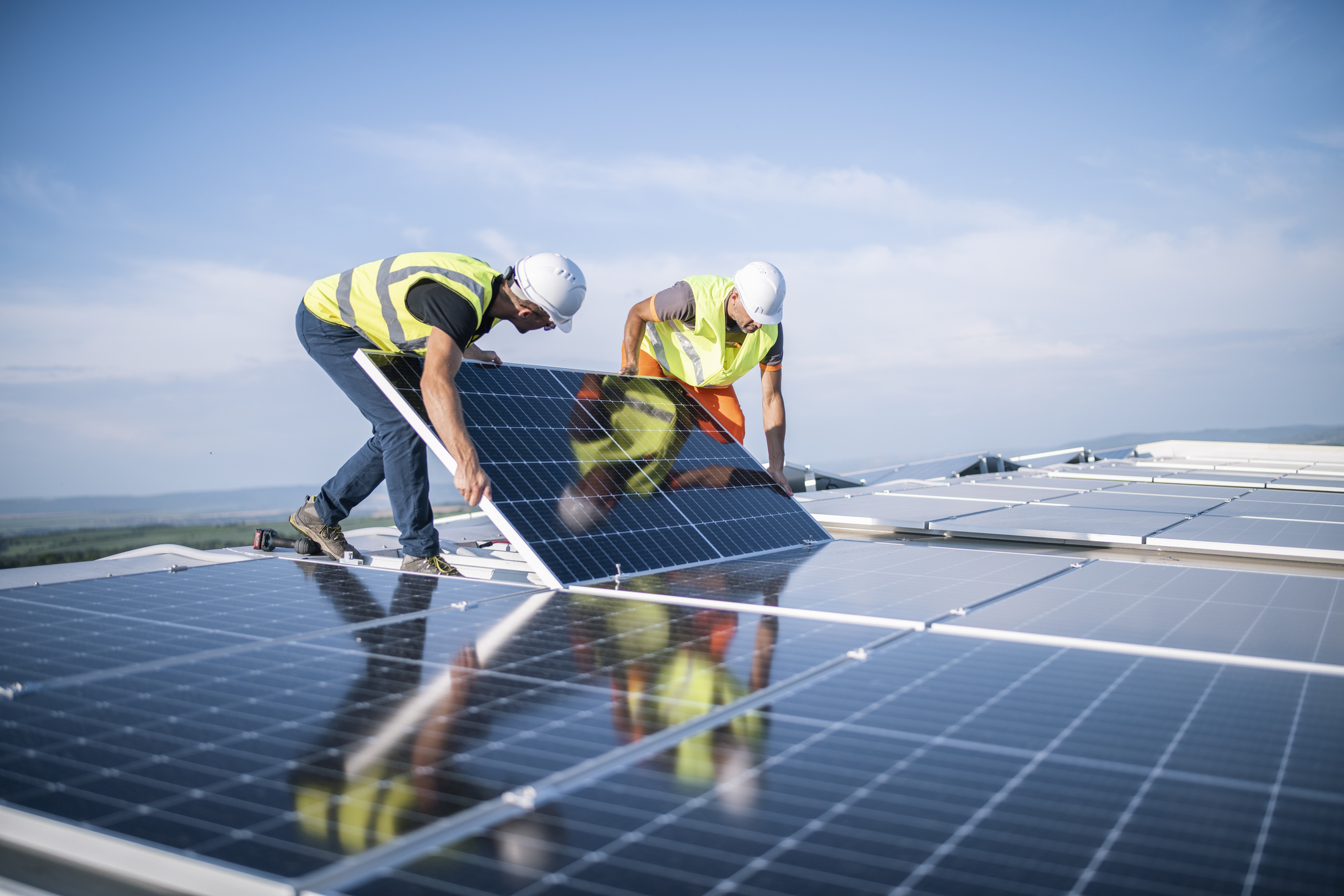FieldForward is platform agnostic, allowing data transfer between various software platforms used by engineering, land and survey teams. It can integrate information like CAD, GPS, GIS, PDF and JPEG for analysis.
Getting you to market faster, with greater project efficiency.
Execute Projects Confidently With Our Comprehensive Platform
TRC’s Connected FieldForward™ empowers our field services team to accurately predict land, right-of-way and survey project costs upfront. It provides clients with budget and timeline certainty and eliminates the need for change orders. By combining technology-driven tools into a comprehensive platform with dashboard capabilities, projects are more organized and uniform resulting in schedule reductions and speed to market.
Our platform is also software agnostic, which means data will seamlessly transfer between software programs used by other land, survey and engineering teams within your project scope or by your operations teams upon project completion. Connected FieldForward bridges the gap between modern development concepts such as Serverless Computing, Machine Learning and AI with technical expertise that understands your market and can leverage technology to reduce cost, improve quality and shorten project schedules.
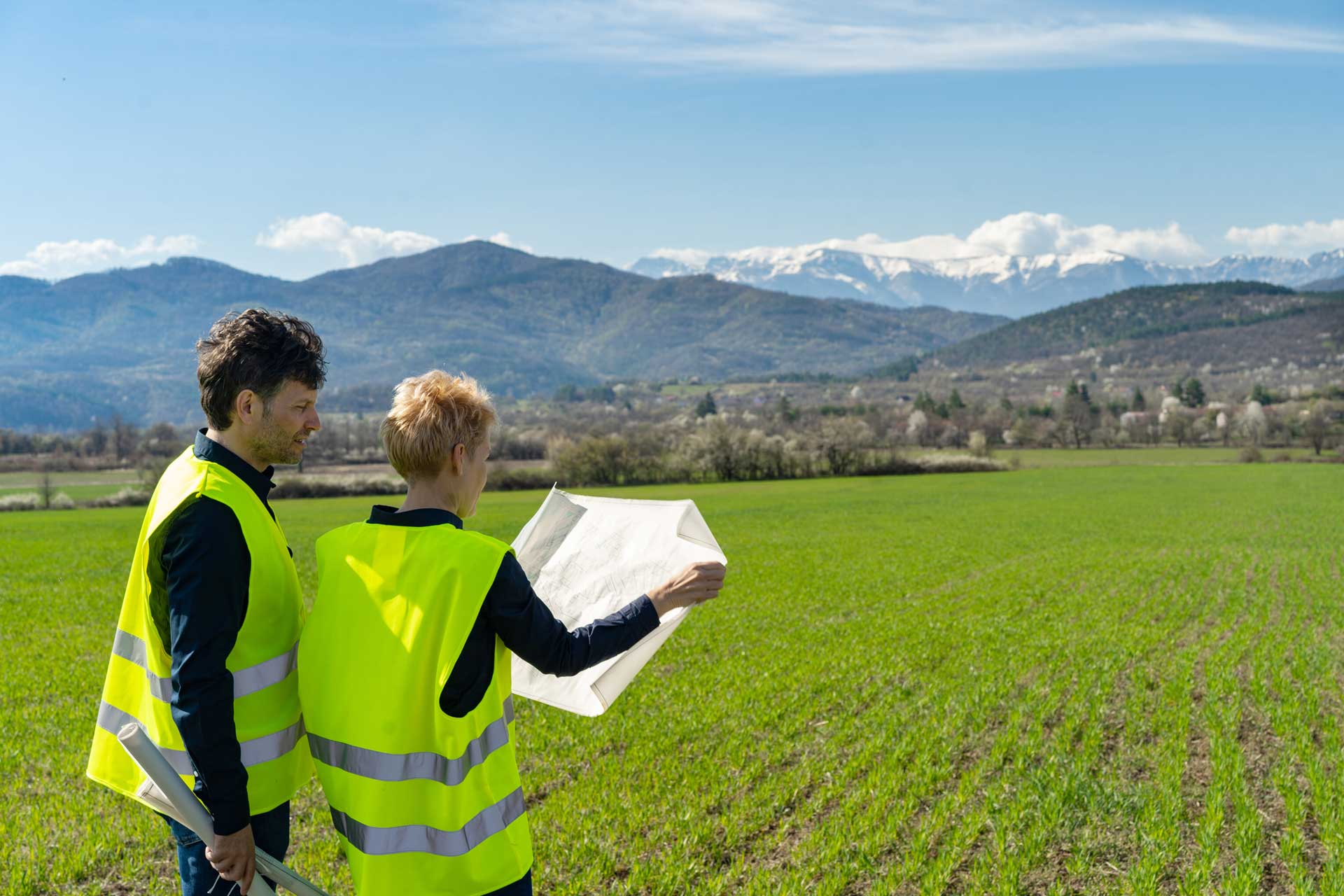
Enhance Field Services and Inspections With TRC
Land acquisition comes with challenges including legal barriers and finite resources. TRC’s FieldForward helps you adapt to these challenges with benefits including:
- Price certainty: Estimate a more reliable budget, enabling more control over project spending from the beginning.
- Reduced project costs: Streamline the acquisition of land titles with a project workflow solution to help lower project costs.
- Expedited project schedules: Gain faster speed to market with a solution that manages data related to land acquisition processes.
- Accuracy: All the information is in one place, meaning more accurate time and price predictions and reduced change orders.
Our team holds numerous certifications and registrations, bringing technical and regulatory expertise to projects and supporting enhanced compliance throughout land acquisition for a range of construction project types.
Our technicians undergo hours of education to advance their knowledge. We serve as an extension of your existing team, integrating seamlessly throughout your project and operational processes.
Digital Solutions for Your Land Acquisition Needs
Connected FieldForward is TRC’s land acquisition and deed plotting software. It provides a comprehensive source of information for managing projects, from storing documents to controlling timelines. Capabilities include:
Automated Deed Plotting
The software can automatically plot a deed using text files or legal descriptions. FieldForward uses machine learning to interpret deed documents, locate descriptive language and auto-plot a property or easement to reduce the time spent on document-related tasks.
This capability allows seamless integration between land and survey teams. It can identify discrepancies in a deed, such as boundaries that don’t line up, and describe the limits of a parcel of land based on natural landmarks or human structures to improve accuracy.

Plat Generator
FieldForward can create plat maps to demonstrate how land is divided into lots and parcels. It may include additional data like utility lines, flood zones and easements.
The solution develops maps using geographic information system (GIS) data gathered during field surveys to support zoning research or to help determine the exact boundaries of each property.
FieldForward automates a time-consuming process and can reduce costs. A centralized GIS database allows teams to collaborate for enhanced accountability.

Automated Title
FieldForward streamlines the title process for real estate transactions by gathering landowner documents in mass to reduce manual title collection processes.
It includes document aggregation and integrated project workflows to move smoothly through the title process while extracting the relevant information. The platform improves speed and accuracy in title processes by completing tasks without human intervention. The solution reduces manual effort tasks like gathering and analyzing documents and allows us to offer title services at a fixed price per parcel.

Frequently Asked Questions
Connected FieldForward is an innovative solution that supports land acquisition tasks and other field services. Learn more about this platform with these frequently asked questions.
FieldForward supports various field services and inspections for clients such as construction companies, energy companies, transportation agencies and government agencies. Developers and construction managers are frequent clients who turn to TRC for support with titles, deeds and plat generation.
This software provides various capabilities that could support clients undergoing legal disputes or property assessments. The platform can automatically plot deeds using legal descriptions to represent property boundaries accurately. It can also detect inconsistencies in deed descriptions, like boundaries that don’t align with physical markers. It provides a centralized storage location for convenient access to documents.
FieldForward provides a centralized location to gather field services and inspection information. It also supports convenient data transfer from various sources, enabling collaboration across teams involved in land acquisition processes.
Land acquisition processes must align with various standards and regulatory requirements, such as those from the American Land Title Association. FieldForward supports compliance by providing a centralized document-gathering location. It also accurately interprets legal descriptions and plots deeds to reduce the risk of disputes or noncompliance.
FieldForward includes machine learning capabilities to automatically interpret deed documents. The software identifies relevant descriptive language, using the information to plot deeds. This process reduces human error from people interpreting complex deed documents. Automating plotting also applies the same methodologies to each plot, minimizing variations.
Related Materials
 Connected FieldForward – Get to Market Faster with Greater Project Efficiency
Connected FieldForward – Get to Market Faster with Greater Project Efficiency
Published October 26, 2020
 Connected FieldForward – Land Title Services
Connected FieldForward – Land Title Services
Published November 23, 2024

Experience the Digital Difference with TRC
TRC is powering our best-in-class engineering and consulting services with new and innovative technology solutions, like Connected FieldForward. This platform enables TRC to enhance deed plotting, plat generating and title services. It combines capabilities like document aggregation and project workflow to complete acquisition faster while reducing excess spending. Learn how we can support you with our technology solutions and expertise by getting in touch with our team online.
Sharing Our Perspectives
Our practitioners share their insights and perspectives on the trends and challenges shaping the market.

New Jersey Implements Landmark Environmental Justice Regulations
August 2, 2023
A new landmark Environmental Justice (EJ) law is now effective in New Jersey following a lengthy rulemaking process surrounding the New Jersey Department of Environmental Protection’s (NJDEP) Administration Order (AO) No. 2021-25. It is the first rule of its kind and the strongest EJ regulation in the nation.

Integrity Dig Integrated Services
August 4, 2020
Our Integrity Engineers, Surveyors, Right-of-Way Experts and Environmental Scientists are well-versed in all phases of integrity dig programs from preparing the pipeline for a tool run, interpreting results, verifying proper repair procedures and obtaining federal and state environmental approvals. Our team includes former pipeline operators, survey experts, PHMSA and environmental regulators and trainers. We developed the current ILI training curriculum for PHMSA’s training program.
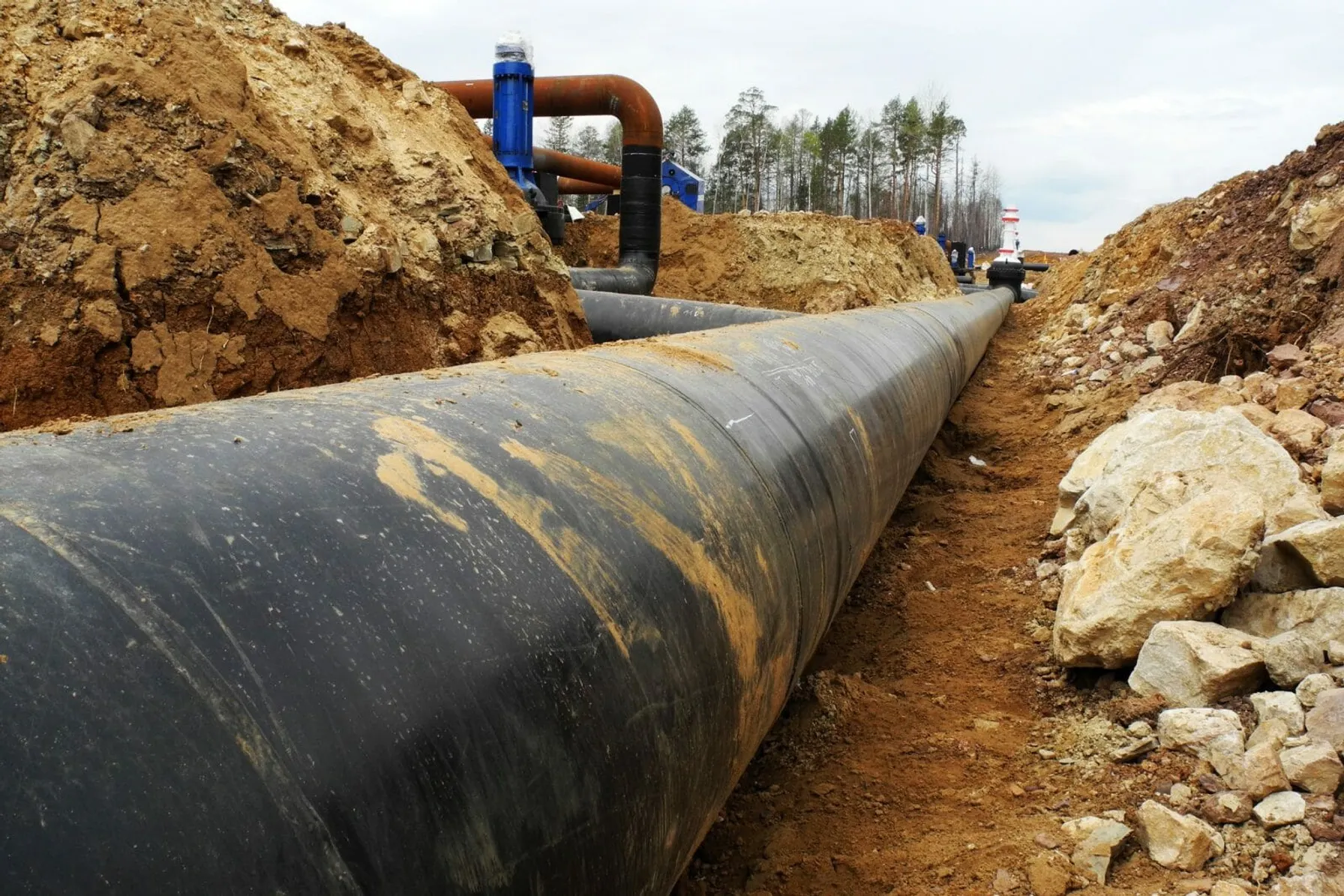
Targeting Perfection in the Construction and Operation of Pipelines
October 18, 2019
To have an impact on the delivery or operation of a pipeline, it’s vital to eliminate the intra- and inter-company barriers, including those in the areas of communications, culture and technology.
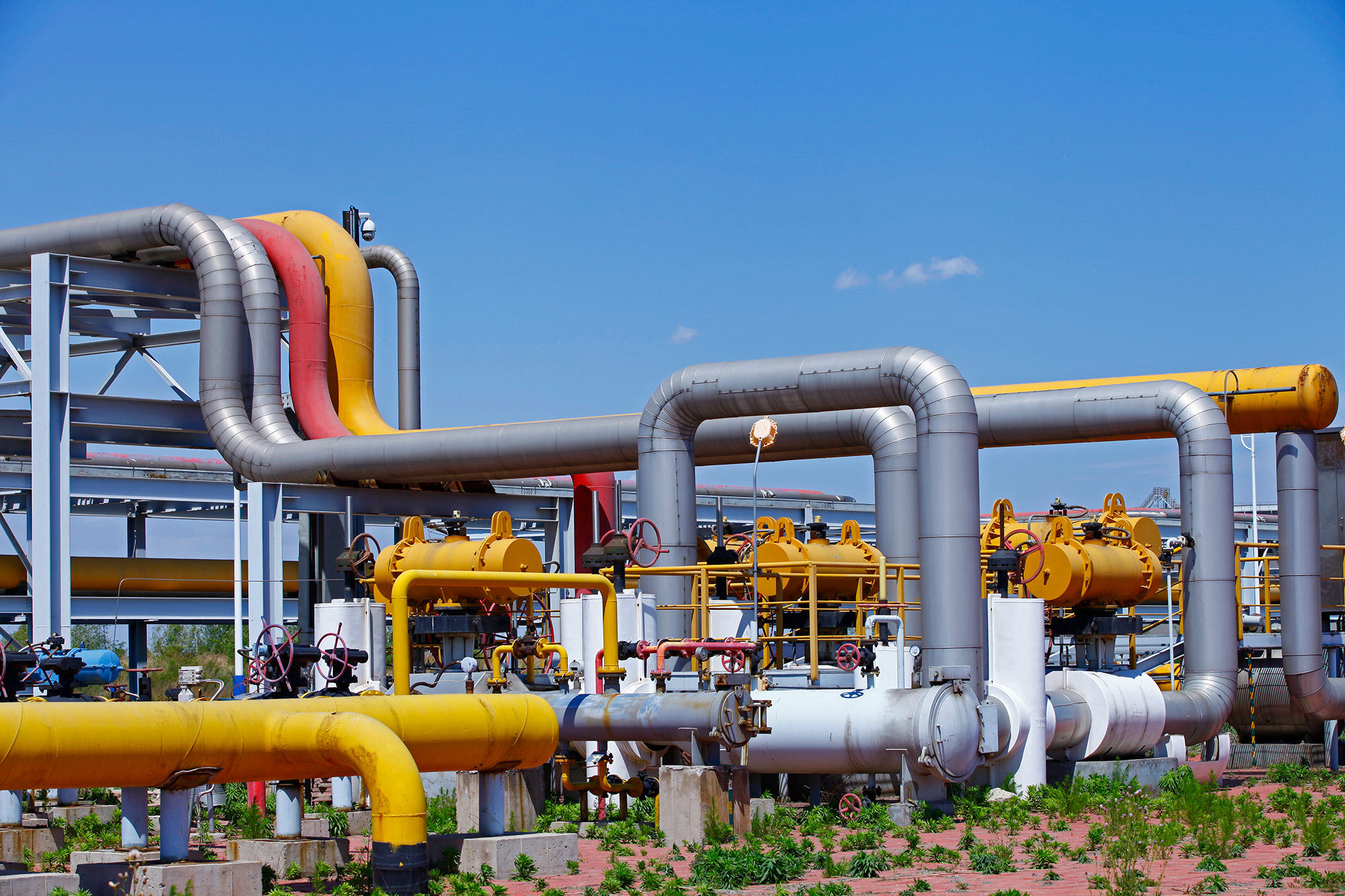
TRC Chosen to Provide Array of Integrated Services on Midship Pipeline Project
August 28, 2018
TRC has been awarded contracts for environmental consulting, engineering and field services and another for stem-to-stern Engineer, Procure and Construct (EPC) contract for three compressor stations.
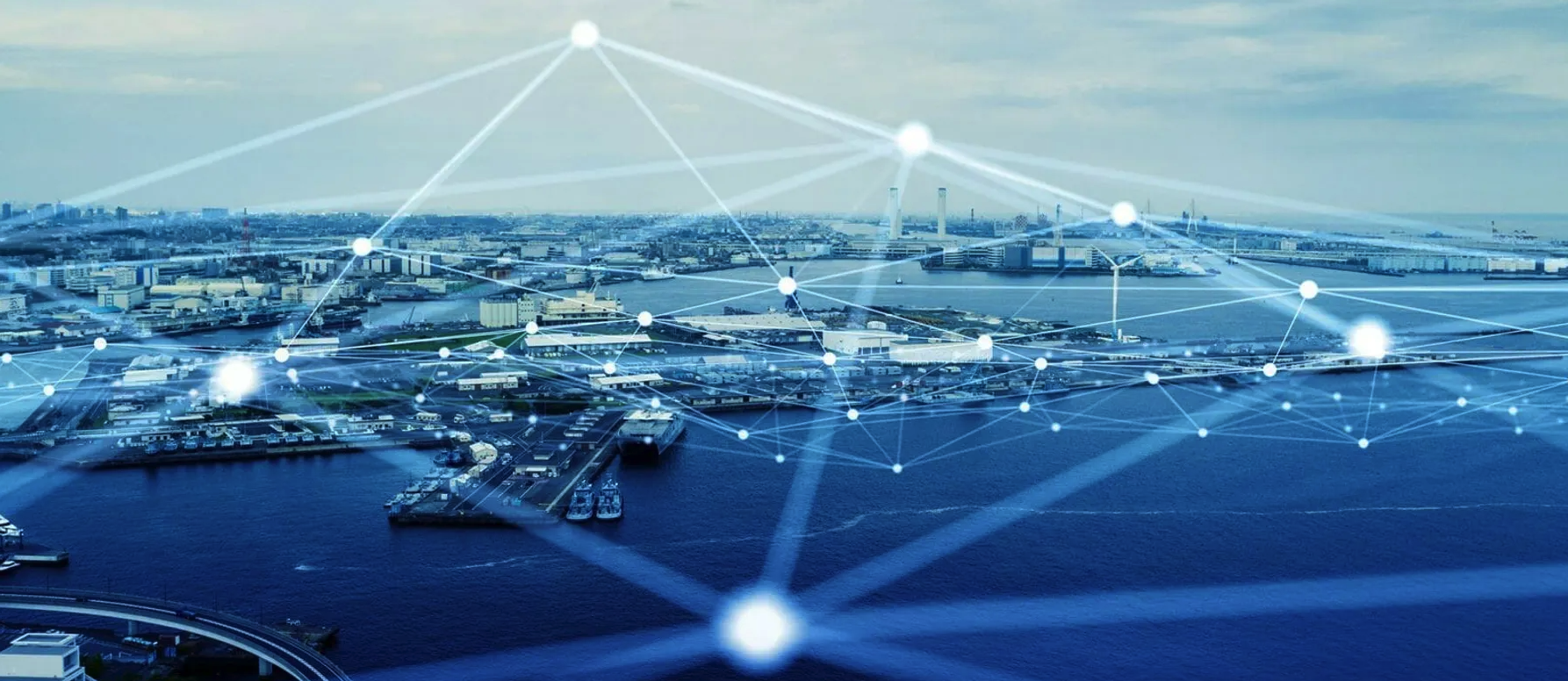
Modeling: Convincing Visualizations Are Key to Successful Projects
December 5, 2022
This presentation provides guidance on steps and methods to utilize 3D and other visualization software to present complex sites and illustrate solutions to complex problems, such as remedial solutions and future site development. These methods involve 3 key concepts: data management coordination, conceptual site modeling and visual clarity. TRC’s experts also breakdown the different types of visualization software and their applications to specific scenarios.

Integrity Dig Integrated Services
August 4, 2020
Our Integrity Engineers, Surveyors, Right-of-Way Experts and Environmental Scientists are well-versed in all phases of integrity dig programs from preparing the pipeline for a tool run, interpreting results, verifying proper repair procedures and obtaining federal and state environmental approvals. Our team includes former pipeline operators, survey experts, PHMSA and environmental regulators and trainers. We developed the current ILI training curriculum for PHMSA’s training program.

Targeting Perfection in the Construction and Operation of Pipelines
October 18, 2019
To have an impact on the delivery or operation of a pipeline, it’s vital to eliminate the intra- and inter-company barriers, including those in the areas of communications, culture and technology.

TRC celebrates National Surveyors Week – March 19-25, 2017
March 17, 2017
Mount Rushmore is an iconic symbol of the United States, featuring four great leaders of this country. But did you know that three of them- George Washington, Thomas Jefferson and Abraham Lincoln- were surveyors?
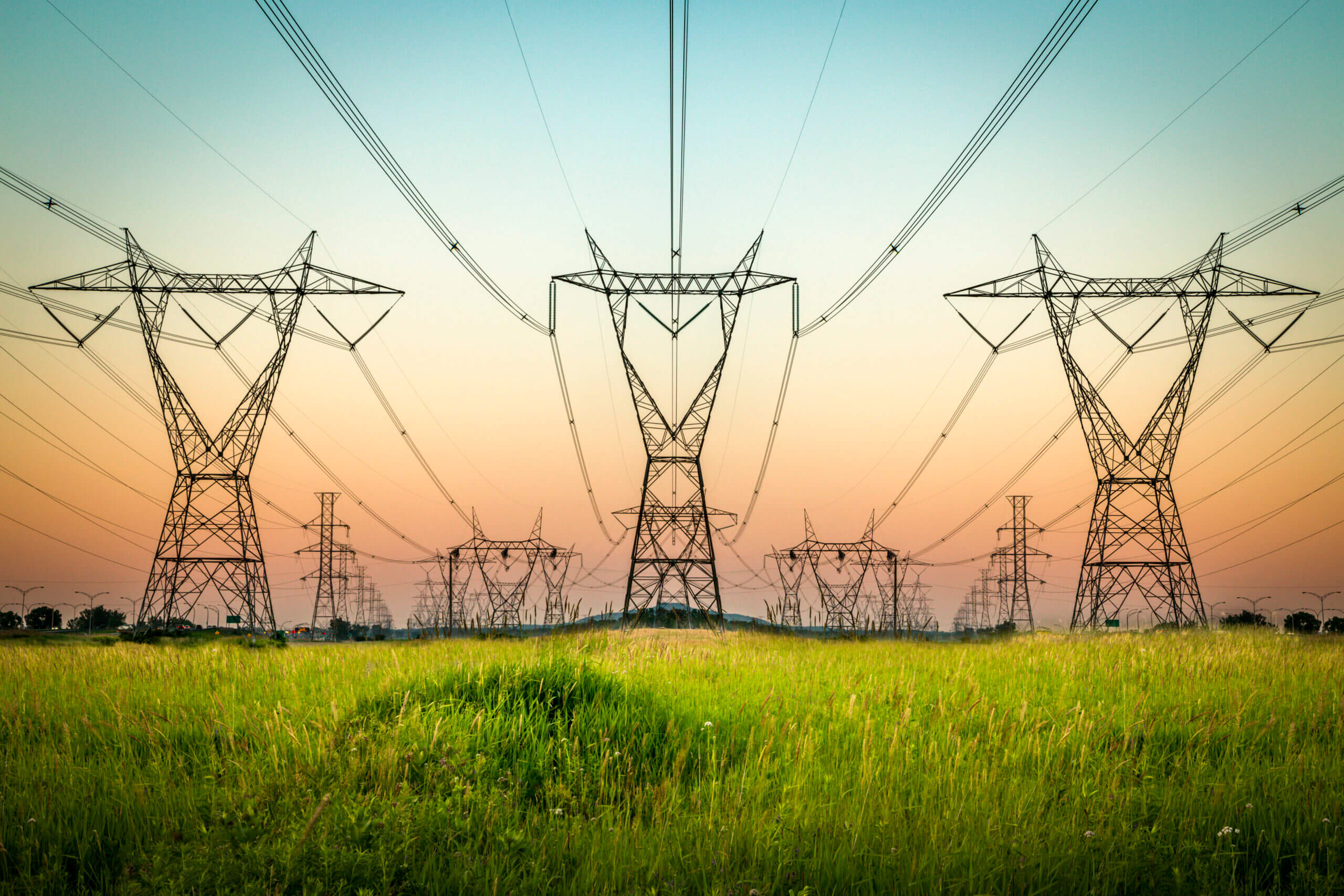
Modernize Your Field Services with GIS and Work Order Management Combined
June 15, 2023
The role of field service management continues to dominate the world economy, as the market grows at an exponential rate. The market was estimated at 3.2 billion in 2021 and is projected to reach 5.7 billion by the end of 2026.

2020 New Year’s Safety Resolution? How About Construction Safety?
February 20, 2020
Safety isn’t all about tracking statistics. To make it work, you need to interact positively with people. TRC construction health and safety specialist Cody Gladstone explains how to gain credibility on the jobsite and get everyone home safe at the end of the day.

Targeting Perfection in the Construction and Operation of Pipelines
October 18, 2019
To have an impact on the delivery or operation of a pipeline, it’s vital to eliminate the intra- and inter-company barriers, including those in the areas of communications, culture and technology.

TRC Chosen to Provide Array of Integrated Services on Midship Pipeline Project
August 28, 2018
TRC has been awarded contracts for environmental consulting, engineering and field services and another for stem-to-stern Engineer, Procure and Construct (EPC) contract for three compressor stations.
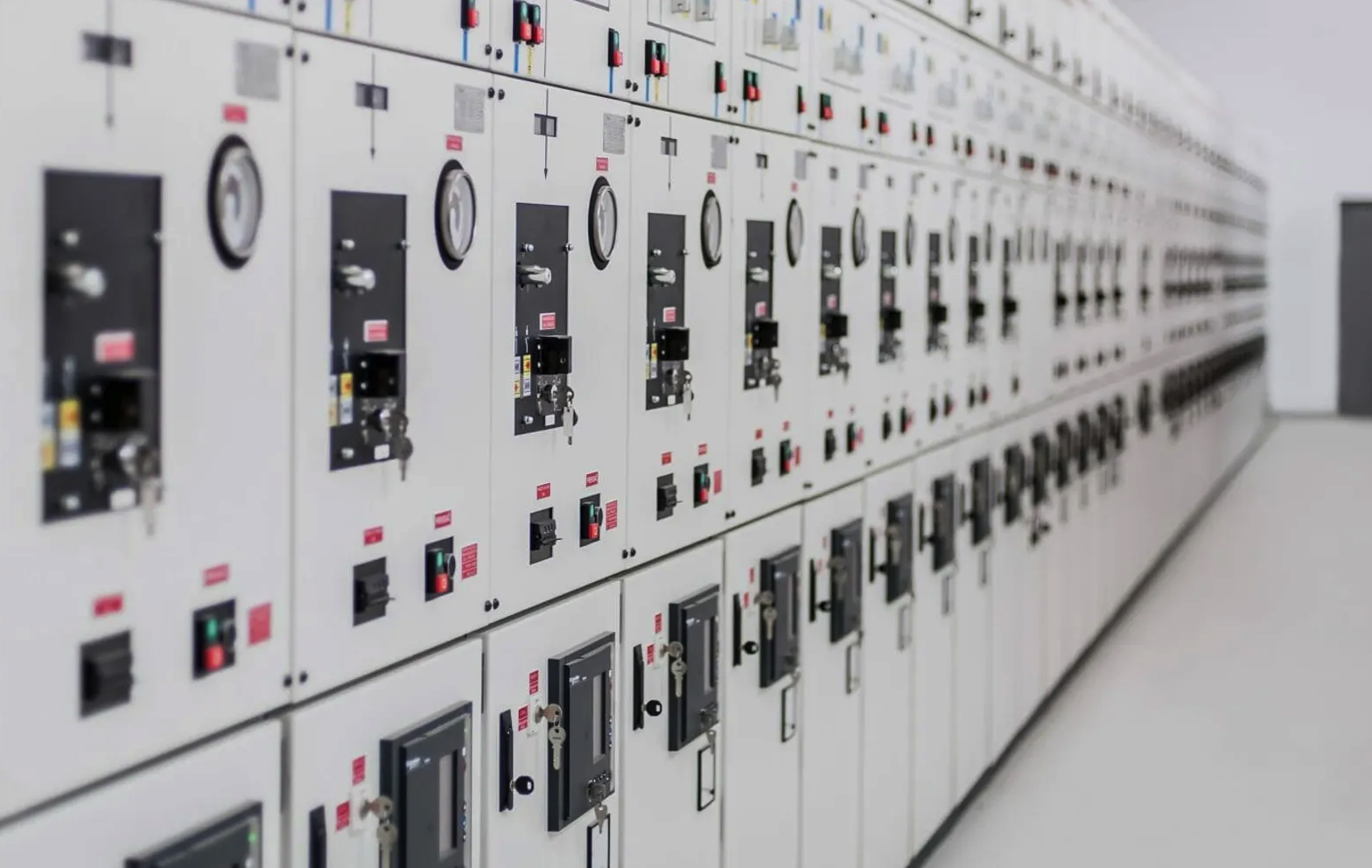
Featured Facility: TRC Testing and Training Lab
September 16, 2016
Hands-on testing and commissioning of substations in the real world can be daunting and dangerous without the proper training. So, TRC’s Testing and Commissioning group is building a training lab in its Lancaster, Pennsylvania, office. The lab will mimic an actual utility substation environment with control house and yard equipment.
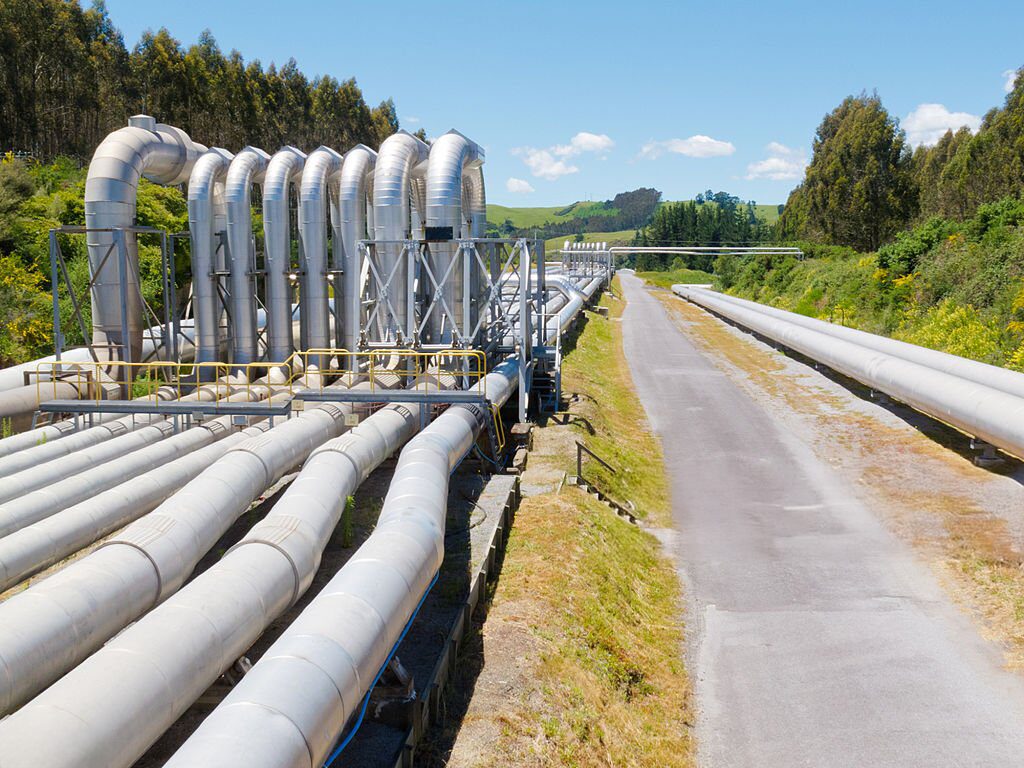
The What, Why and How of Distribution Integrity Management Programs (DIMP)
May 12, 2025
Around the world, resiliency matters more than ever for utilities. Consider this—In 2024, the U.S. experienced 27 separate billion-dollar weather and climate disasters, the second-highest number on record.

Budgeting to Quality: Construction Project Mistakes & How to Fix Them
April 9, 2025
Managing a construction project is a challenging job that involves careful planning, coordination and problem-solving. Small mistakes cause delays, increase costs, or create safety issues. Learn more about how to avoid some of the most common mistakes in construction management so your projects stay on track and within budget.
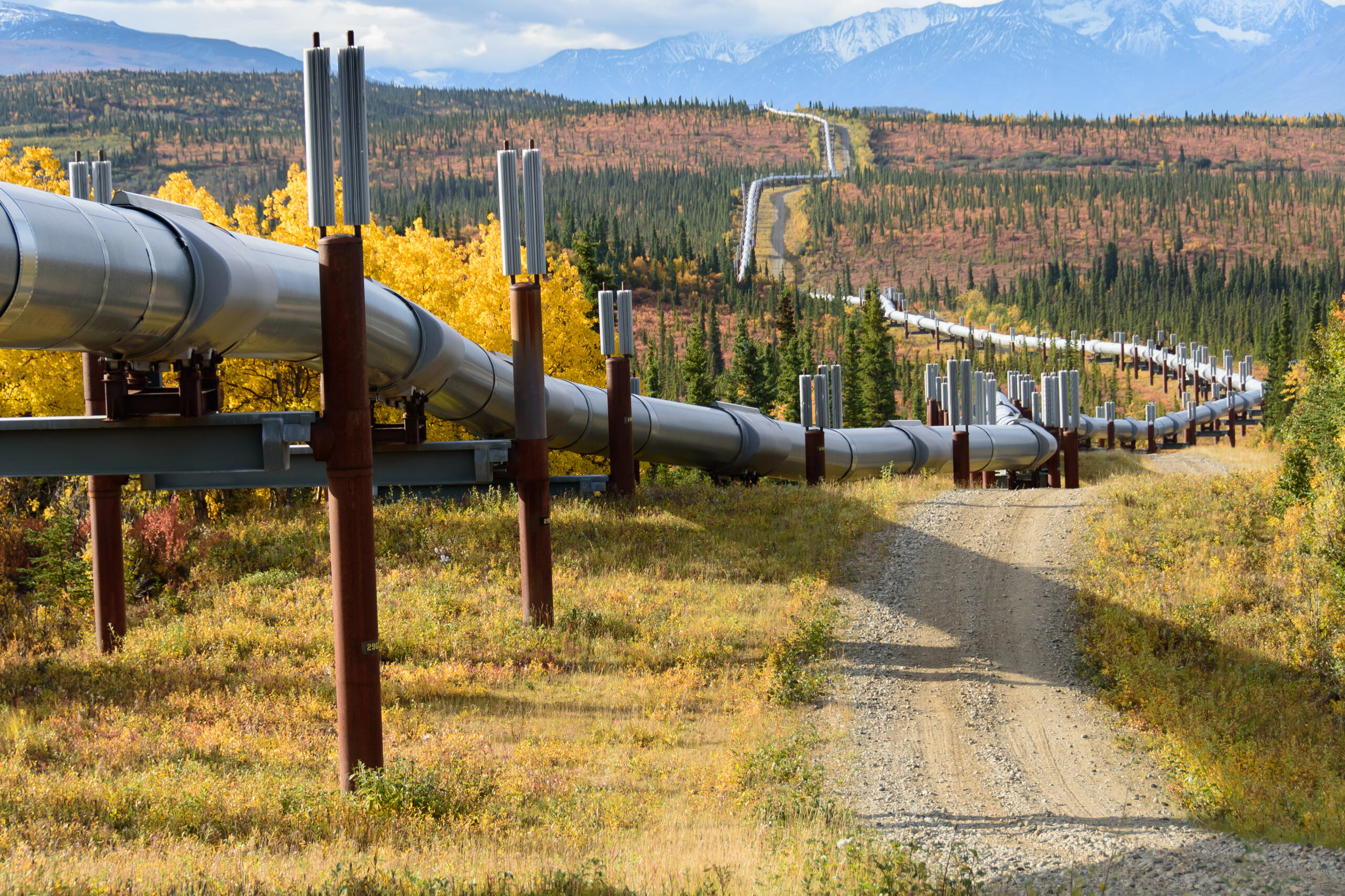
PHMSA Bulletin Outlines New Safety Management Advice
March 28, 2025
Cybersecurity threats to the Bulk Electric System (BES) are escalating, with attackers continuously evolving their tactics to target critical infrastructure.

The Power of Precision: Quality Control Tactics for Utility Construction Success
February 14, 2025
In today’s digital age, data centers form the backbone of cloud computing, artificial intelligence and the vast array of digital services we rely on daily. As the demand for data centers rises, companies are racing to expand these facilities.
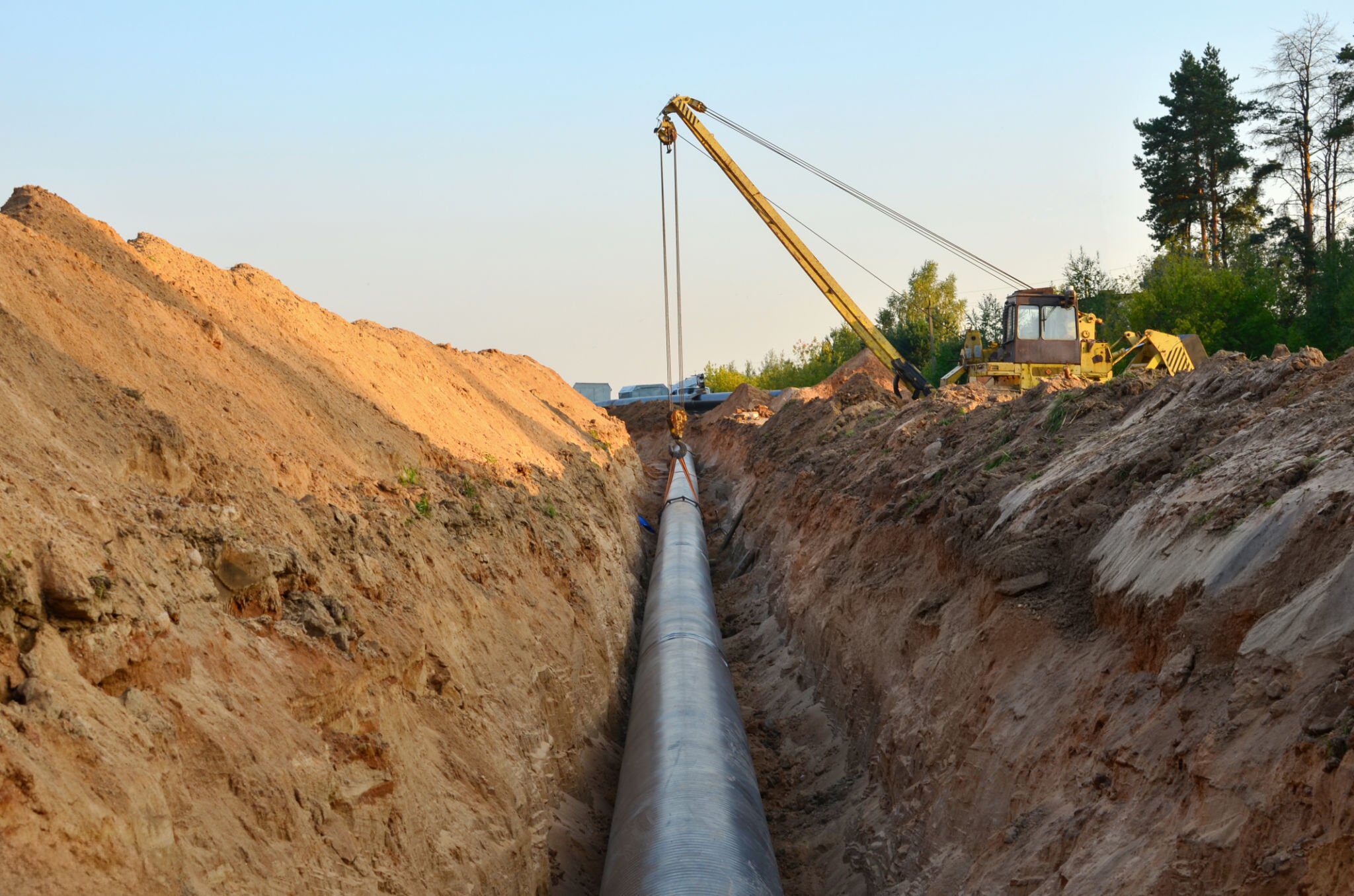
Enhancing Pipeline Integrity: HVAC/DC Interference Studies and Electromagnetic Fields (EMF) Analysis
January 15, 2025
The increasing presence of HVAC/DC transmission lines in modern power infrastructure has raised concerns about their impact on pipeline integrity. These systems, often co-located within shared corridors, generate electromagnetic fields (EMF) that introduce significant risks such as accelerated corrosion, equipment failures and safety hazards. Addressing HVAC/DC interference is now essential for ensuring long-term pipeline reliability and personnel safety.

The Importance of Effective Construction Management in Data Centers
January 7, 2025
In today’s digital age, data centers form the backbone of cloud computing, artificial intelligence and the vast array of digital services we rely on daily. As the demand for data centers rises, companies are racing to expand these facilities.
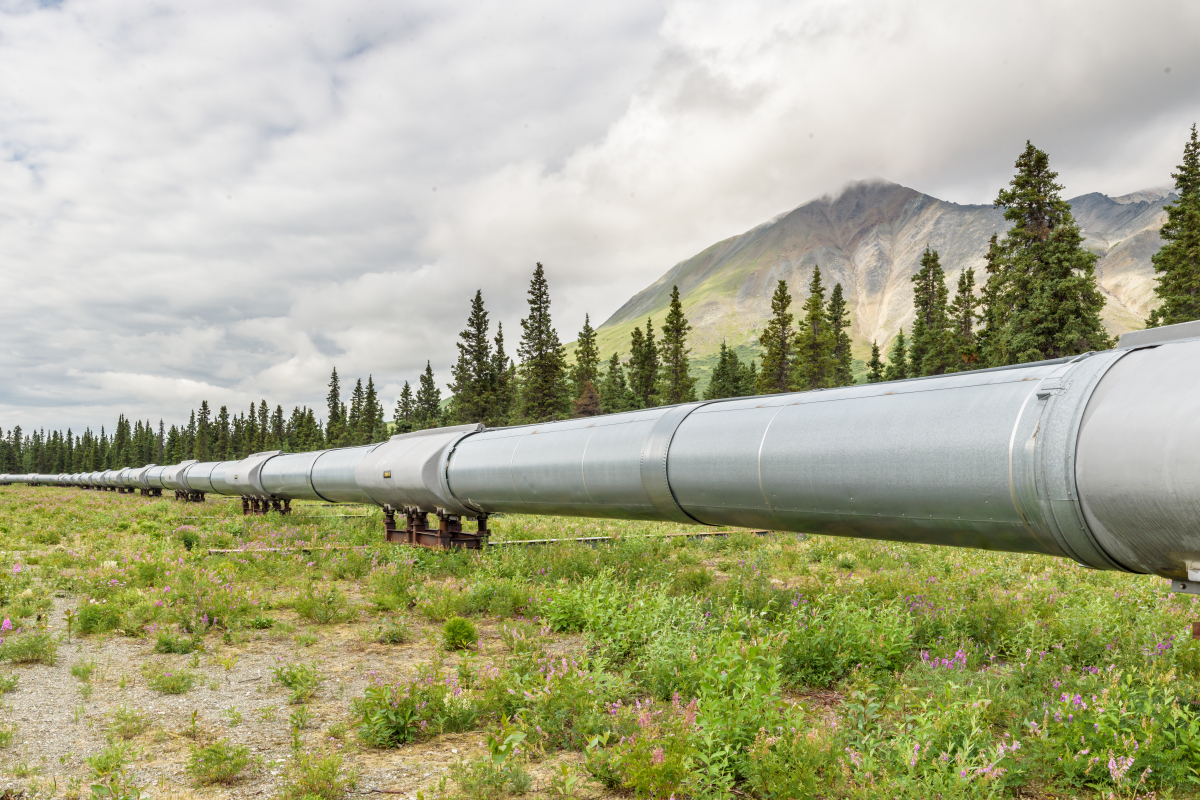
Understanding Engineering Critical Assessment: A Guide to Pipeline Integrity
October 4, 2024
Ensuring pipeline integrity in industries such as oil, gas and water transport is essential. One key tool used to assess and maintain the health of pipelines is the Engineering Critical Assessment (ECA).
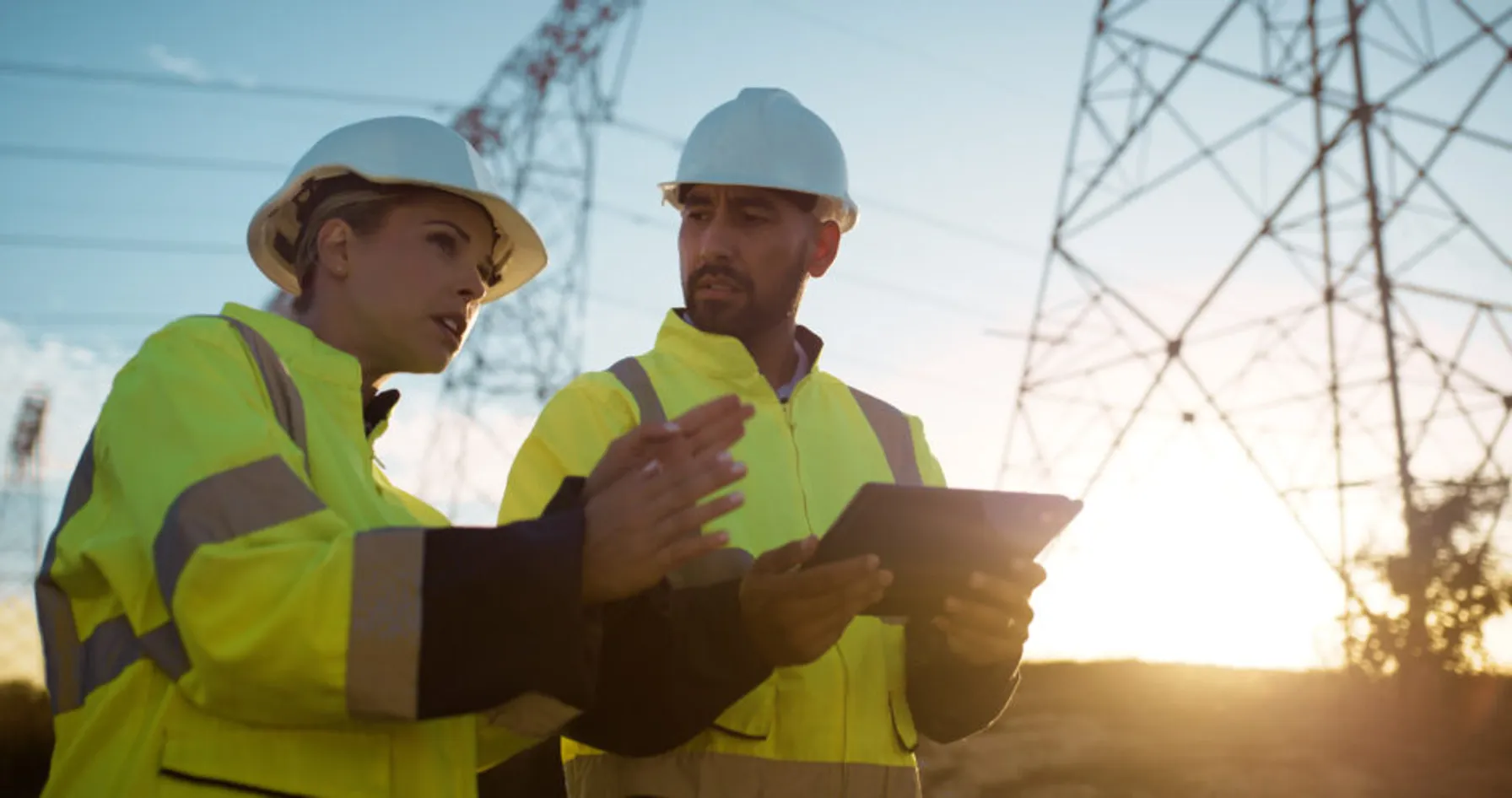
Planning for Construction Project Success: Common Challenges and How to Overcome Them
September 19, 2024
Construction project planning and scheduling are critical but complex processes that can lead to delays, cost overruns and quality issues. Success requires proper stakeholder communication, resource management, safety prioritization, regulatory compliance and innovative tools and techniques throughout the project’s life, from start to completion.
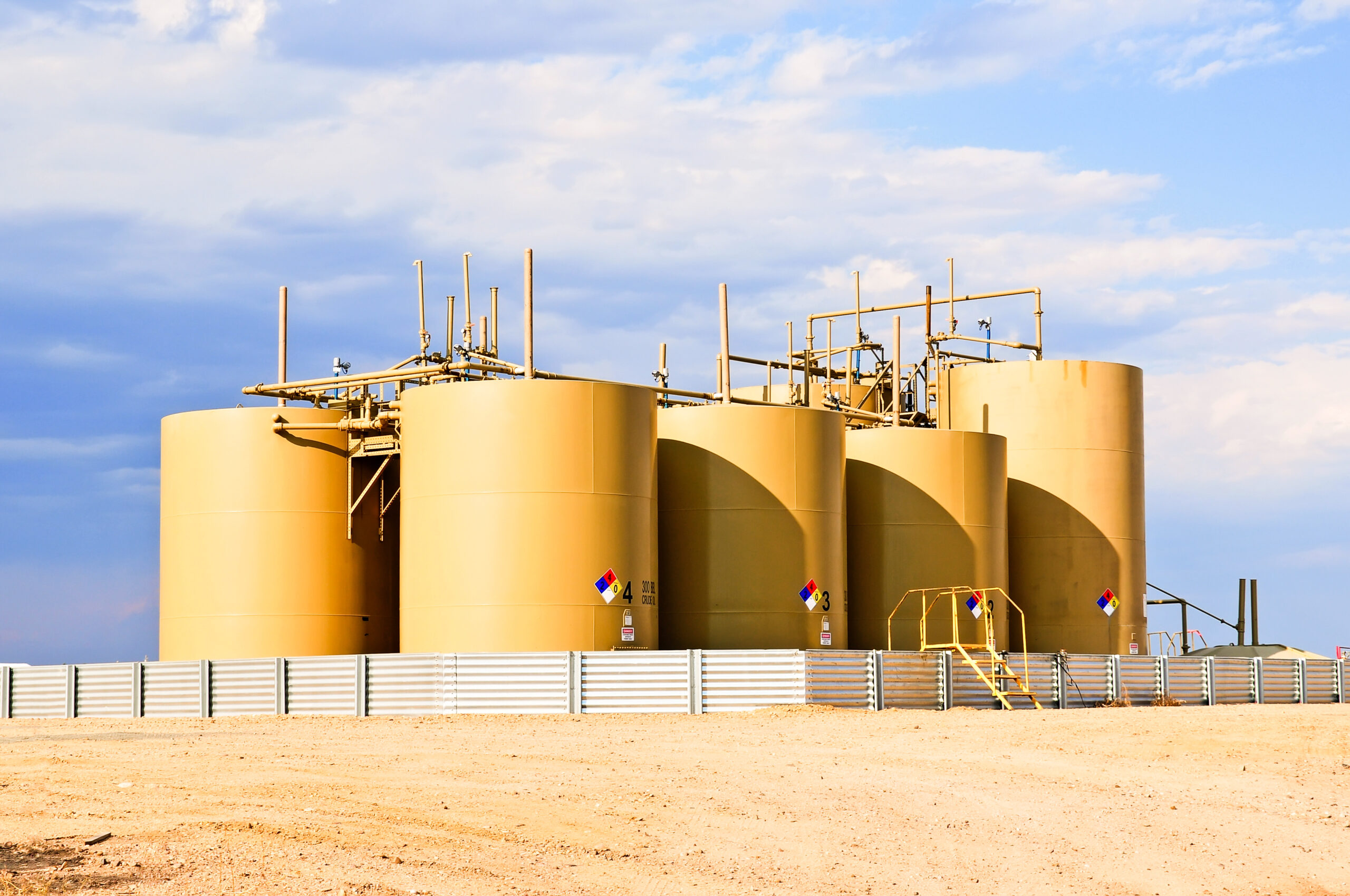
EPA Issues Regulations for Oil and Natural Gas Sector Tank Emissions
April 30, 2024
Storage Vessel or Tank Battery Operators Must Reduce Emissions by 95%.
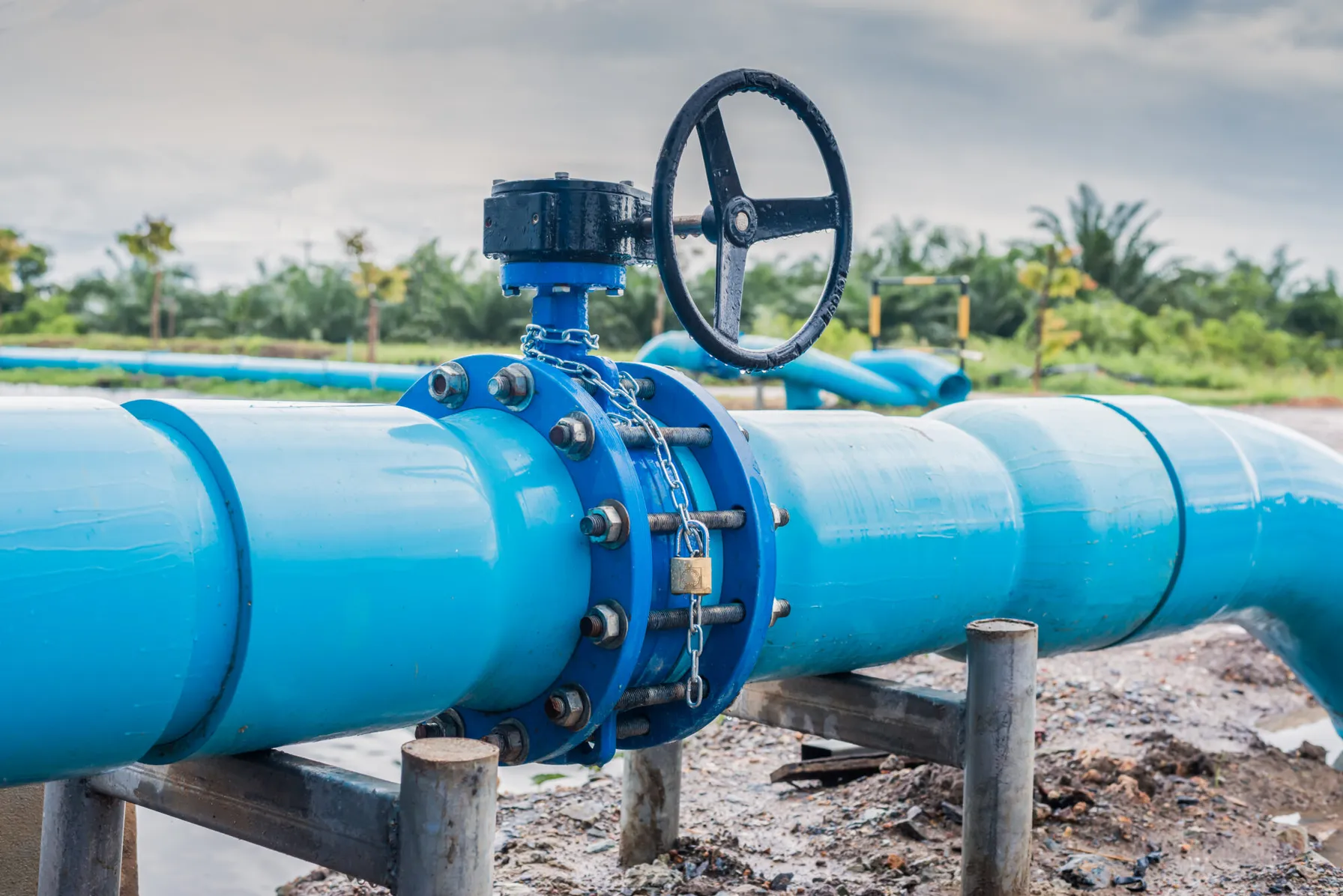
PHMSA Gas Transmission RIN2 Rule Now Effective
July 24, 2023
TRC summarizes the revised or added sections of RIN2.
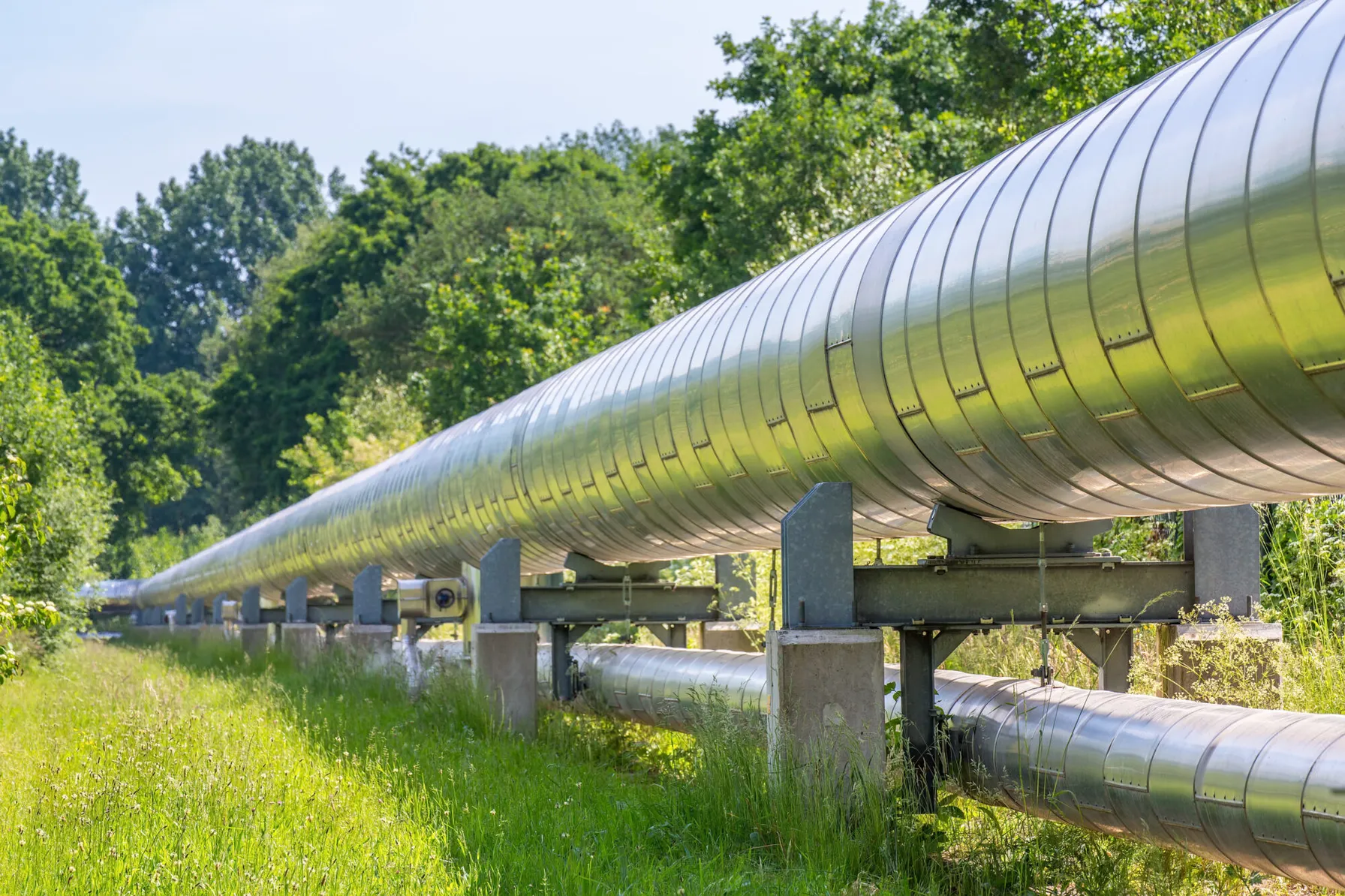
PHMSA Releases Proposed Rulemaking for Pipeline Safety and Gas Pipeline Leak Detection and Repair
June 15, 2023
TRC explains the Proposed Rulemaking for Pipeline Safety and Gas Pipeline Leak Detection and Repair
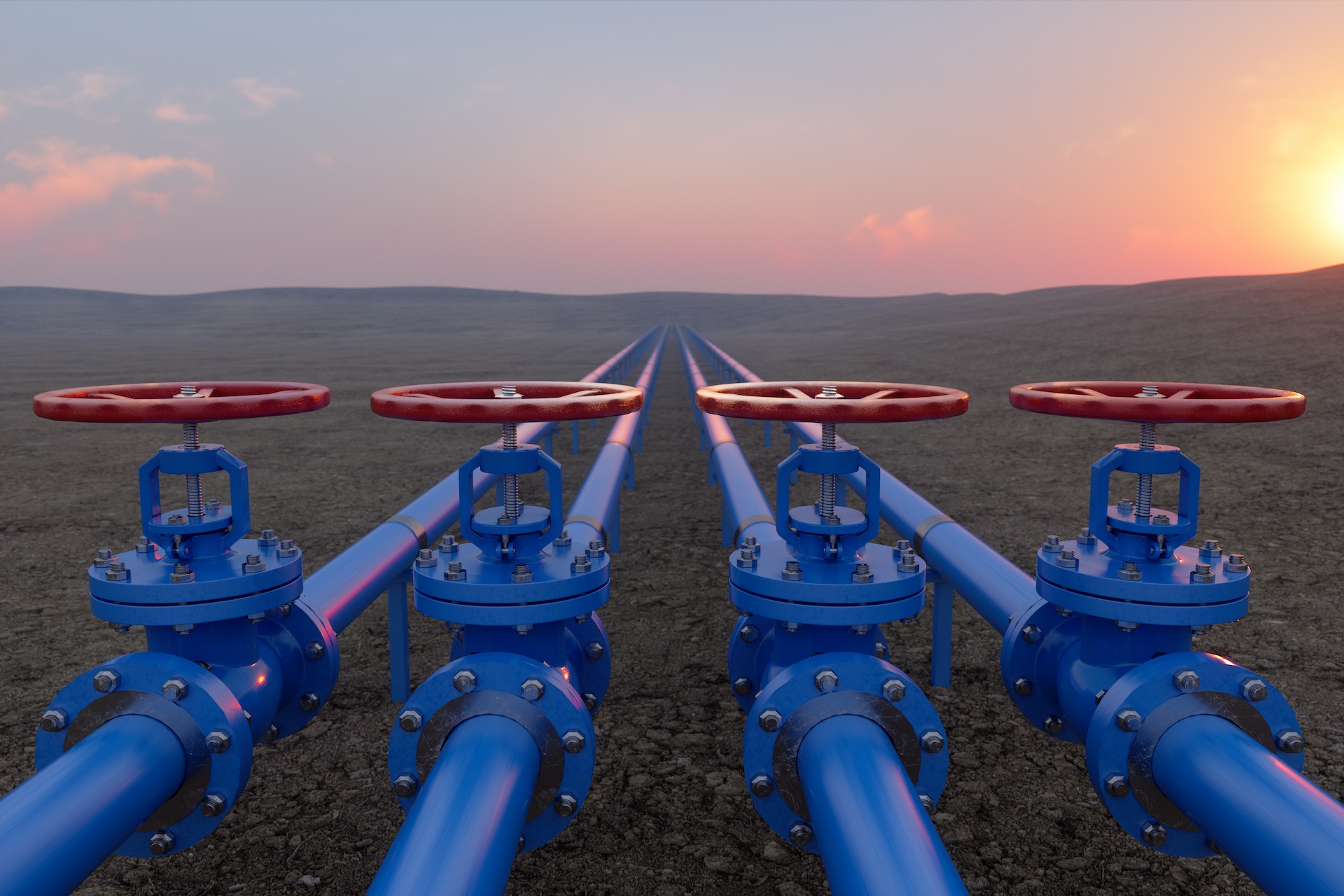
PHMSA Issues Gas Gathering Final Rule Summary & Requirements
November 30, 2021
PHMSA announced that they issued a final rule that significantly expands Federal pipeline safety oversight to all onshore gas gathering pipelines.
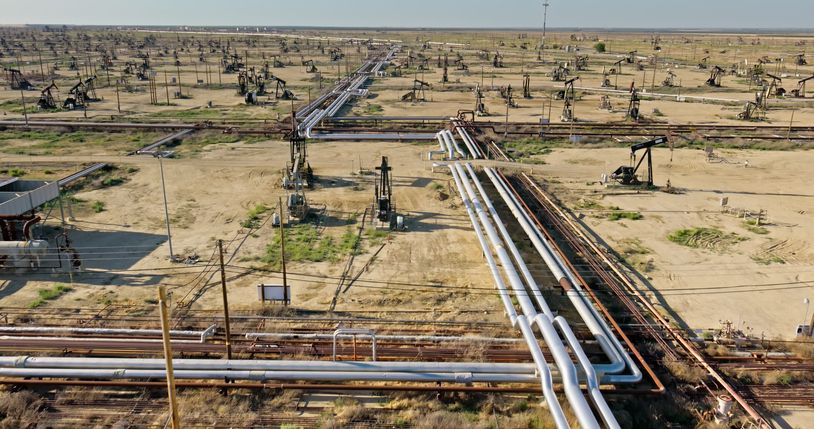
PHMSA Protecting our Infrastructure of Pipelines and Enhancing Safety (PIPES) Act of 2020
June 11, 2021
PHMSA announced it has submitted an advisory bulletin underscoring to pipeline and pipeline facility operators requirements to minimize methane emissions.
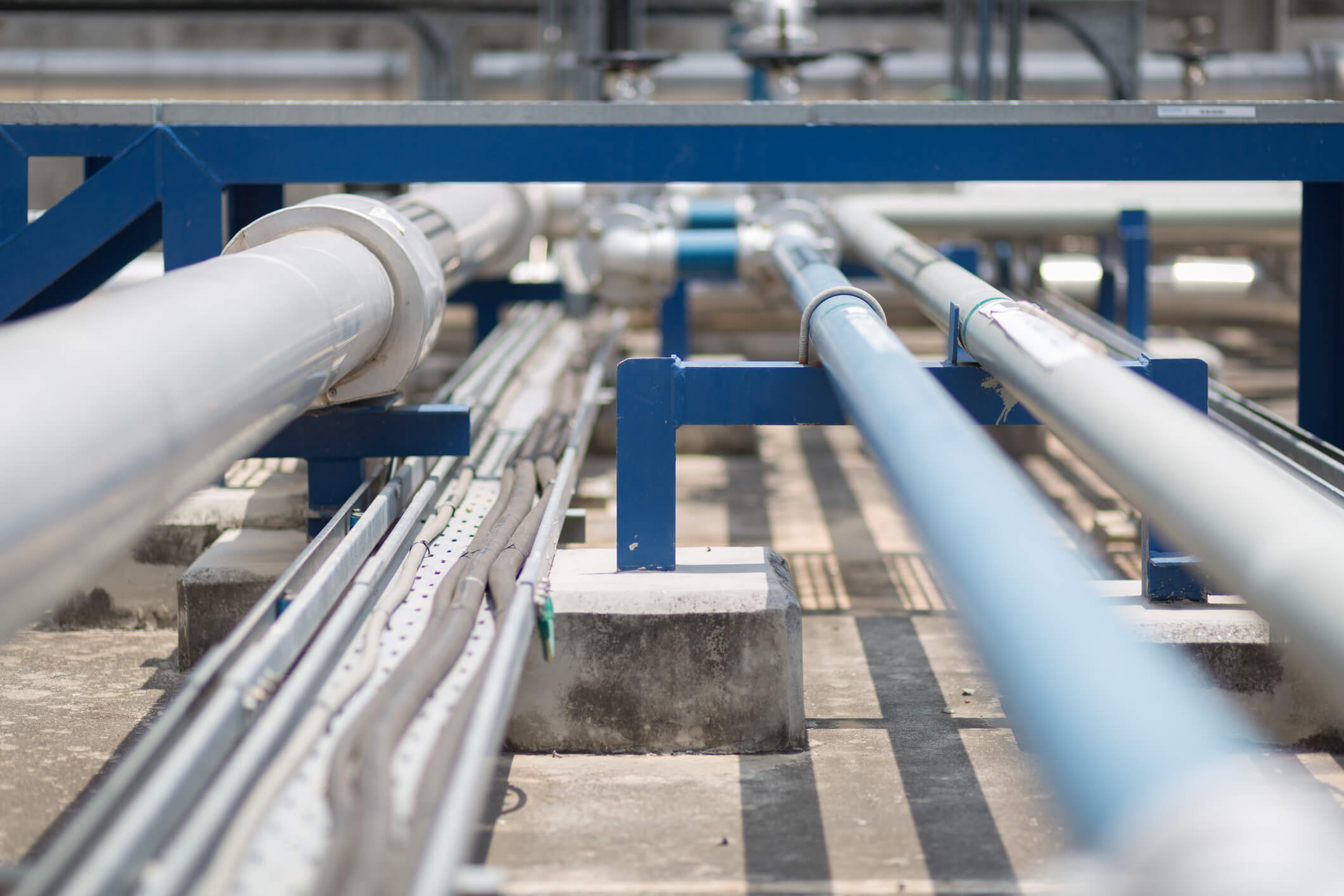
DHS Announces New Cybersecurity Requirements for Critical Pipeline Owners and Operators
June 3, 2021
The Security Directive will require critical pipeline owners and operators to report confirmed and potential cybersecurity incidents.
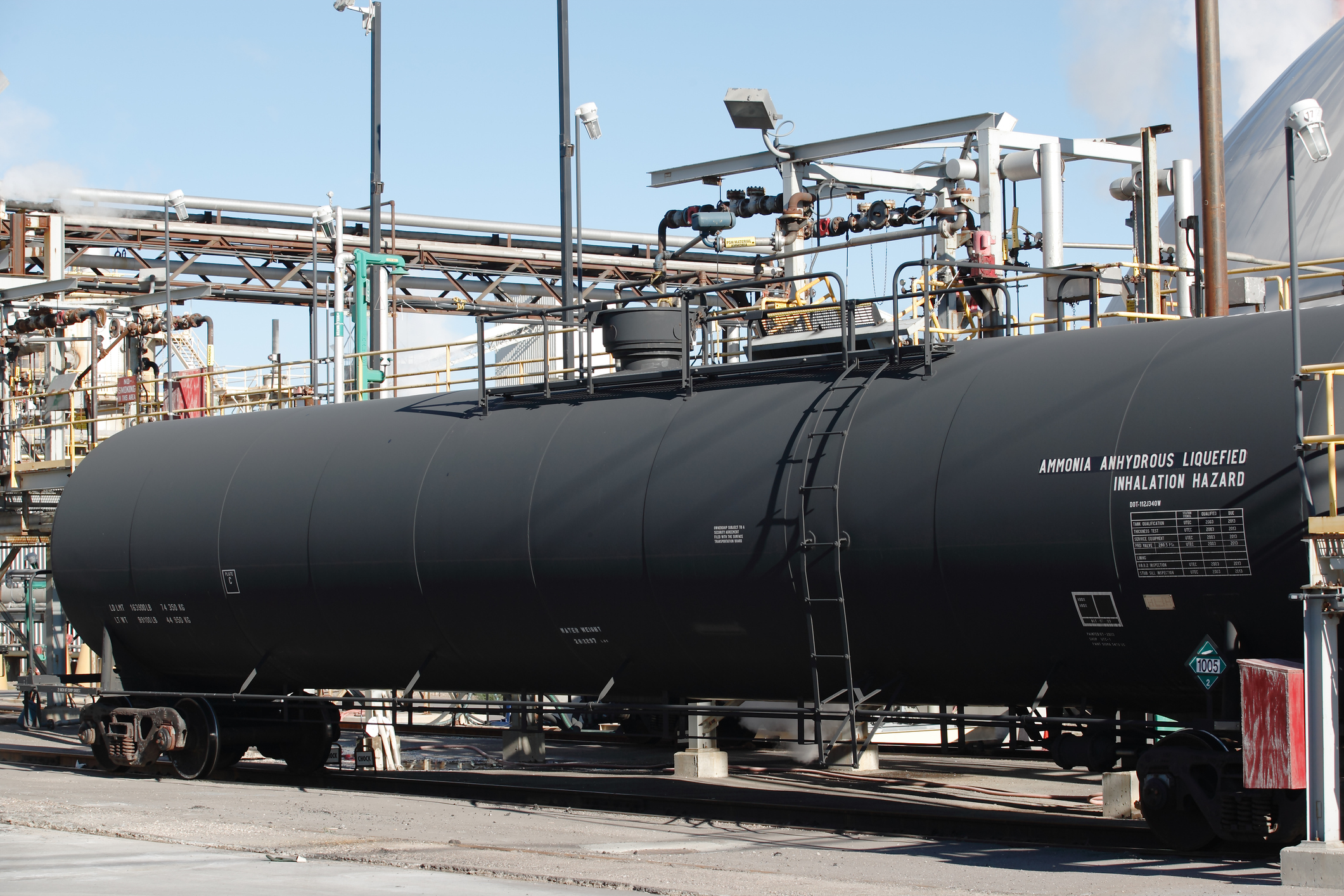
Environmental Compliance Key for Transloading Success
February 24, 2021
Transloading projects that support the transfer of oil from truck to rail and vice versa are an increasing growth opportunity for the rail industry. However, since transfer requires the handling of the goods, transloading can be expensive, and the risk of damage and spills is high.
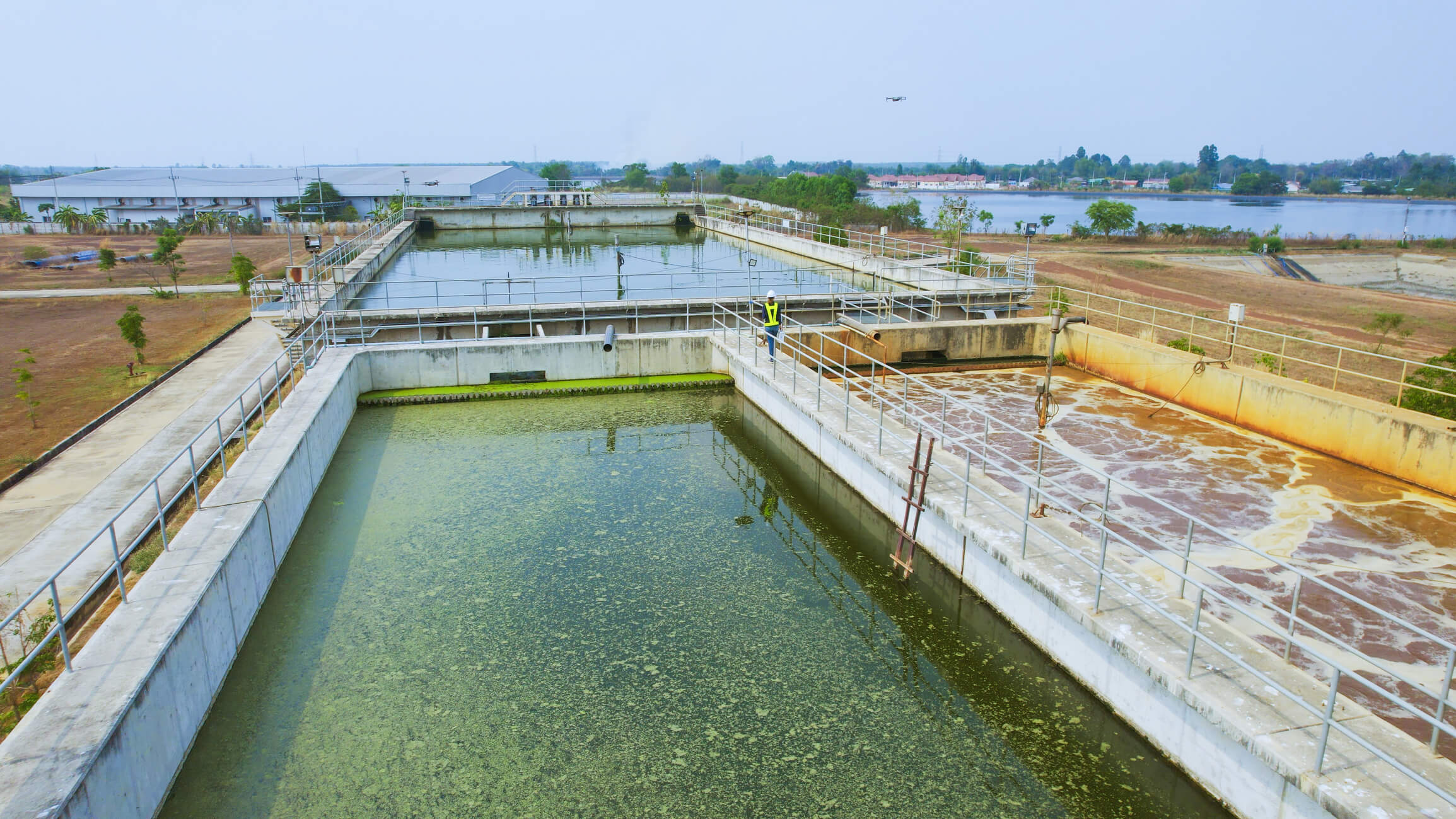
TCEQ to Assume Oil and Gas Wastewater Permitting from RRC
January 11, 2021
Historically, the Railroad Commission of Texas has been responsible for wastewater permitting of upstream oil and gas facilities under a Memorandum of Understanding with the Texas Commission on Environmental Quality.

Integrity Dig Integrated Services
August 4, 2020
Our Integrity Engineers, Surveyors, Right-of-Way Experts and Environmental Scientists are well-versed in all phases of integrity dig programs from preparing the pipeline for a tool run, interpreting results, verifying proper repair procedures and obtaining federal and state environmental approvals. Our team includes former pipeline operators, survey experts, PHMSA and environmental regulators and trainers. We developed the current ILI training curriculum for PHMSA’s training program.

INGAA Foundation Interview with Lauren O’Donnell
June 22, 2020
TRC’s own Lauren O’Donnell is currently the elected Chair of the INGAA Foundation. The Foundation’s primary activity is to sponsor research aimed at promoting natural gas use and safe, efficient pipeline construction and operation.

Targeting Perfection in the Construction and Operation of Pipelines
October 18, 2019
To have an impact on the delivery or operation of a pipeline, it’s vital to eliminate the intra- and inter-company barriers, including those in the areas of communications, culture and technology.
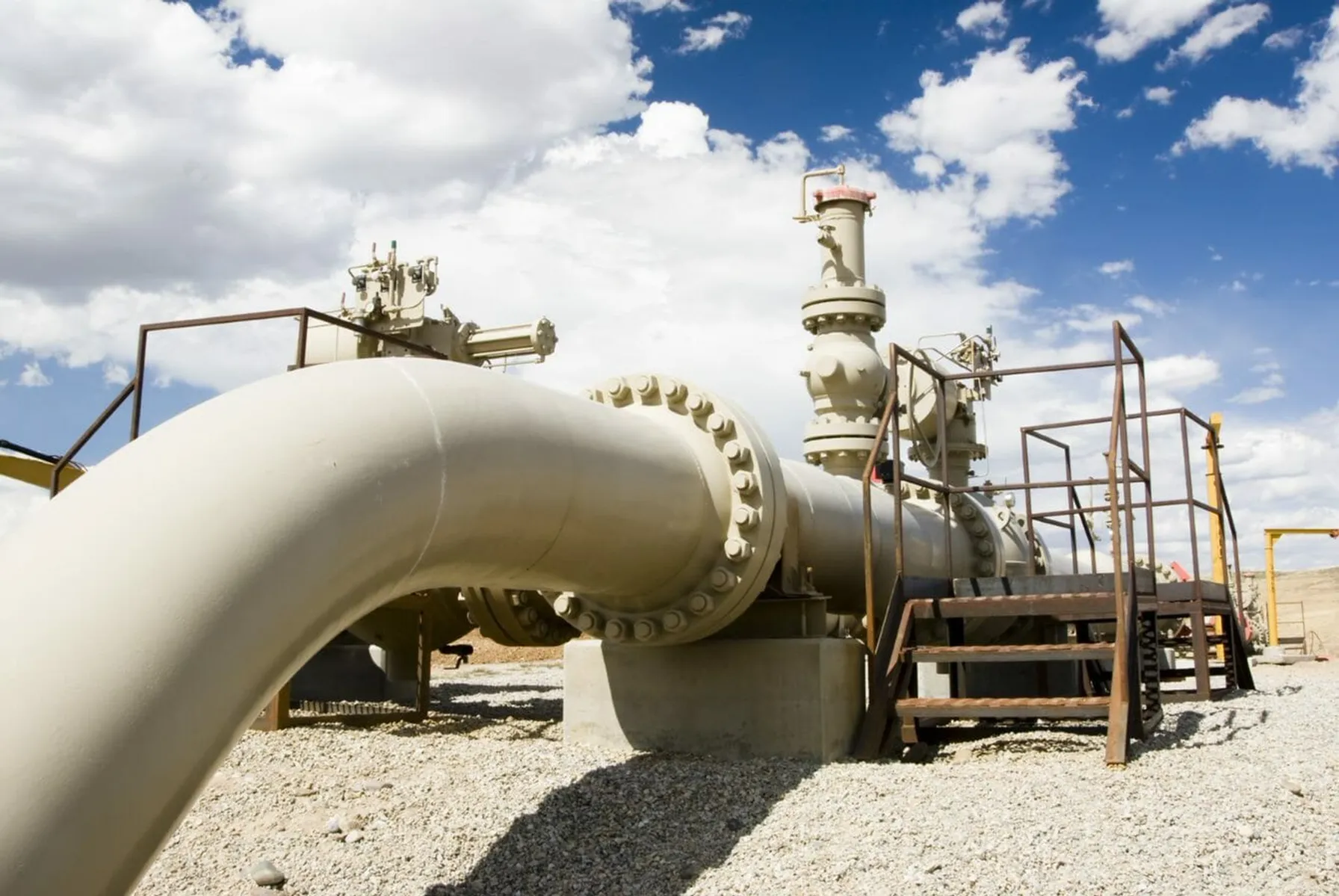
PHMSA Publishes New Rules to Increase the Safety of Hazardous Liquid Pipelines and Gas Transmission Pipelines
September 25, 2019
The Pipeline and Hazardous Materials Safety Administration this week published important new rules aimed at improving pipeline safety.
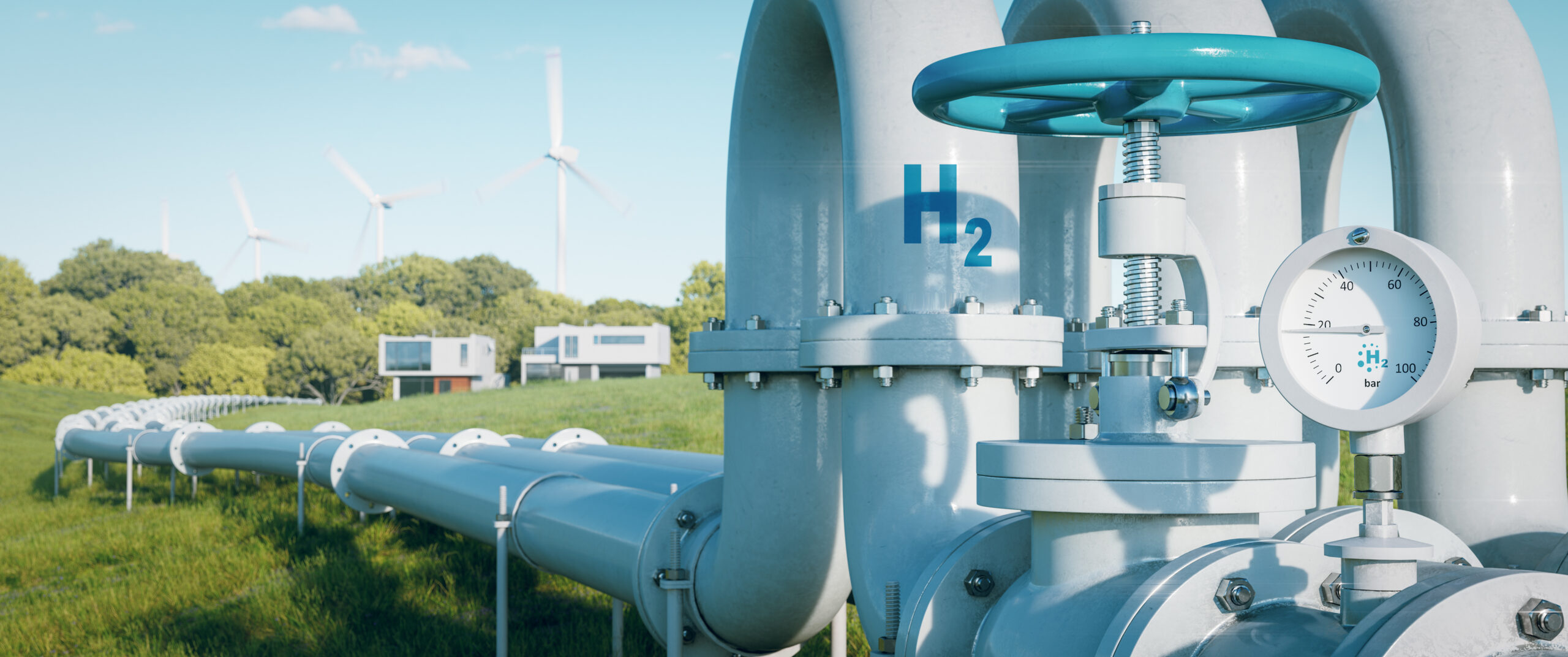
What Hydrogen Production Technologies Qualify for the 45V Tax Credit?
February 26, 2025
The 45V Tax Credit, formally known as the “Credit for Production of Clean Hydrogen and Energy Credit,” became effective on January 10, 2025 when it was published in the Federal Register. The 45V Tax Credit is one of the 21 tax credits that were created or amended by the Inflation Reduction Act (IRA). Finalization of this tax credit is important news to hydrogen project developers and financiers.
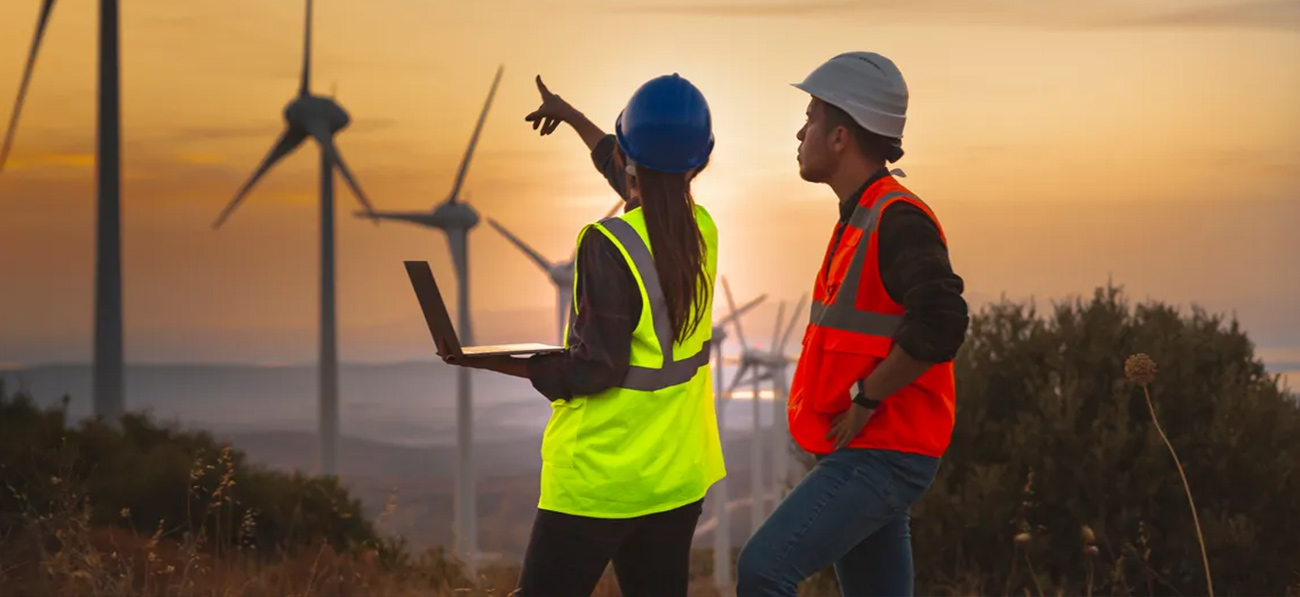
NERC Approves IBR Related Standards Impacting Renewable Generation
October 31, 2024
The standards will soon be filed and pending final approval from FERC. NERC also voted to improve the definition of ride through to include the “ability to withstand voltage or frequency disturbances inside defined limits and to continue operating as specified.”

NERC Proposes Changes to Registration Criteria for Inverter Based Resources (IBRs)
April 19, 2024
NERC has submitted for FERC approval new compliance criteria for the registration of IBRs as part of continuing efforts to address reliability risks. It is critical for renewable energy developers, generation owners and transmission owners to understand the potential implications for interconnection studies and interconnection queues.
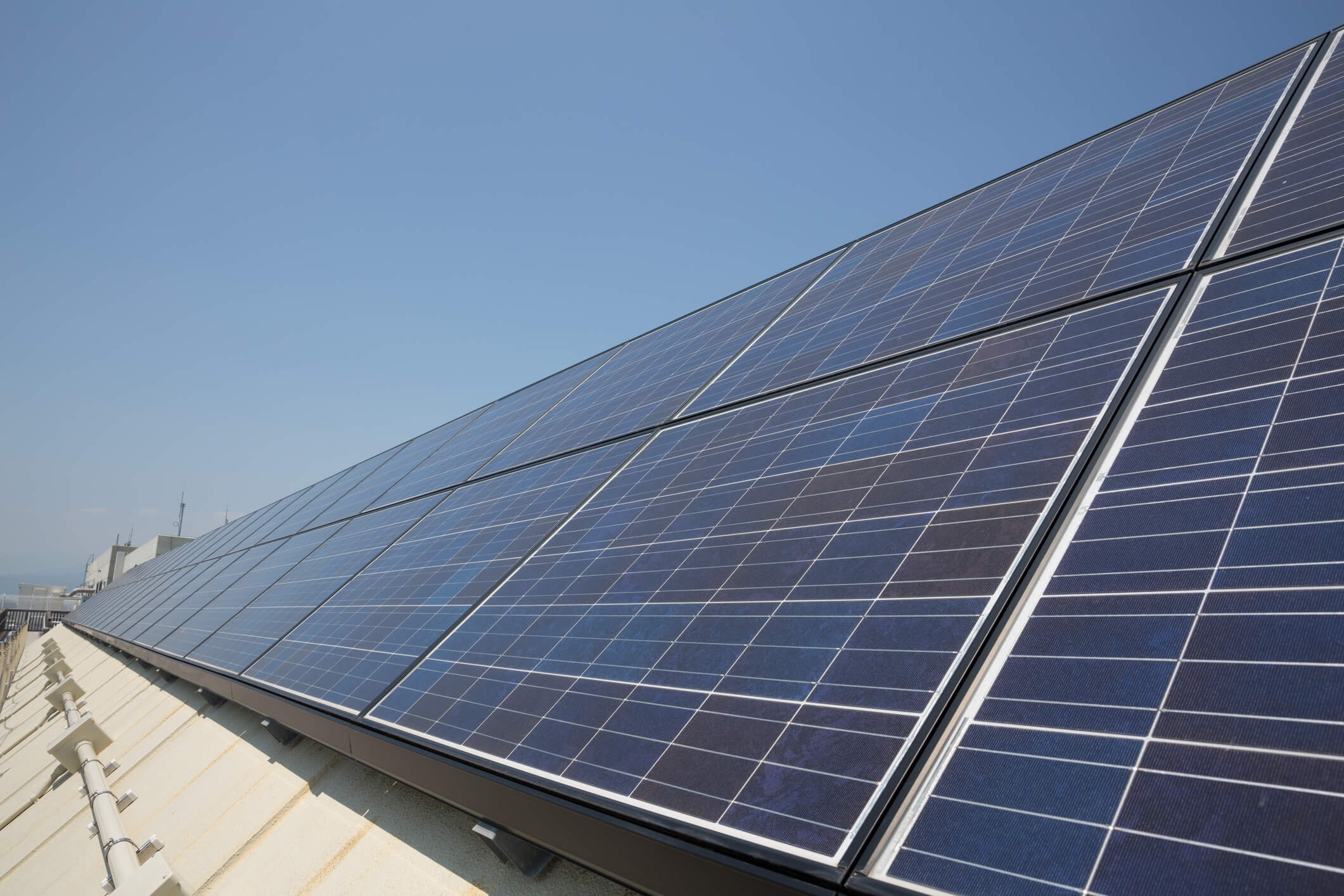
Hydrogen Hub Funding Provisions
March 26, 2024
TRC’s panel of practitioners discuss the Hydrogen Hub (H2Hub) funding provisions of the Bipartisan Infrastructure Bill (BIL).

FERC Order 901 Calls for Standards to Address IBR Reliability Gaps
November 27, 2023
Inverter Based Resources are playing central role when it comes to adding new electric generation capacity into the bulk power system.
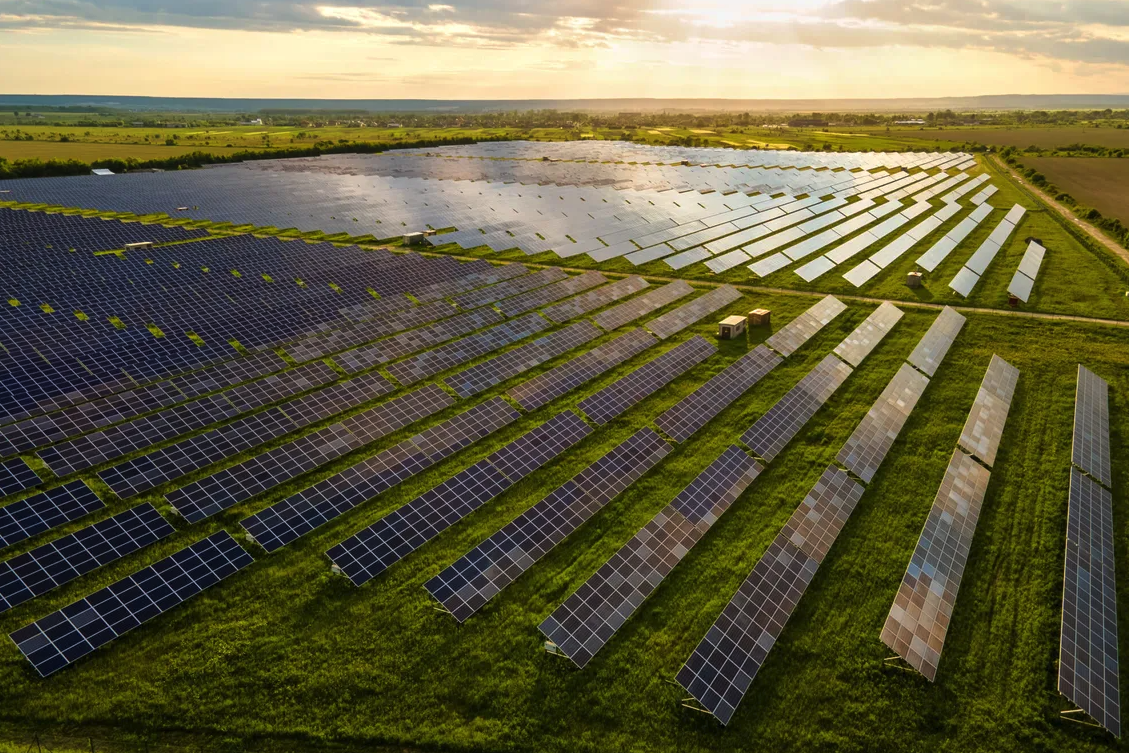
NERC Releases Inverter Based Resources Webinar Series
October 19, 2023
As the power delivery system continues to rapidly evolve due to decarbonization policy initiatives, inverter-based resources (IBRs) are playing an ever-more significant role in generation additions to the bulk power system. NERC and other technical organizations have taken numerous actions to support the reliable integration of these resources.
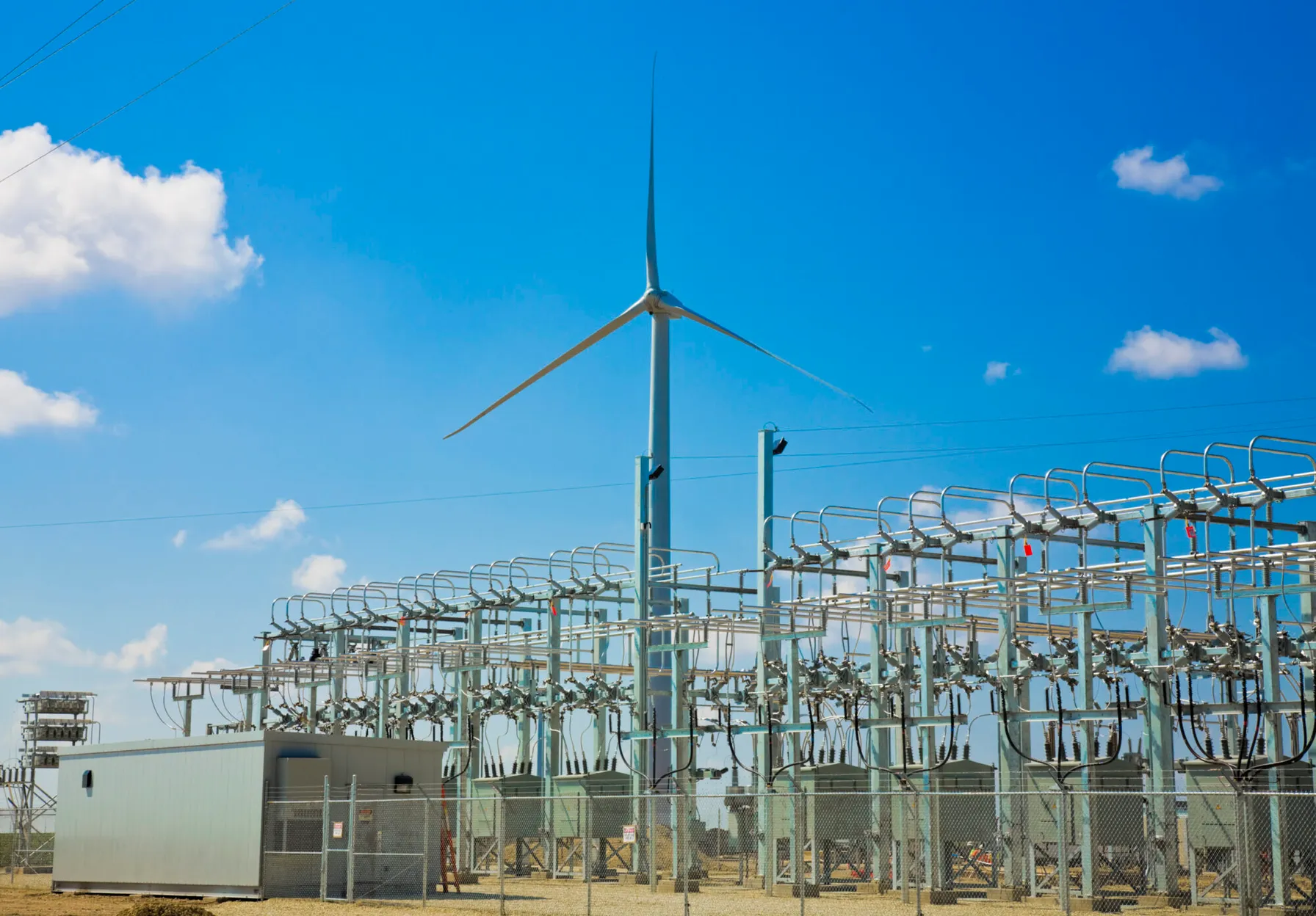
FERC Issues Order 2023 to Resolve Interconnection Process Issues
September 25, 2023
The Federal Energy Regulatory Commission has approved Order 2023 to facilitate and improve the speed and reliability of adding new energy resources to the power system
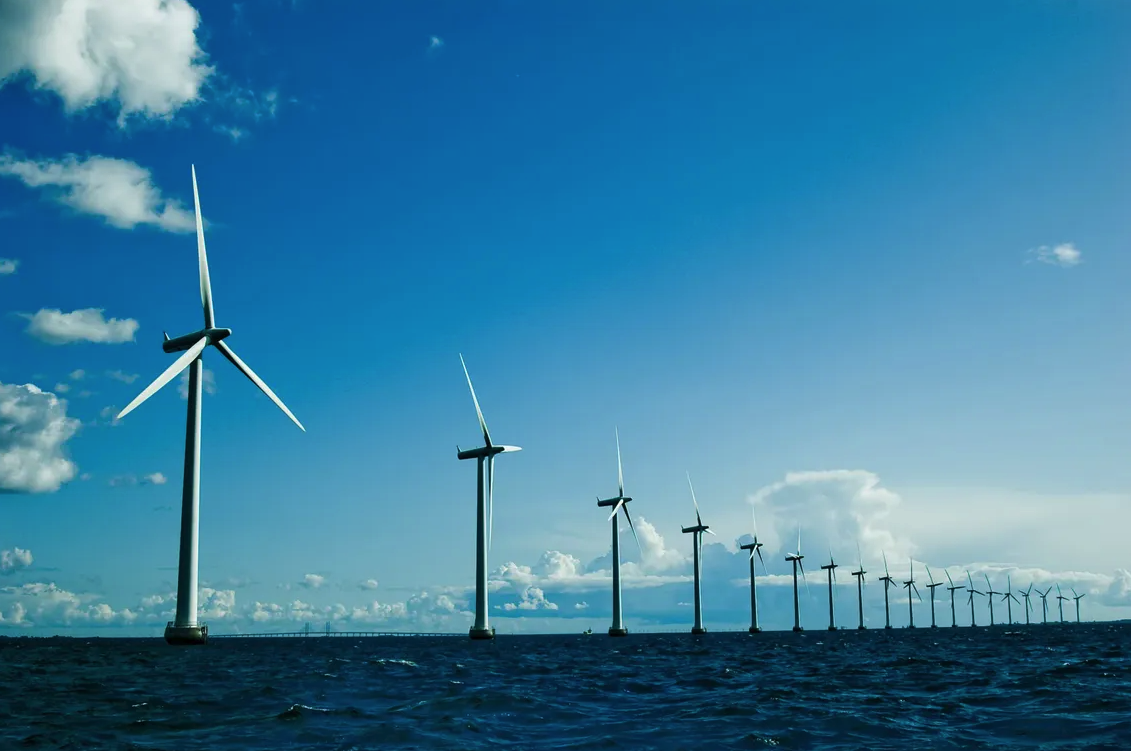
Offshore Wind: A Critical Energy Solution on the Path to Grid Resiliency and Decarbonization
August 29, 2023
As the urgency to decarbonize and build resiliency grows, renewable energy continues to be a pivotal solution for reshaping the future of power in the U.S. From solar to wind, hydro, geothermal and biomass, each renewable resource has its sweet spot for efficient development, deployment and optimal performance. And while they all have their own pros and cons, it is imperative that we leverage them all into the energy mix to achieve decarbonization goals and ensure adequate capacity to meet increasing load demands.
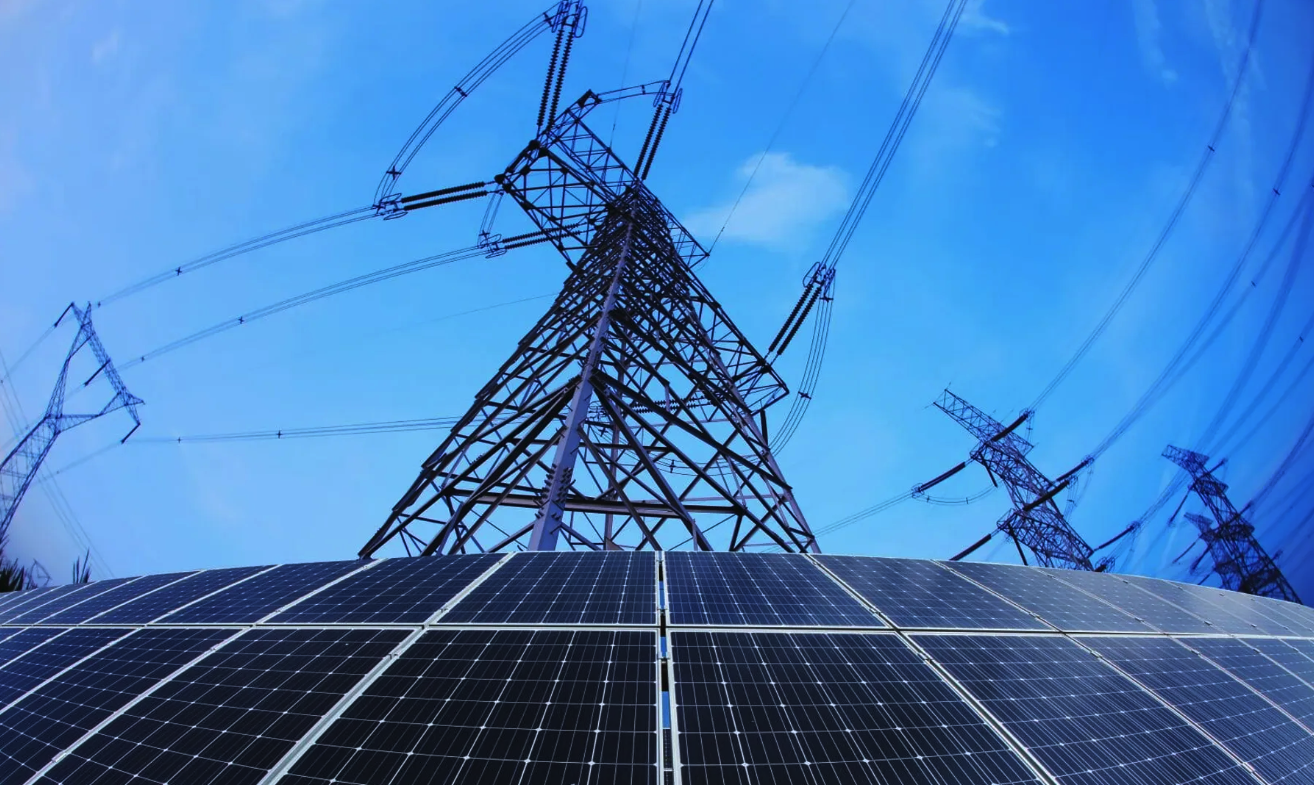
Intro to NERC Regulatory Guidance on Inverter-Based Resources
August 29, 2023
As renewable energy proliferates across the US power system, the North American Electric Reliability Corporation (NERC) continues to actively address reliability risks resulting from the implementation of inverter-based resources (solar and wind generation technology) connected at both transmission and Distributed Energy Resources (DER) levels.
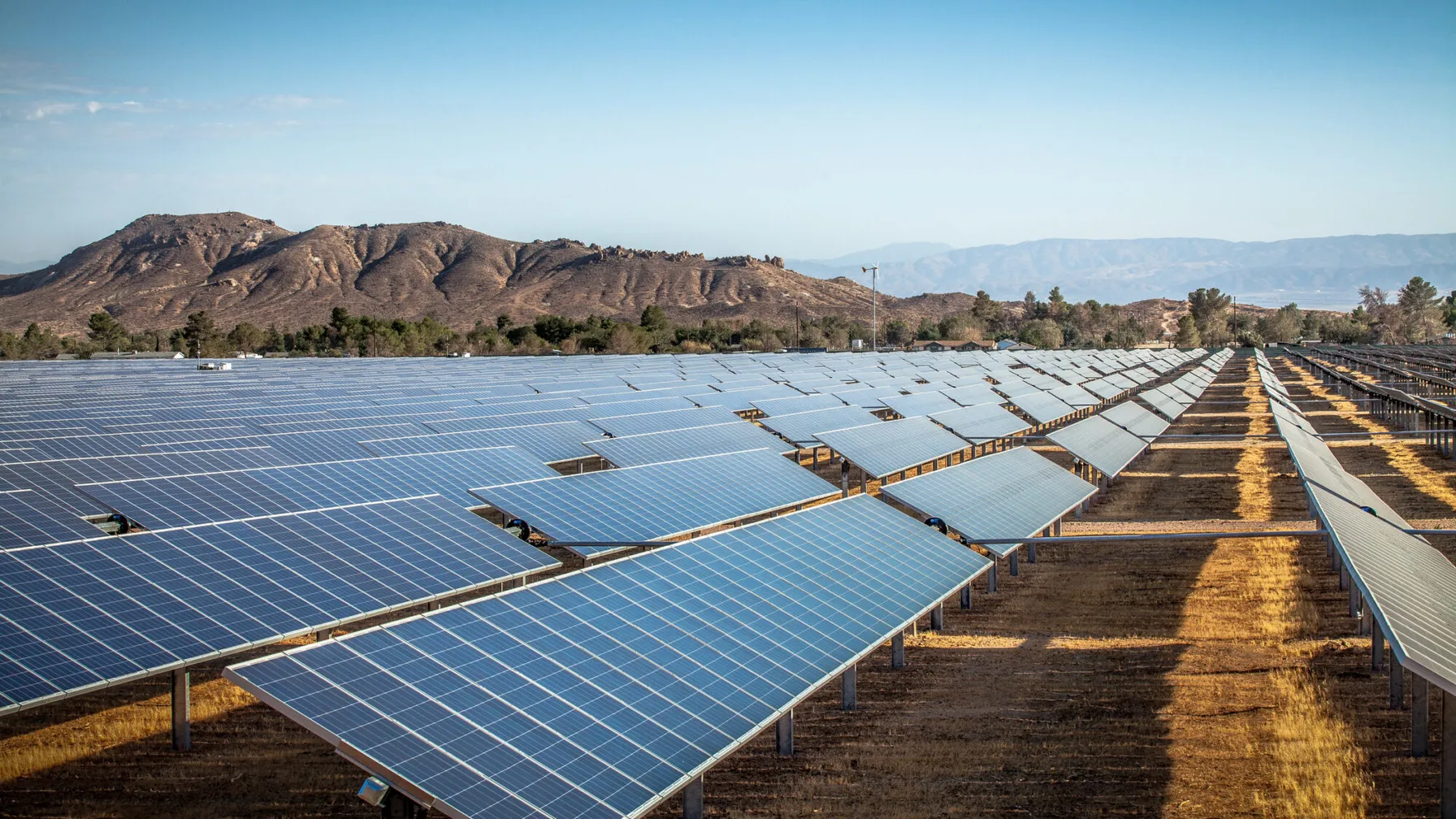
FERC Approves Plan to Register Certain Inverter-Based Resources as part of NERC Mandatory Standards Compliance Program
June 21, 2023
FERC issued an order approving NERC’s compliance filings.
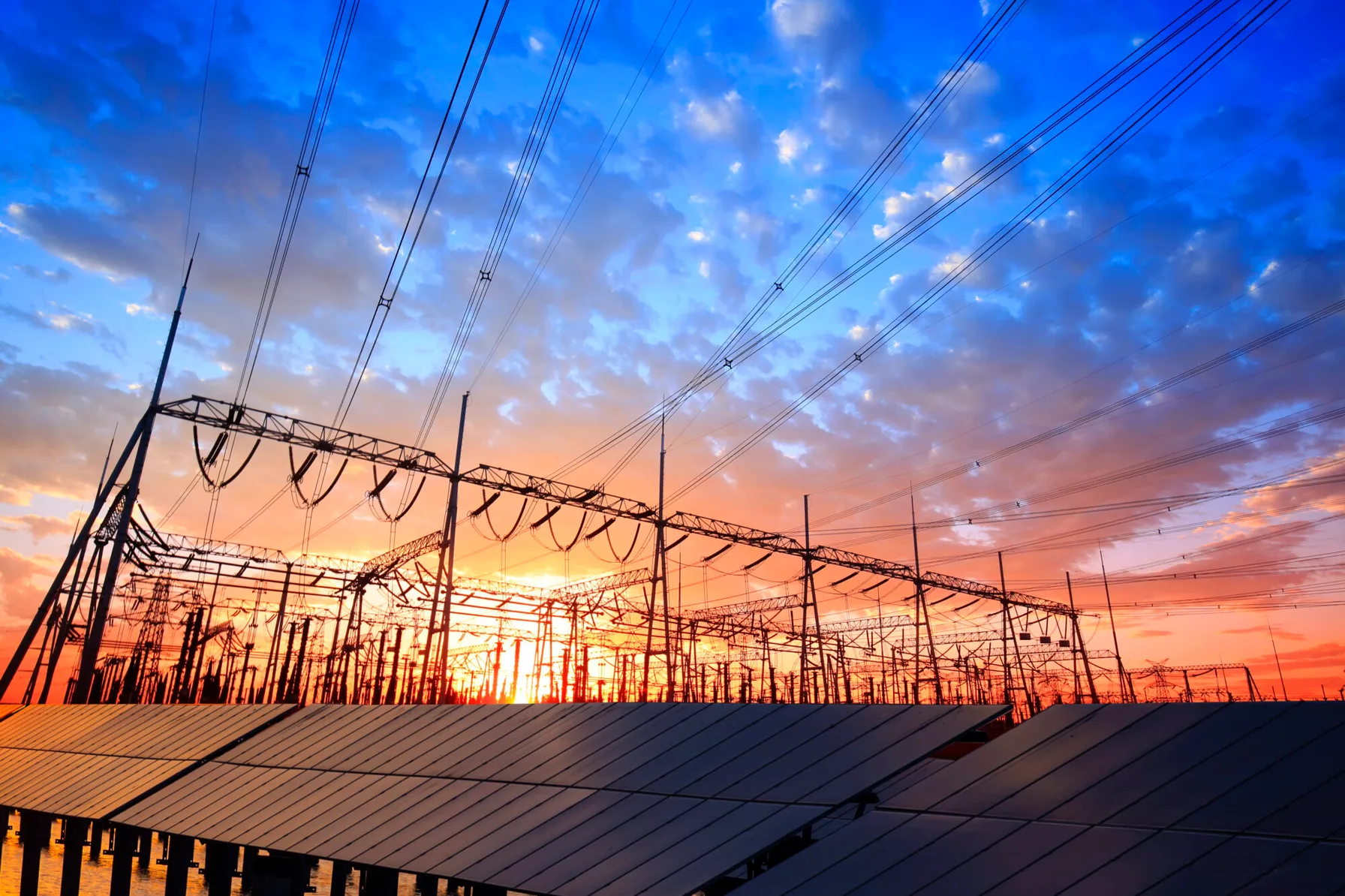
Insights from the Odessa II Power System Disturbance
February 22, 2023
NERC and TRE release the Odessa II Power System Disturbance Report
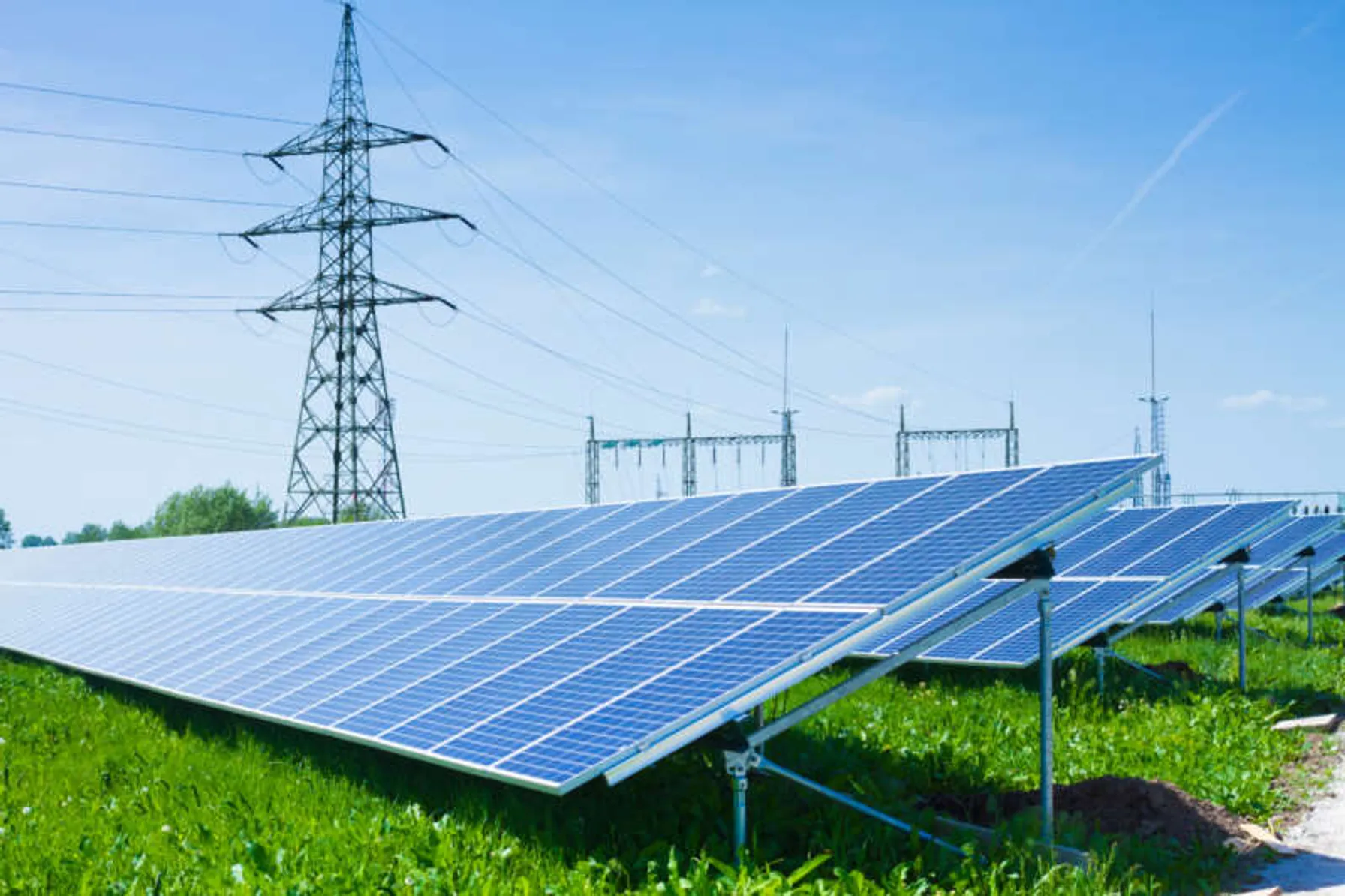
New FERC Orders Will Change Regulatory Process for Inverter Based Resources
January 9, 2023
The Federal Energy Regulatory Commission (FERC) recently proposed actions to keep the regulatory process and requirements ahead of reliability risks resulting from the accelerated deployment of Inverter Based Resources (IBR) based solar, wind and battery storage projects.
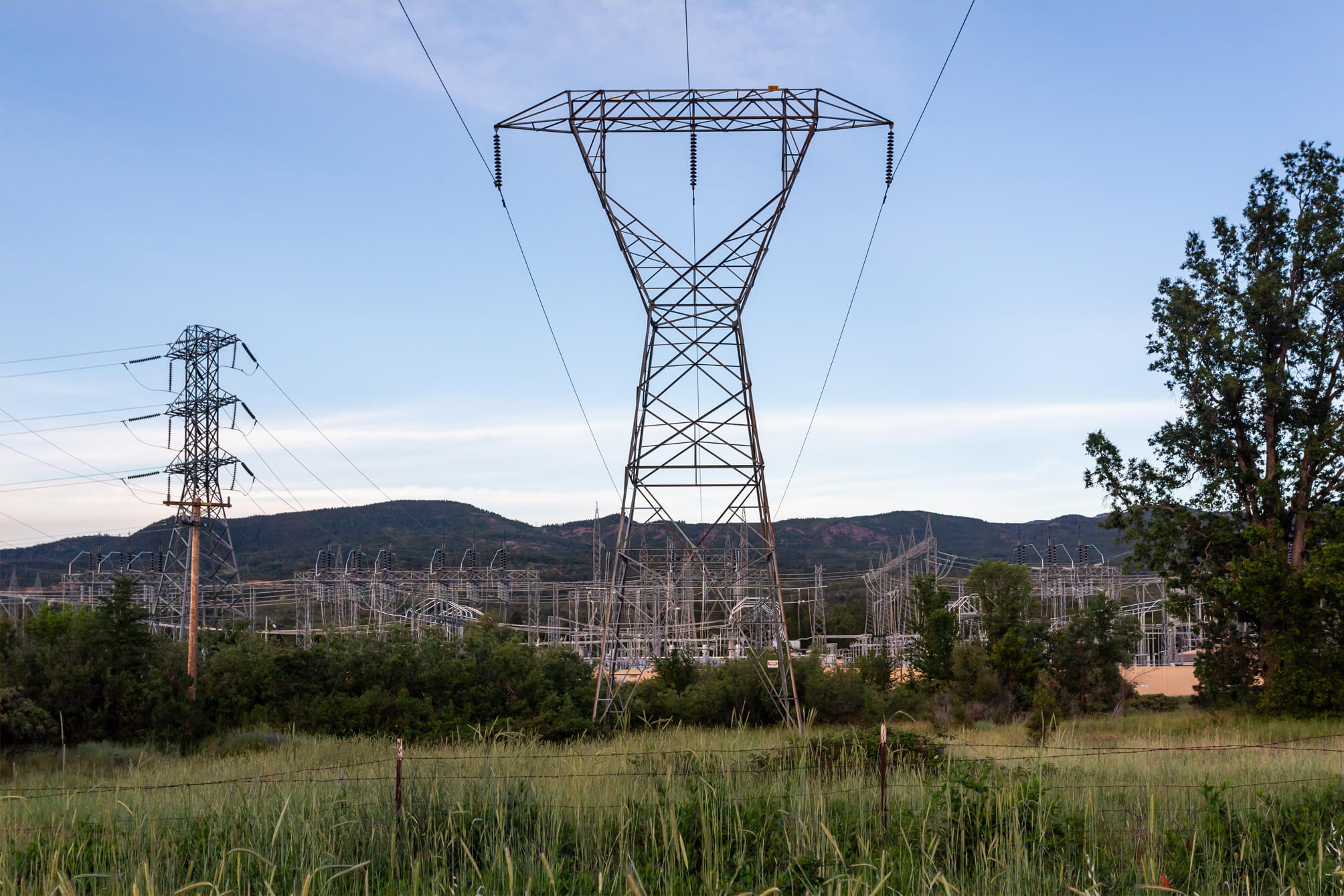
NERC Releases Inverter-Based Resource Strategy Plan
October 25, 2022
The North American Electric Reliability Corporation (NERC) recently released an Inverter-Based Resource (IBR) Strategy, which details the steps needed to successfully integrate IBR facilities into the planning and operation of the power system. The strategy was put in place due to the rapid interconnection of IBR systems, which are extensively used for solar and wind generating facilities, including new battery-based energy storage systems and are one of the most significant drivers of power grid transformation. Because of control system inconsistencies, IBR facilities pose well-documented risks to power system reliability when this strategy’s practices are not adhered to. NERC’s plan calls attention to the need for thoughtful integration of IBRs and identifies current and future work required to mitigate reliability risks resulting from the deployment of this technology.
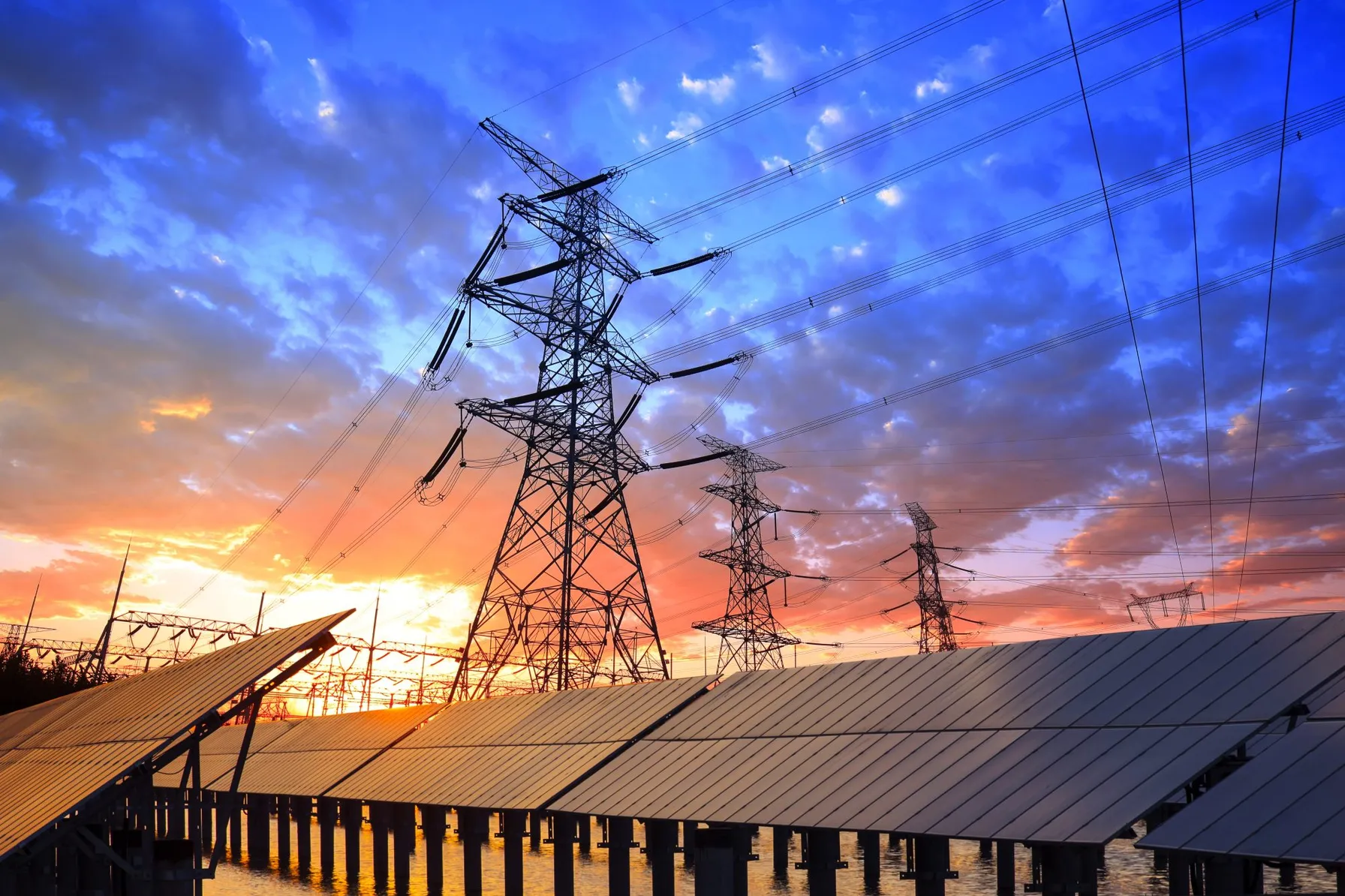
New NERC Guidance Supports the Implementation of Grid Forming Inverters
March 8, 2022
NERC has issued a new report highlighting the key attributes of various inverter controls to support proper implementation and to protect reliability.

Decarbonization: A Systems-Level Challenge and Actions to Address Climate Change
December 7, 2021
Carbon elimination of the magnitude needed to address climate change requires systems-level change that can only be reached by incremental, ground-up progress, building upon what we have achieved thus far.
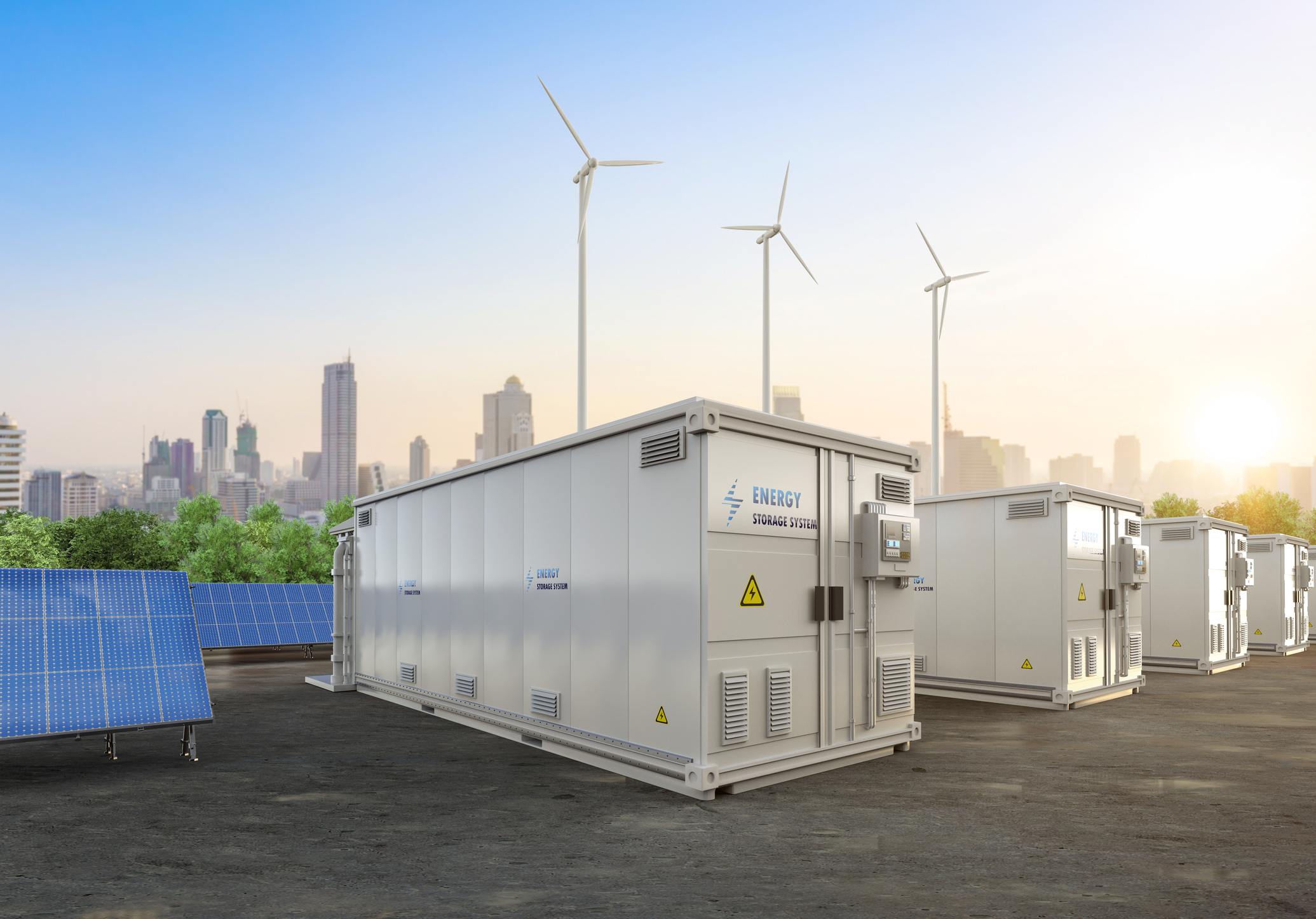
How Do Energy Storage Systems Work?
October 18, 2021
For more than five decades, TRC has brought efficient, resilient energy systems to the world. We understand the challenges of implementing energy storage projects.

NERC’s Generator Relay Loadability Standard is Now in Effect
August 30, 2021
Many companies want to harness the power of green energy. Doing so depends on finding the proper method of deploying this type of energy once it has been produced. Renewable energy requires a reliable and accessible storage method, and a battery energy storage system (BESS) can assist with these needs. Understanding the components of battery energy storage may give energy producers better power system flexibility and allow a more significant level of integration of renewable energy. BESS function similarly to the battery used in a flashlight, storing and offering power when needed. However, a BESS works on a larger scale and charges differently. It relies on algorithms to determine when energy should be produced and sent to the grid. By syncing this release with the periods when energy sees the most demand (energy peaks), electricity costs remain stable, and the supply keeps coming.
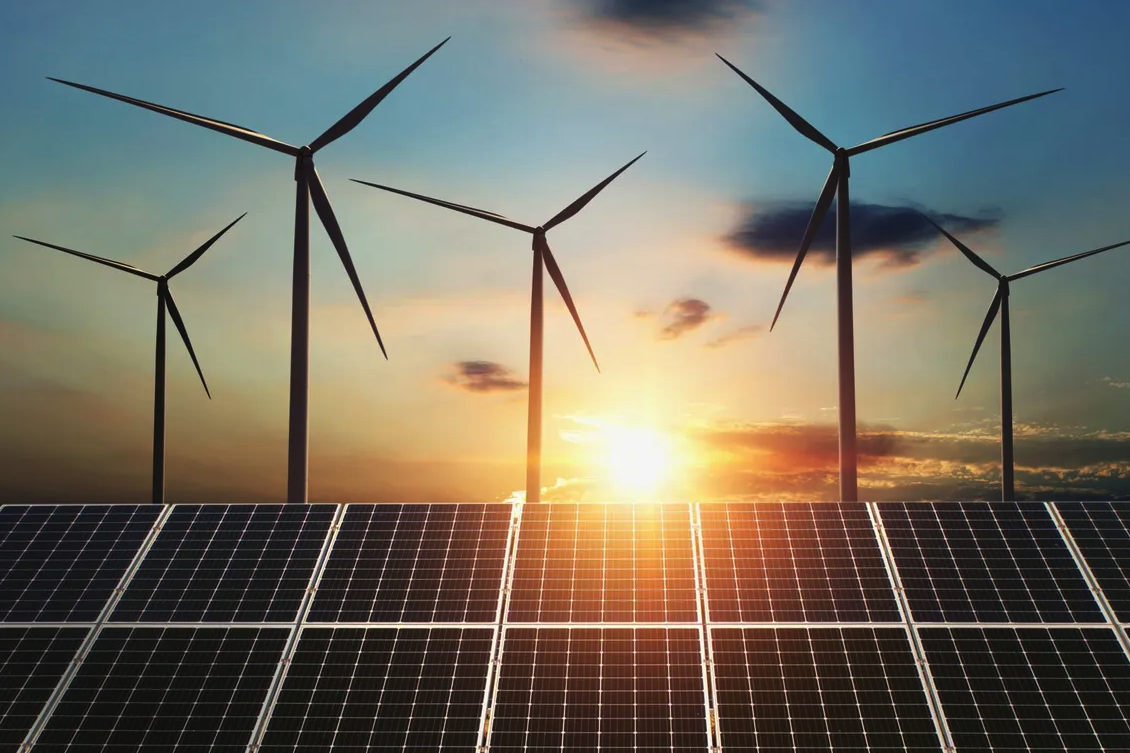
NERC Seeks to Improve GADS Reliability Performance Reporting
August 26, 2021
Many companies want to harness the power of green energy. Doing so depends on finding the proper method of deploying this type of energy once it has been produced. Renewable energy requires a reliable and accessible storage method, and a battery energy storage system (BESS) can assist with these needs. Understanding the components of battery energy storage may give energy producers better power system flexibility and allow a more significant level of integration of renewable energy. BESS function similarly to the battery used in a flashlight, storing and offering power when needed. However, a BESS works on a larger scale and charges differently. It relies on algorithms to determine when energy should be produced and sent to the grid. By syncing this release with the periods when energy sees the most demand (energy peaks), electricity costs remain stable, and the supply keeps coming.

The Economics of Transitioning to Renewables
May 15, 2021
One of the biggest obstacles involved with the transition to renewable energy is speculation about its economic impact. Some worry that switching to renewables will cause instability in the economy, leading to job losses. Many communities across the United States rely on the economic impact of producing, manufacturing or otherwise taking part in the use of hydrocarbons.

Environmental Impacts of Transitioning to Renewables
May 15, 2021
The transition to renewable energy sources will have notable environmental impacts as well as economic impacts. To understand the possible implications, you’ll need some background knowledge of the ways fossil fuels affect the environment.

Transitioning Away From Hydrocarbons
May 15, 2021
The transition from oil and gas to renewables has involved complicated technological research. Sustainable energy production has become a priority around the world. Although the transition has been slow, technological advancements are promising. When approaching an energy transition, leaders should consider all different possible avenues and their potential impacts. Many alternative energy sources are available, each with its own pros and cons.

How to Take a Renewable Project From Planning to Construction
May 15, 2021
A widespread societal shift is underway — now is the time to reduce reliance on fossil fuels and begin renewable energy projects. Among those who should participate are utility companies. They can demonstrate good social consciousness and enjoy notable returns on investment (ROI) by implementing renewable energy projects. In this chapter, you’ll learn about the process of investing in renewables. Use this renewable energy project development guide to help you get started.
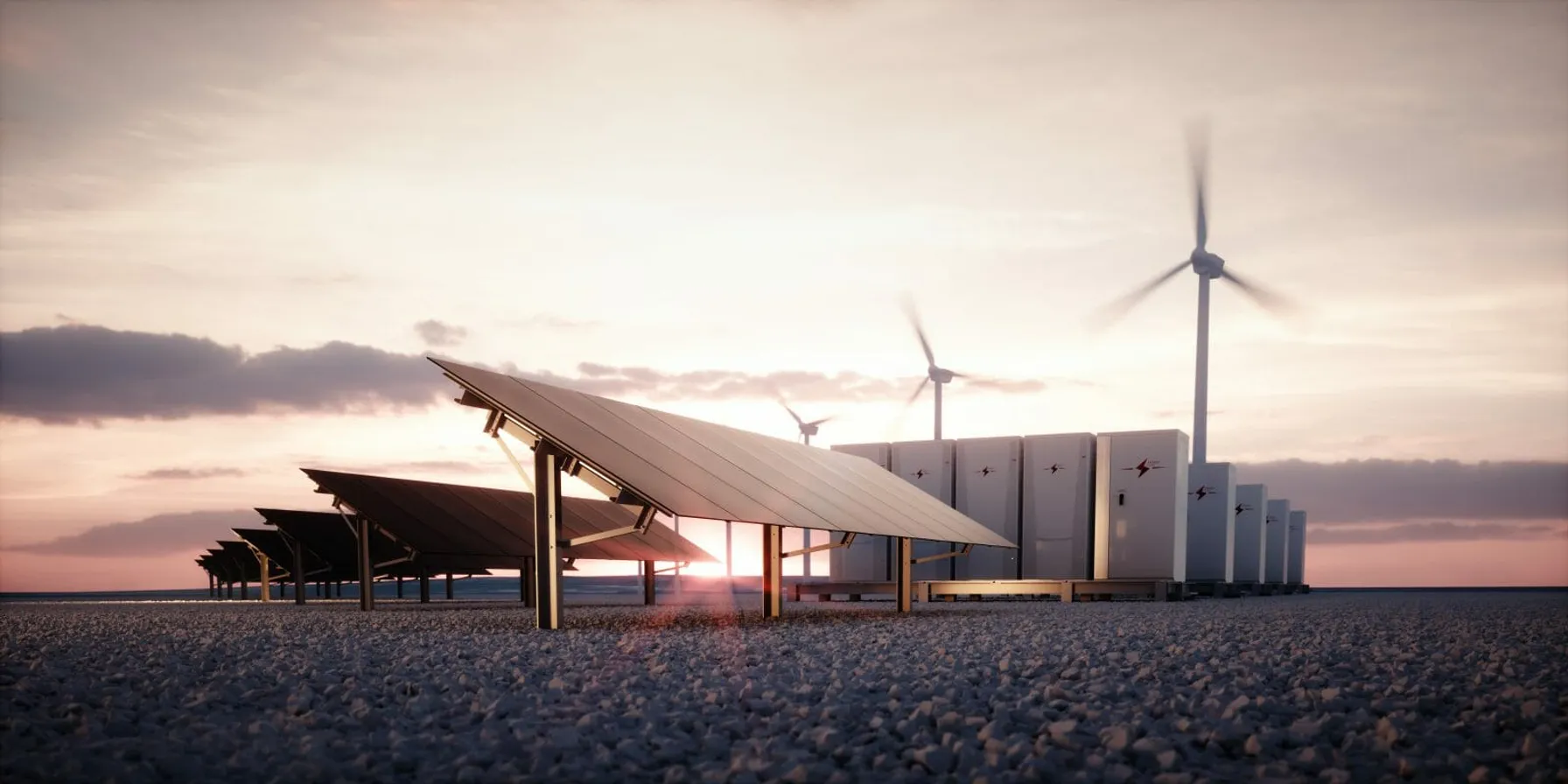
NERC Issues Battery Energy Storage Systems Reliability Guidance
April 22, 2021
While NERC has recently published a reliability guideline addressing inverter-based resources generally, they are now giving more attention to the various potential uses of BESS to support effective implementation with newly released guidance.
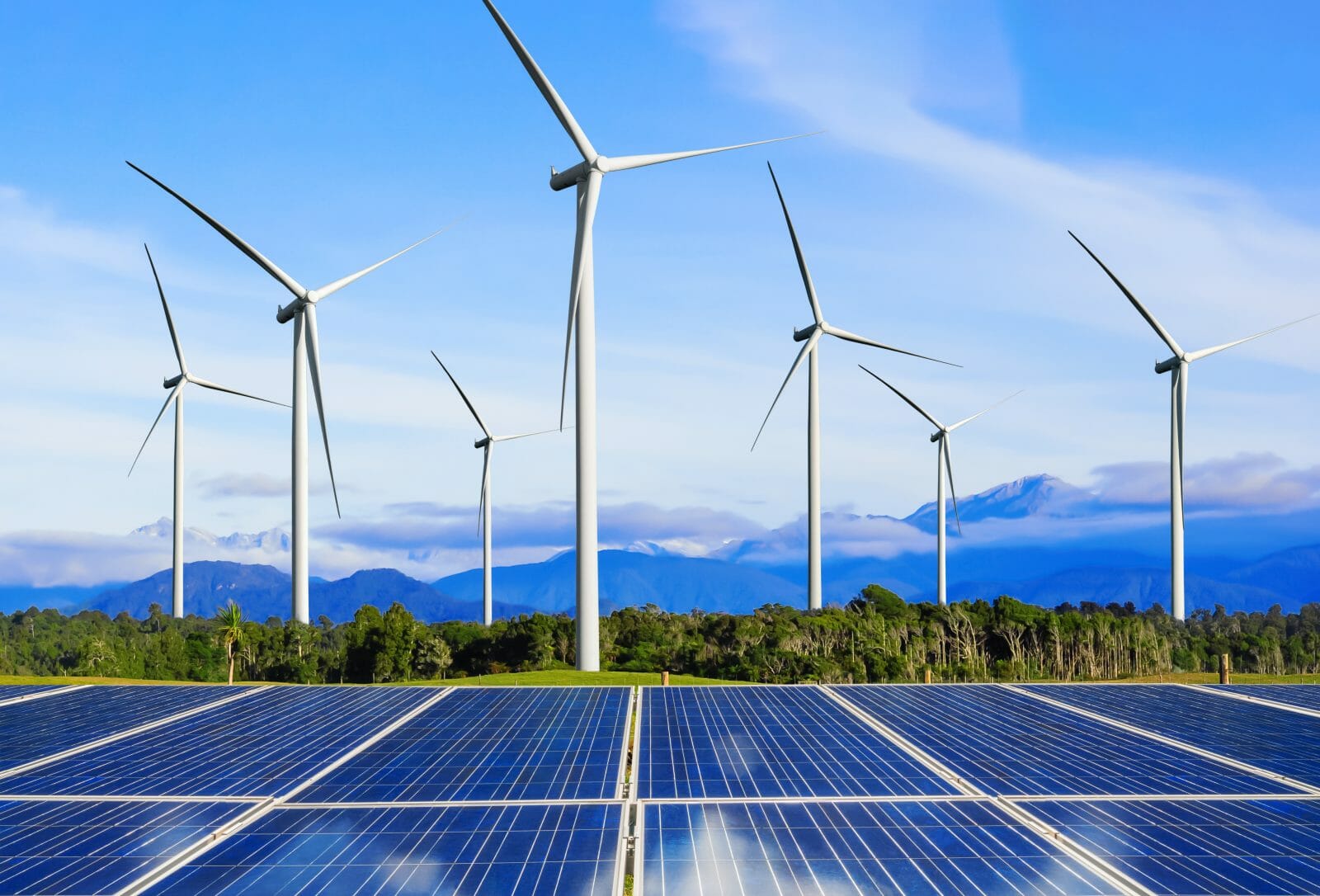
TRC Talks – Integrated Solutions for Renewable Energy
April 7, 2021
Close coordination when planning the electrical and civil design components of a renewable energy project is critical to development success. Working with a multi-disciplinary team can streamline approval processes and ensure optimum constructability.
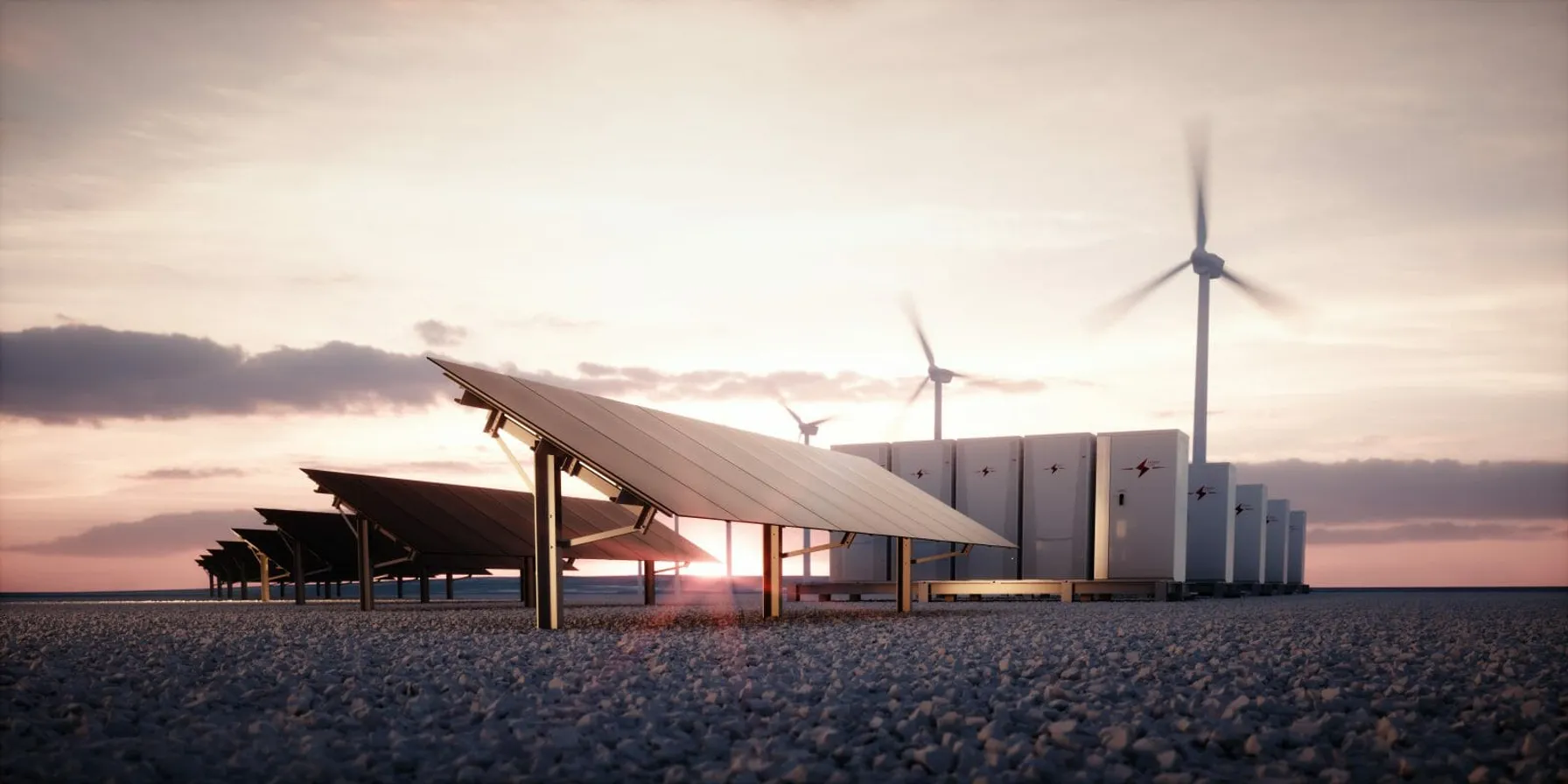
NERC Proposes Revision of Pending TPL-001-5.1 Standard
January 20, 2021
NERC has recently undertaken important standards and guidance development activities related to the proliferation of inverter-based technologies such as solar and wind generation, as well as battery energy storage which is growing as an industry solution to ensure the reliability of renewable power for end-use customers.
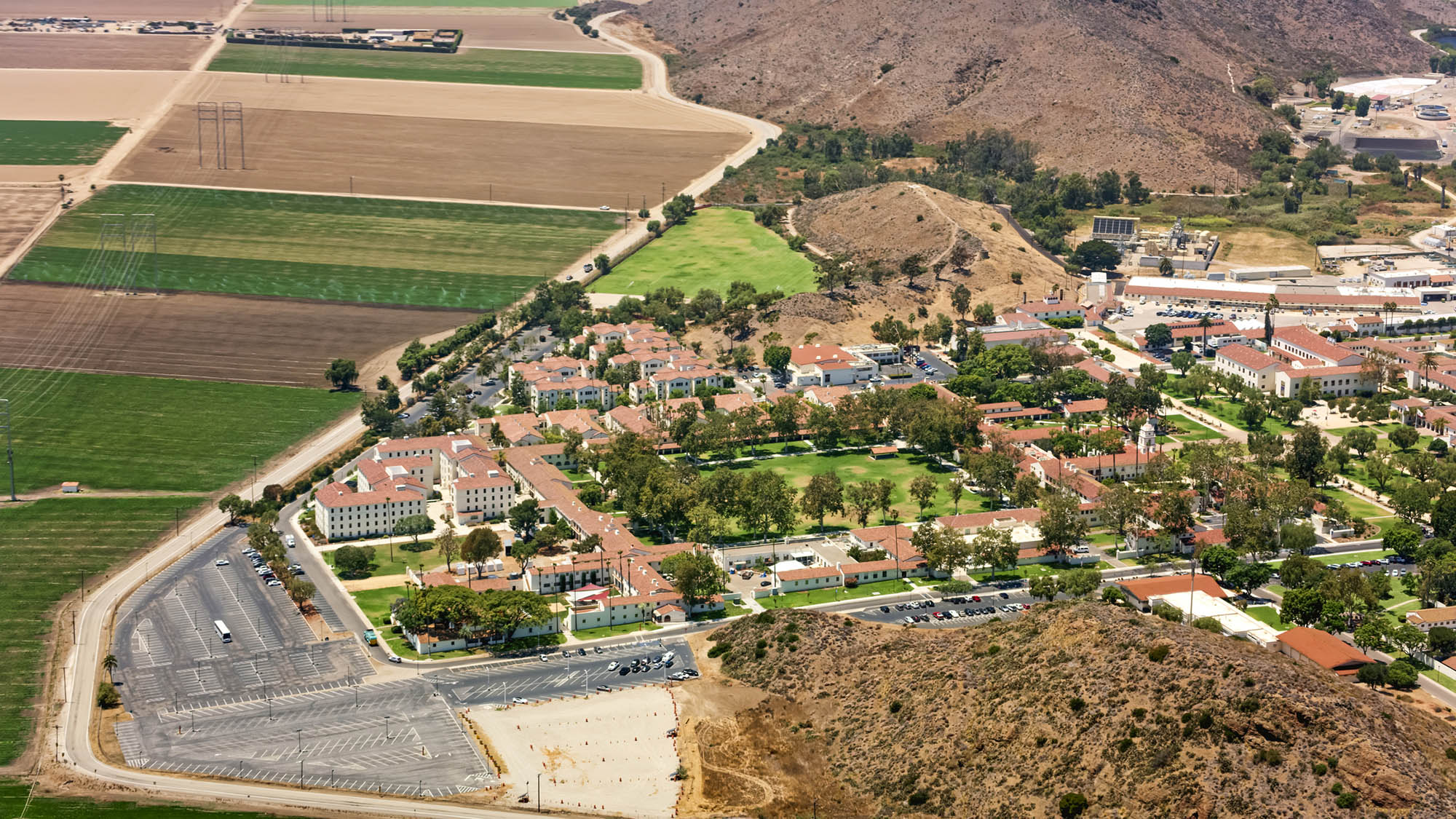
City of Camarillo, California approves moving forward with Hybrid Solar Microgrids at five critical community facilities
November 6, 2020
On October 28, the Camarillo City Council unanimously approved moving forward with the design of Hybrid Microgrids at five City facilities: City Hall, the Corporation Yard, Camarillo Public Library, Police Station, and Wastewater Treatment Plant. The microgrid at the Camarillo Public Library will be designed with solar+storage only, while the other four sites will employ a hybrid design of solar+storage+diesel.

TRC Digital partners with Dominion Energy to evolve its distributed energy resource strategy
September 22, 2020
Dominion Energy, one of the nation’s largest producers and transporters of energy, has partnered with TRC Digital to evaluate, implement and integrate technology to further the utility’s distributed energy goals. TRC Digital will facilitate Dominion Energy’s strategy development and technology execution, allowing Dominion Energy and its customers to accelerate the shift to distributed energy resources (DER) and net carbon reduction.
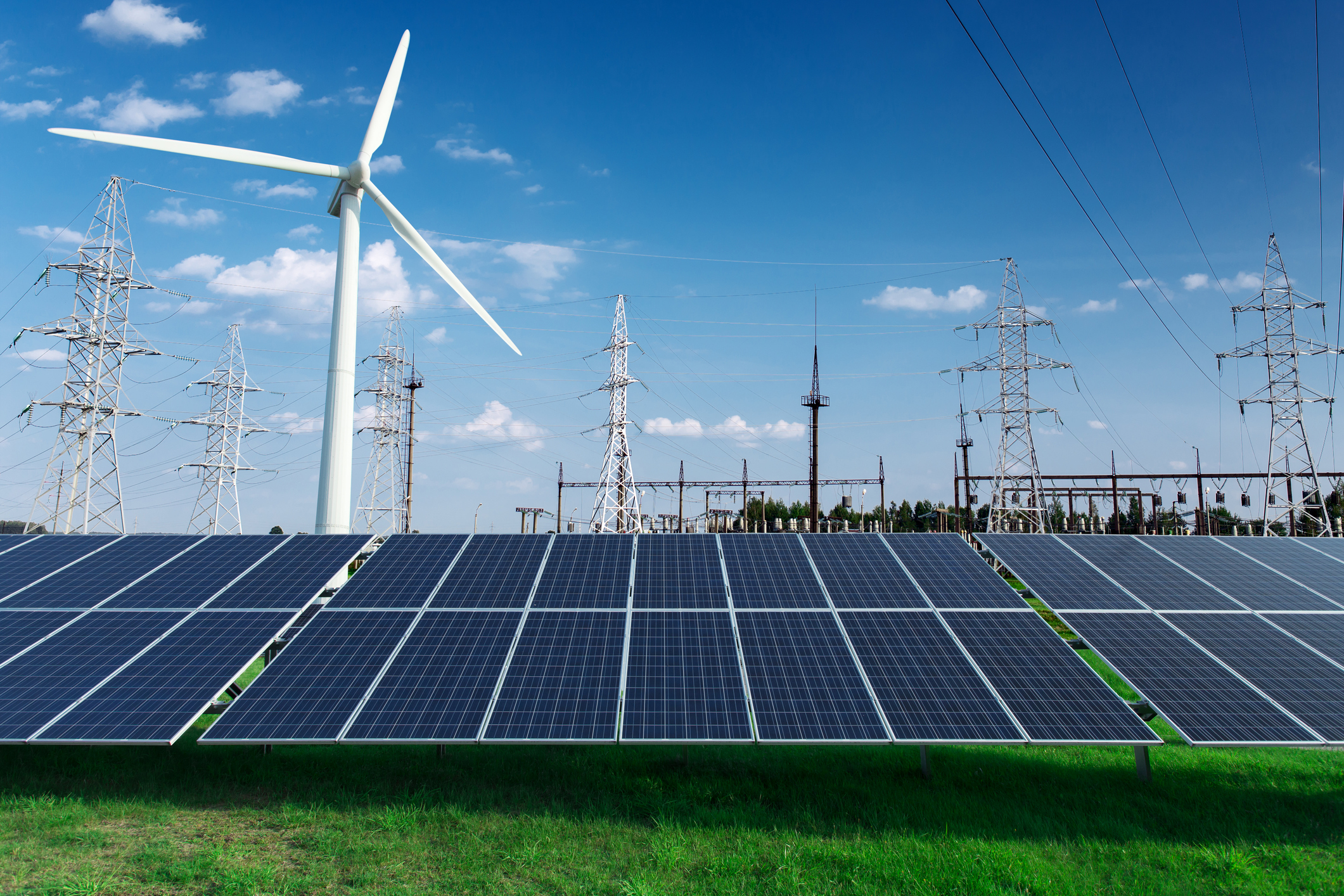
TRC Digital and Enbala can help utilities monitor, control and optimize distributed energy resources
April 17, 2020
Distributed energy resources (DERs) are changing the way utilities think about power generation and energy flow. TRC and Enbala can offer utilities a multi-layered solution that highlights the strengths of each company.
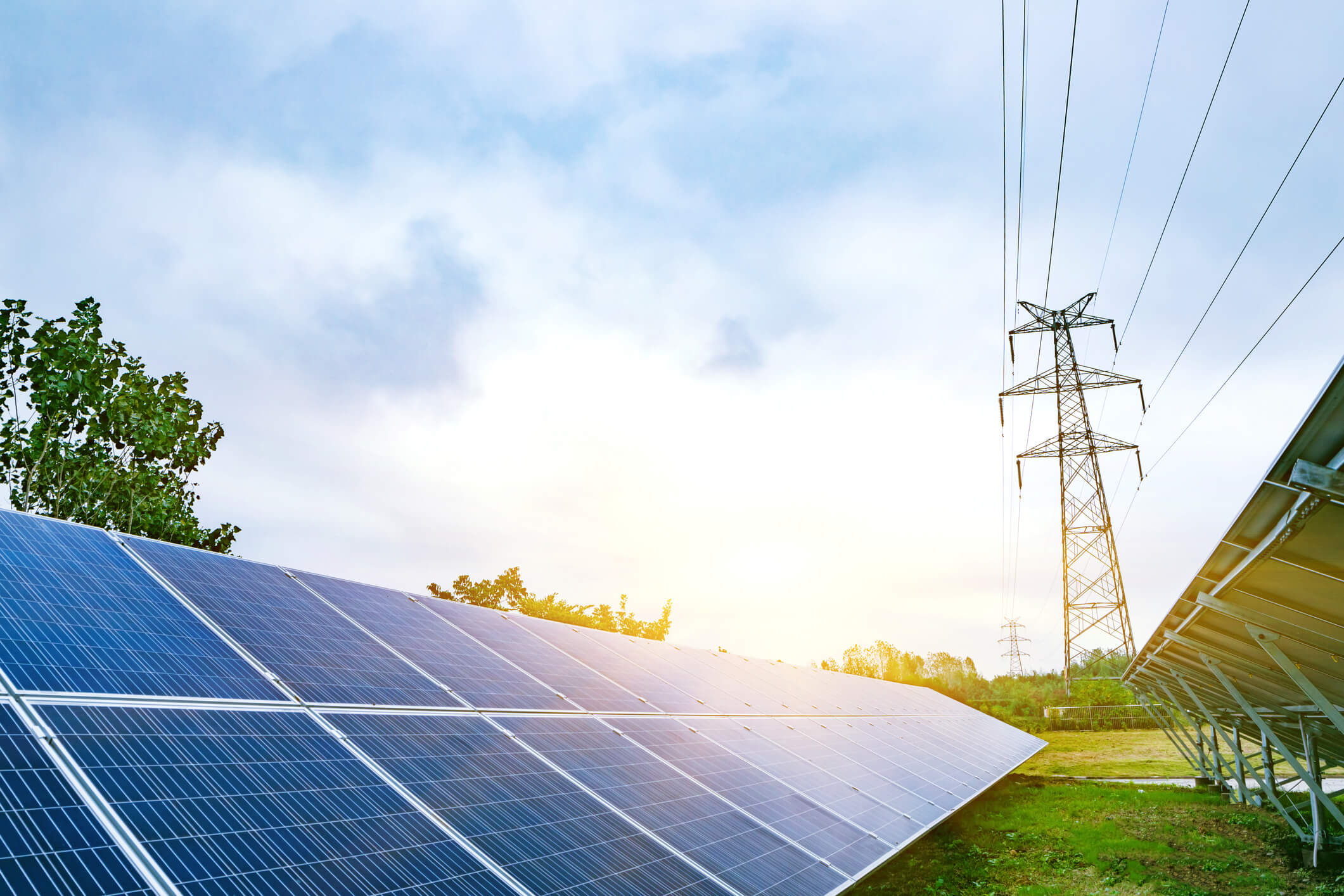
NERC to Modify Standard and Develop Compliance Guidance to Accommodate Inverter-Based Generation Technologies
February 20, 2019
Renewable energy systems have dramatically changed the power generation resource mix. These new generation technologies no longer involve directly coupled rotating generators which were once standard in the industry. Now, inverters that change Direct Current (DC) electricity to the Alternating Current (AC) electricity suitable for delivery via AC transmission systems are becoming more prevalent, raising reliability…
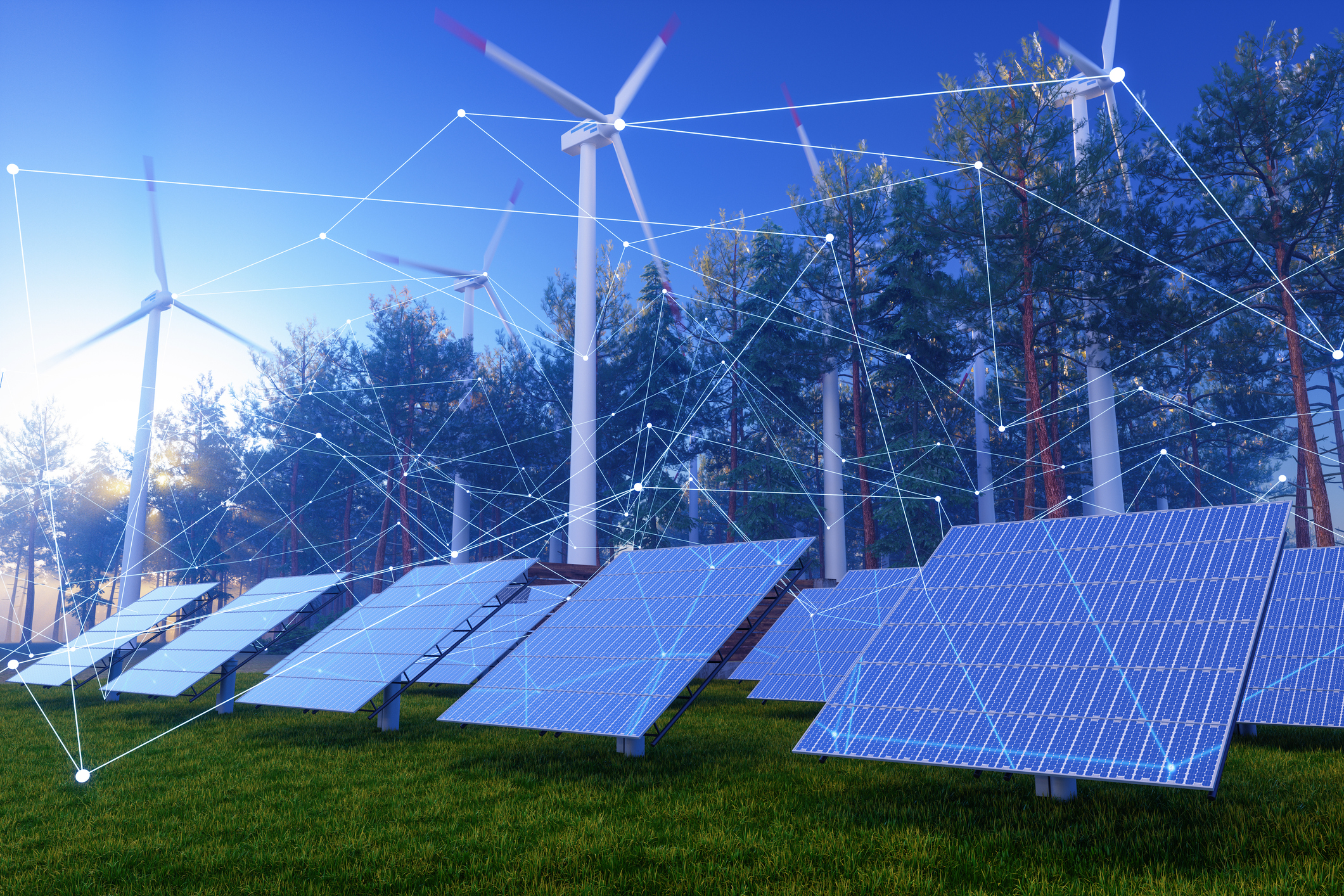
TRC’s 2018 Predictions: Infrastructure Initiatives Intensify, Grids Get Smarter and Renewables Remain All the Rage
December 13, 2017
LOWELL, Mass. – TRC Companies Inc., a leader in engineering, environmental consulting and construction-management services, today released its top predictions for 2018, which include federal and state governments pumping trillions into the nation’s aging infrastructure and utilities building smarter, more balanced grids.
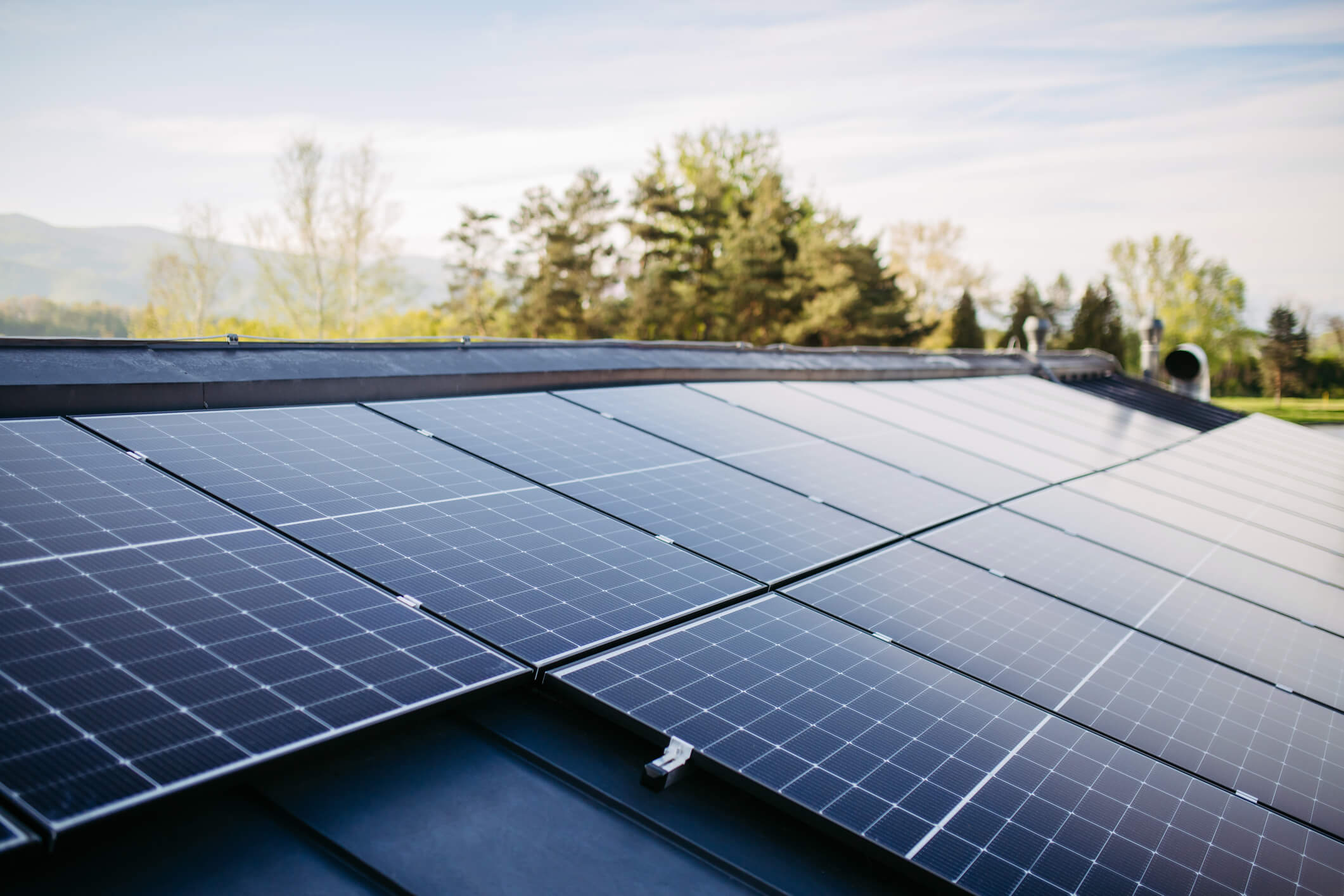
NERC Identifies New Reliability Risk due to Utility Scale Solar Generation Inverter Design
June 13, 2017
NERC has released a report documenting its findings and recommendations related to reliability risks from utility scale solar generation projects with implications for PRC-024 compliance, as well as generation, interconnection and protection system technologies.
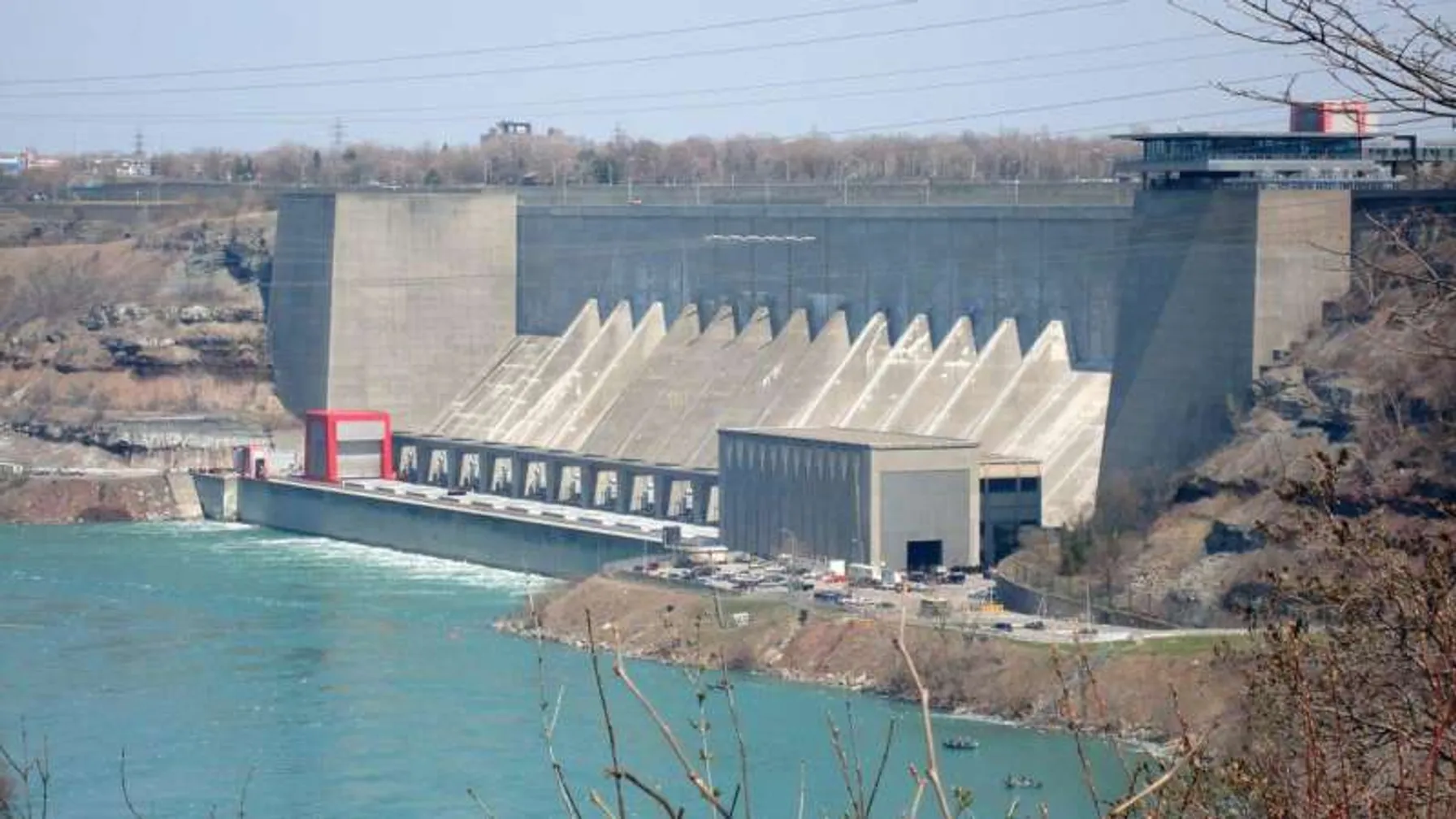
Seeking a new FERC license for your hydroelectric project? Here are the 2 key questions to ask.
March 22, 2017
Across the U.S., Department of Energy data show that some 2,200 hydroelectric projects produce more than 6 percent of all the electricity we consume, which amounts to more than one-third of all power generated in 2015 from renewable sources. Operations of many existing hydroelectric projects are governed by 30- to 50-year licenses issued by the…

Successful Interconnection of Utility Scale Solar Projects – Strategies to Stay on Schedule and on Budget
November 2, 2016
Growth in solar power creates challenges for both project proponents and utilities. TRC has reviewed hundreds of interconnection applications for utility partners, and we’ve learned important strategies for reducing the time and costs associated with interconnecting projects 1 megawatt or greater.
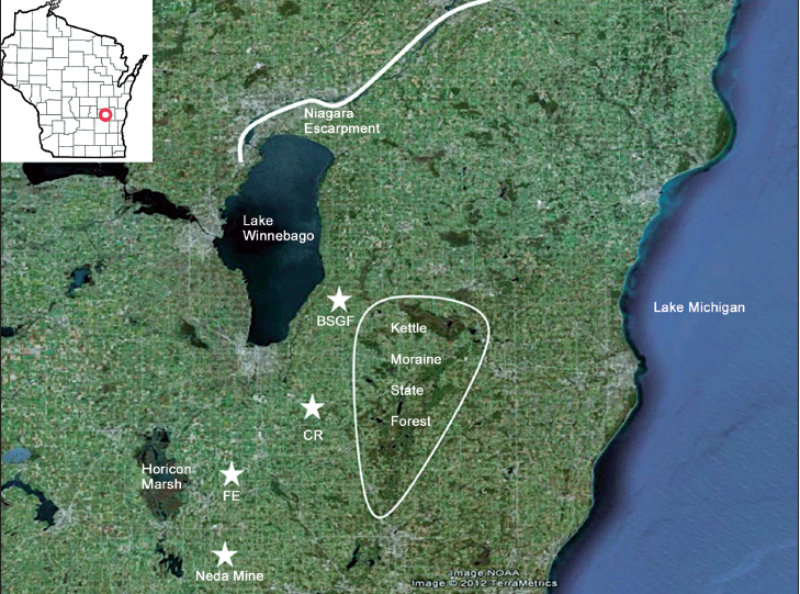
Regional analysis of wind turbine-caused bat mortality
July 30, 2015
Wind energy has been the fastest-growing renewable energy source in the world. Studies have estimated bat fatalities at wind facilities, but direct comparisons of results is difficult and can be misleading due to numerous differences in protocols and methods used. We had a unique opportunity to compare fatality estimates from three wind facilities in southeastern


